Summer has arrived in Florence but this year is like none before.
Normally my daily routine this late in June is to wake up far earlier than I normally would in order take Ginger the beagle out for a walk in the city centre before the heat starts to make walks less pleasurable for us both with the added bonus of enjoying the city to myself before it gives itself to throngs of tourists. This year as we all know is very, very different as the coronavirus pandemic has literally taken over the globe.
Except for the odd weekend when locals come to rediscover their city from the suburbs, it otherwise remains quiet, slower, like the Florence so many people have loved to tell me over the years that used to exist. There are rarely lines in front of museums and no groups between the Duomo cathedral and the baptistery taking selfies or following their tour leader to the city’s next attraction.
Of course the feeling of being in a calm Florence comes with a (high) cost.
Many business owners are struggling to survive and are still waiting for state-backed bank loans. Meanwhile, thousands of workers are yet to receive payments owed as part of the Cassa Integrazione and invoices for many of the country’s self-employed remain unpaid. Yes there was the 600€ bonus which I received as well as a Partita Iva holder but then just a few week’s later I had to pay it back and then some as an IVA/INPS payment arrived. Everyone I know is affected in one way or another and asking someone “how are you” results quite often in a sigh and a shrug.
As for the question whether Italy has reopened, yes, but not to everyone.
From writer Tamara Thiessen for Forbes:
After four months of travel bans, Europe will soon officially be open to visitors from at least 14 countries. Not the U.S. Nor Brazil and Russia. But Australia, Canada, Japan and South Korea yes.
After much debate, particularly over criteria for inclusion, the final list of approved countries should be revealed early this week. EU officials wrangled again on Friday over which countries will make it on to the list, and those who will not.
According to Le Monde this resulted in a list of 14 countries who’ll get the green light to Europe travel from July 1. The list is to be reviewed every fortnight, as Europe’s international tourism comeback gradually unfurls. No doubt it will steadily be expanded upon.
There is plenty of talk in town in regards to what the future will be like in Florence and more importantly how to strike a healthier balance for life in the city for locals as well as visitors. Last year we spoke about sustainable travel and limiting the impact of mass tourism in Italy’s busiest cities while now it is almost impossible to imagine life even a few months ago, much less a year or two. Slow tourism we’re looking at you to be the “new normal” moving forward.
How do we get people to stay longer, more sustainably, and encourage them to go out of their way to support local artisans and businesses explore smaller museums and also make it a city where residents are happy as well. Not pushed out of the local rental market, for example, or having to rely on precarious employment that doesn’t provide enough to survive.
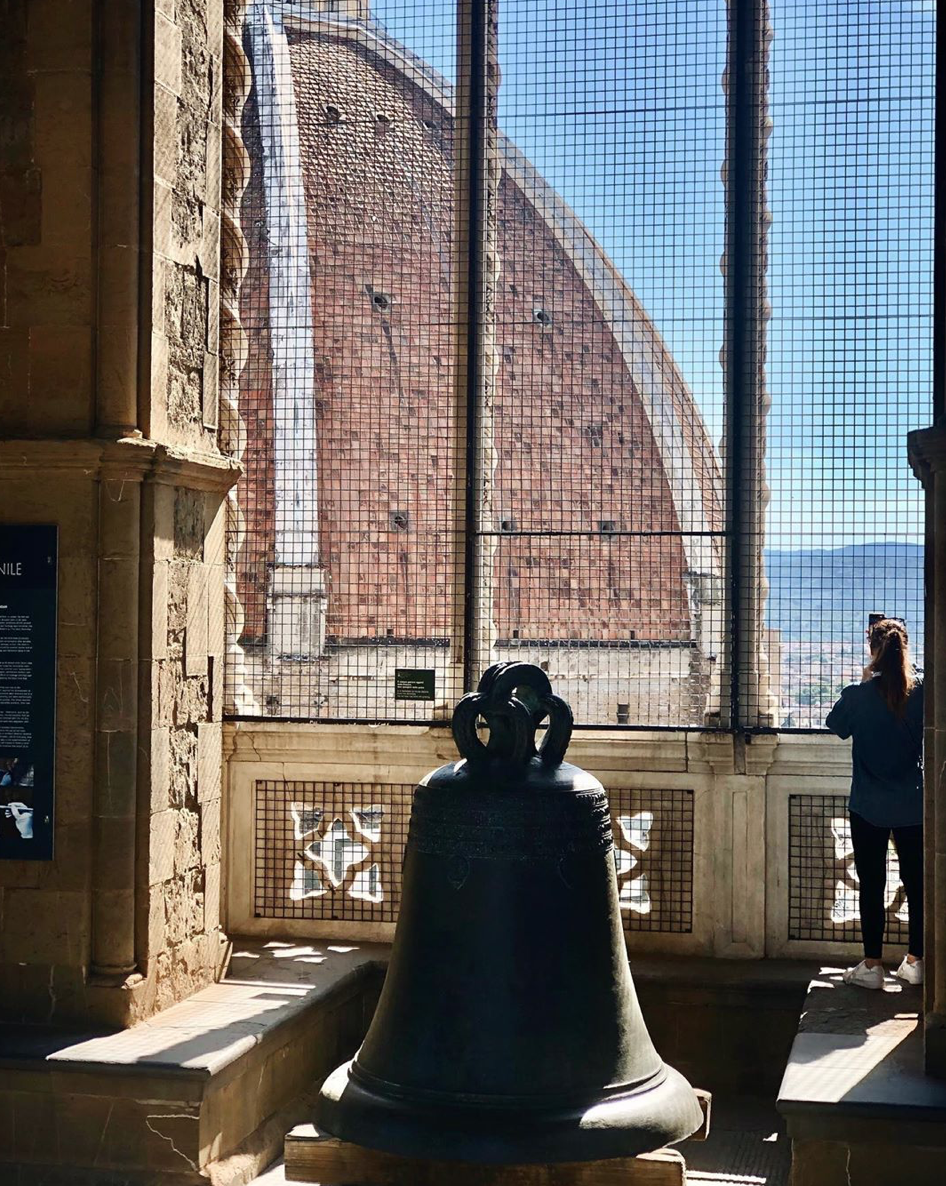
Want to talk about the future of Florence and what’s next?
Simon from the British Institute of Florence has decided to host a “Firenze Now!” special panel discussion about the future of Florence and ask “what’s next” this Wednesday, July 1st, at 6pm on Zoom.
As per the theme: in a major speech at the end of May, Dario Nardella, the Mayor of Florence set out a vision for the socio-economic reconstruction of Florence following the devastation of the COVID-19 crisis:
The challenge is to embrace this moment as an opportunity…to devise and create a new model of social and economic development for the city, which holds together its more traditional vocations of culture, art, tourism, industry and manufacturing with renewed functions as a smart city, whereby artisan workshops, biotechnology, modern enterprises, infrastructure connecting and supporting businesses, research and professional training centres, selected tourism and high technology can co-exist and fuel one another… The Florence of the future must be more intelligent, inclusive and greener.
Four local internationalists discuss what this challenge means for the city and how it can be constructed
- John Hooper, Italy correspondent for The Economist
- (me) Georgette Jupe, editor and blogger Girl in Florence
- Morgan Fiume, digital entrepreneur
- Marco del Panta, Special Adviser to the Mayor for International Affairs and Higher Education
The Chair is Simon Gammell, British Institute of Florence. Audience interaction is very much encouraged, as we explore the ways to build a better Florence for everyone. Please come prepared with your questions and thoughts on these issues and feel free to comment on this post here as well. I, for one, am curious!
Register here to participate:
https://us02web.zoom.us/webinar/register/WN_wikddzpRSRuqXKFdUjnOKA
Firenze NOW! will run as a Zoom Webinar for the first 100 participants; others can join via a live stream on Facebook, and participate through the comments chat.
We request that you make a donation (however much is comfortable for you) if you wish to participate in this Webinar. Your donations will help keep the Institute afloat at this difficult time; and we will give 50% of the money we receive to Firenze per Firenze who are raising funds to support the most vulnerable people in Florence as the devastating social and economic impact of the COVID-19 crisis kicks in
Donate here: https://www.justgiving.com/campaign/BIforFlorence
Thank you for your support.
Firenze NOW! is presented by the British Institute of Florence in association with The Florentine.
Cover photo credit: Francesco Spighi Photography.

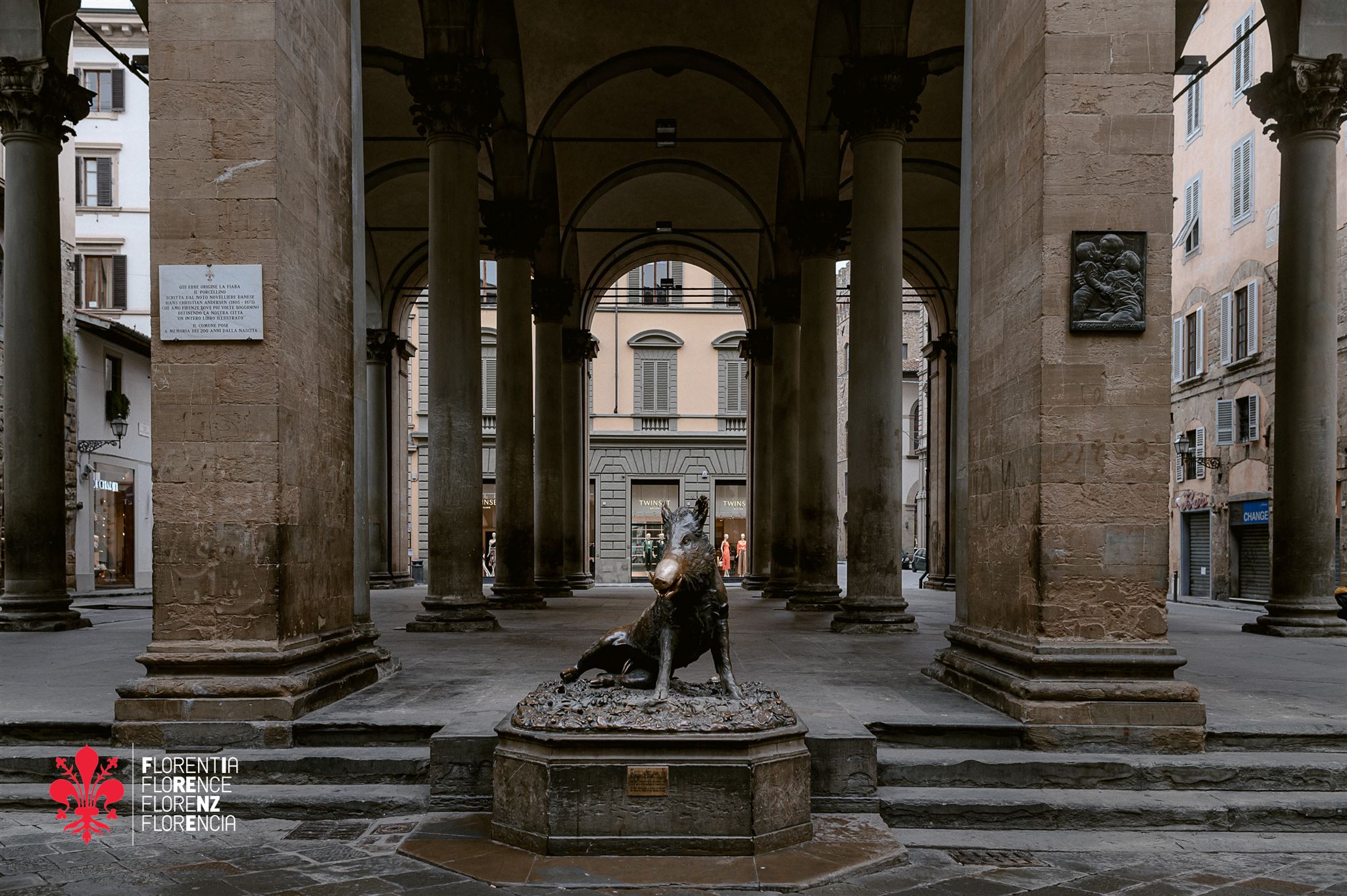
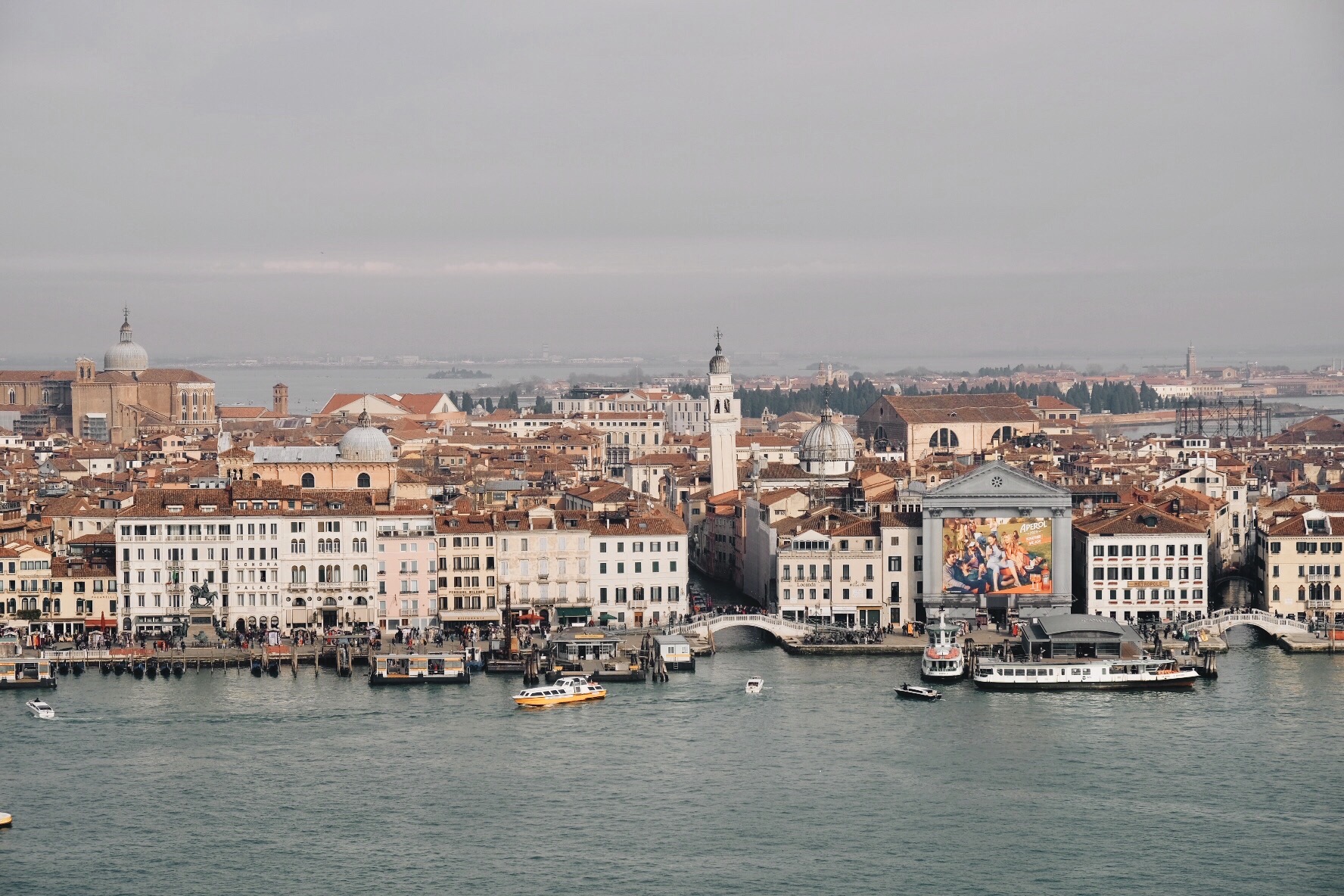
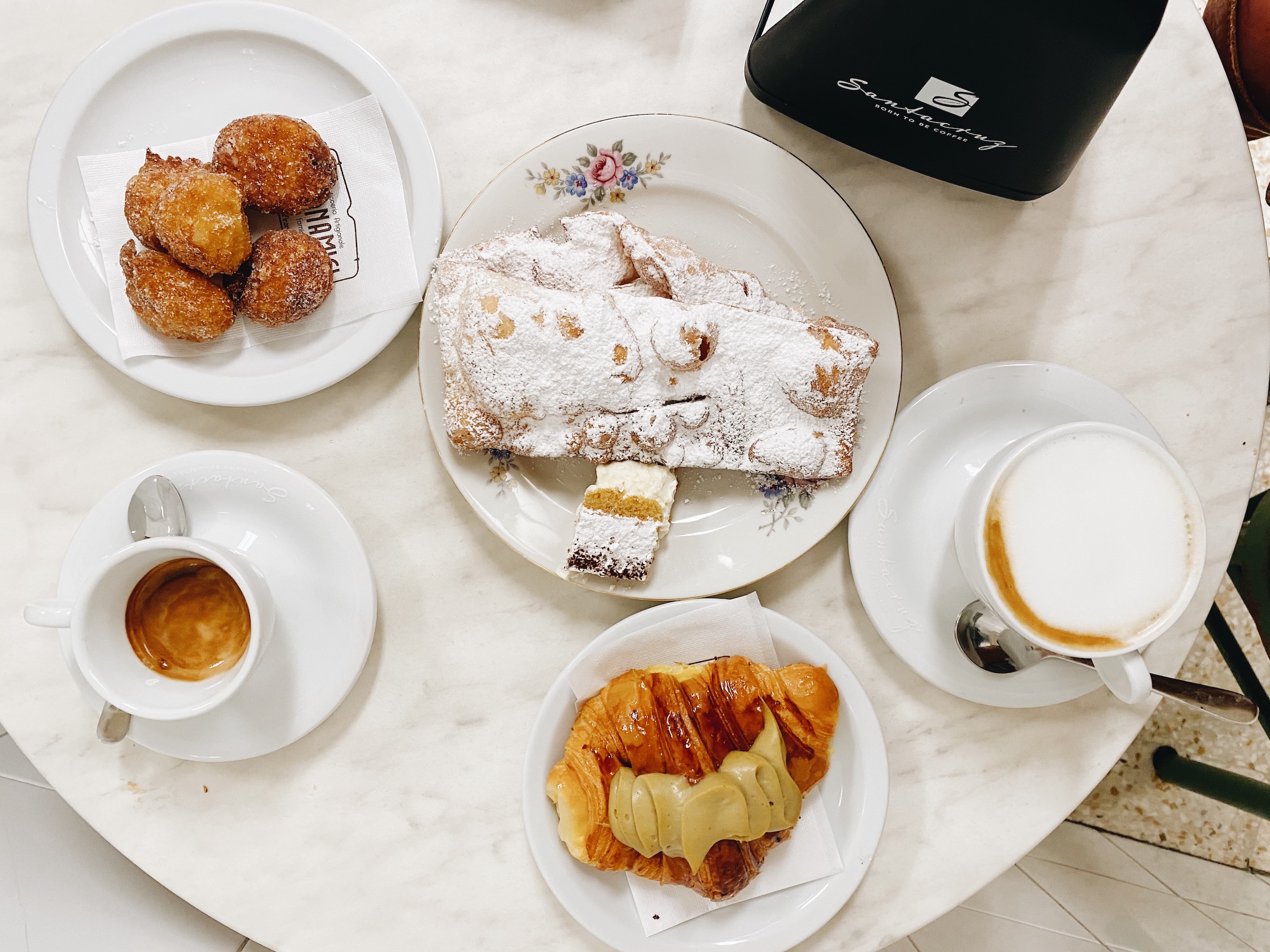
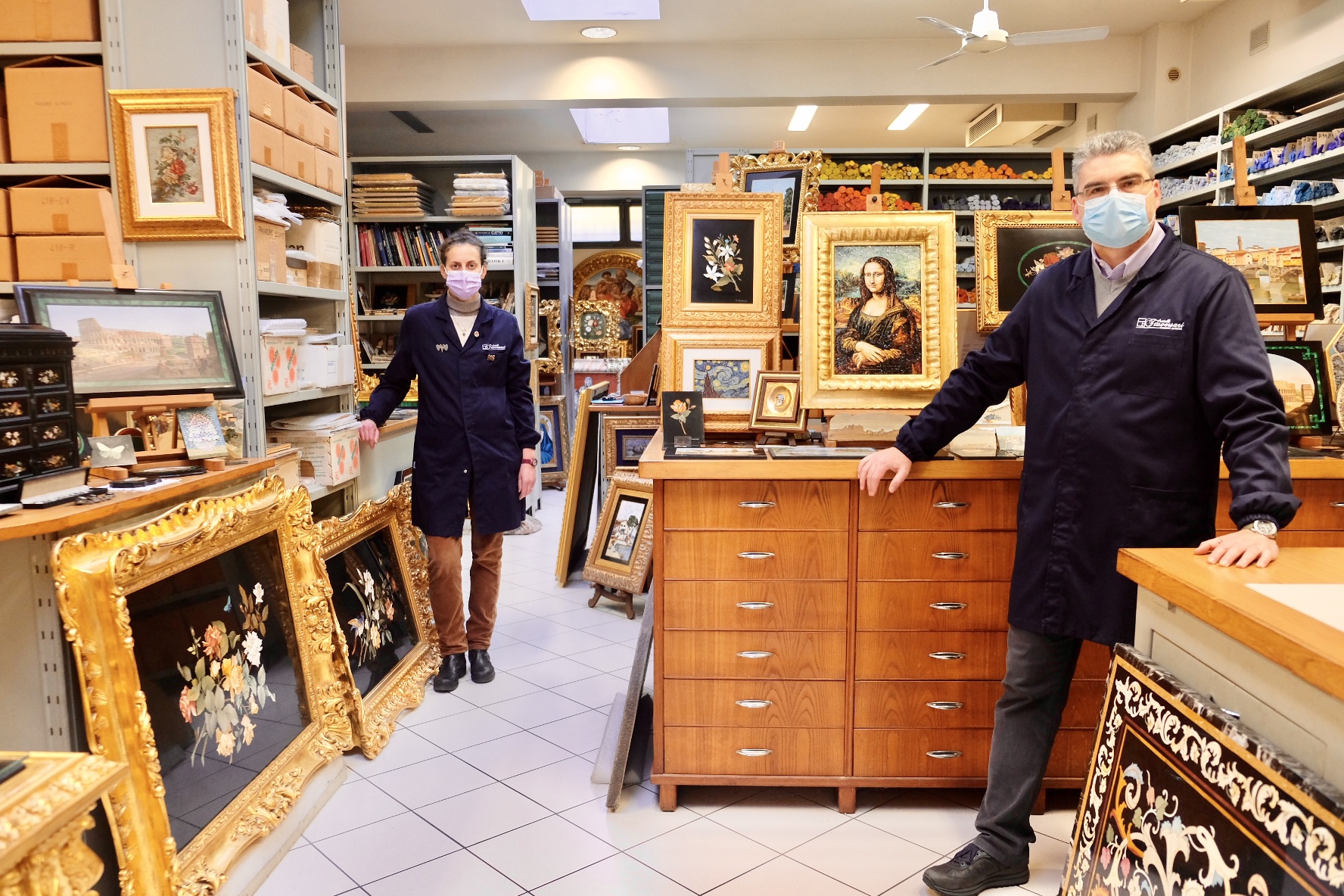

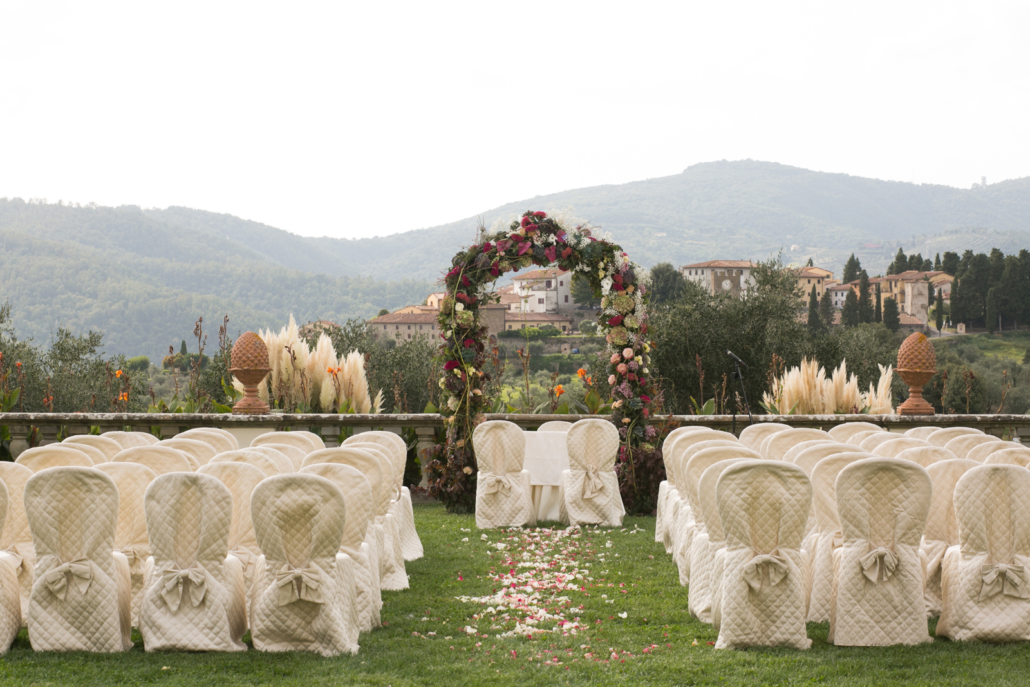
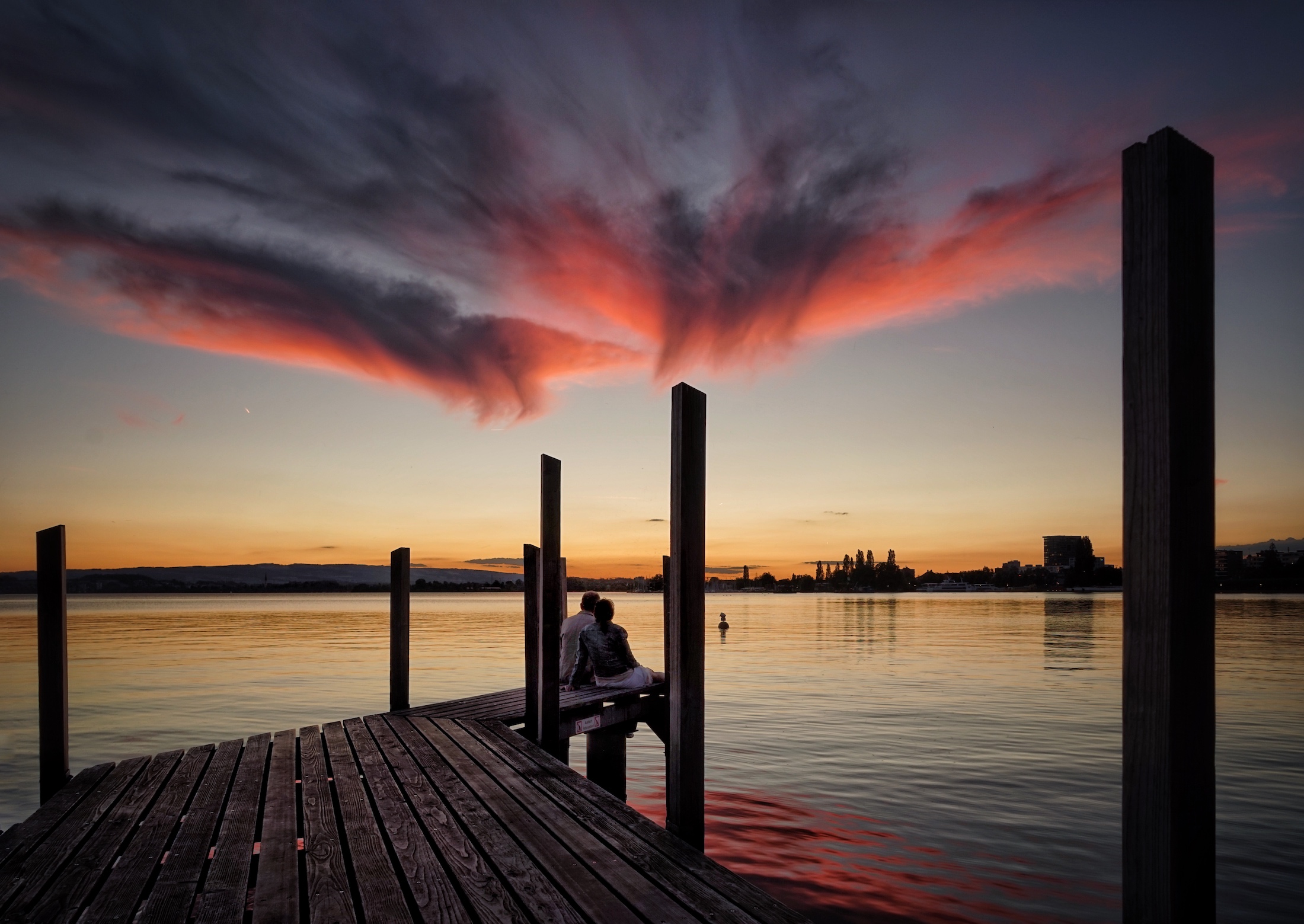


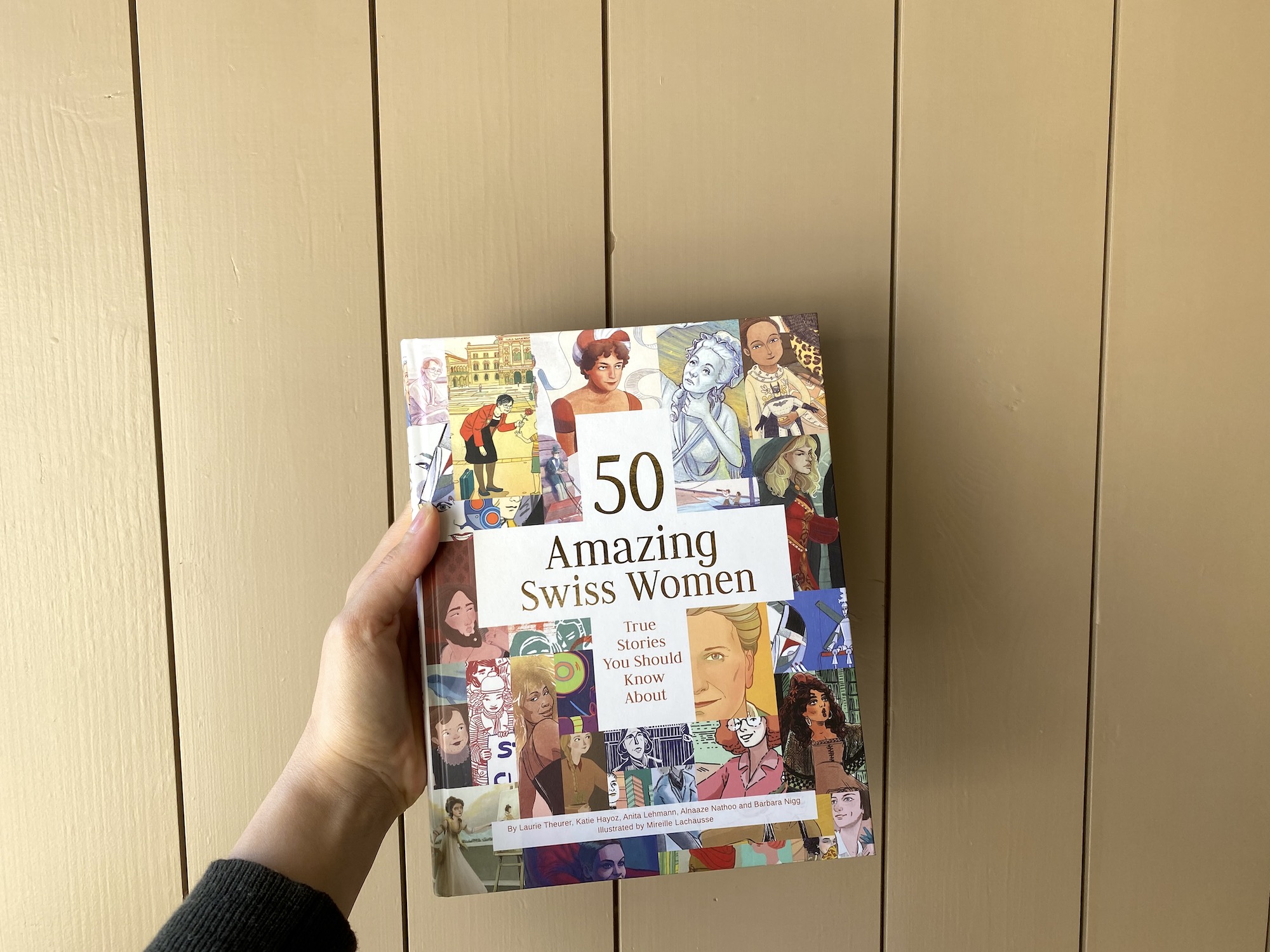

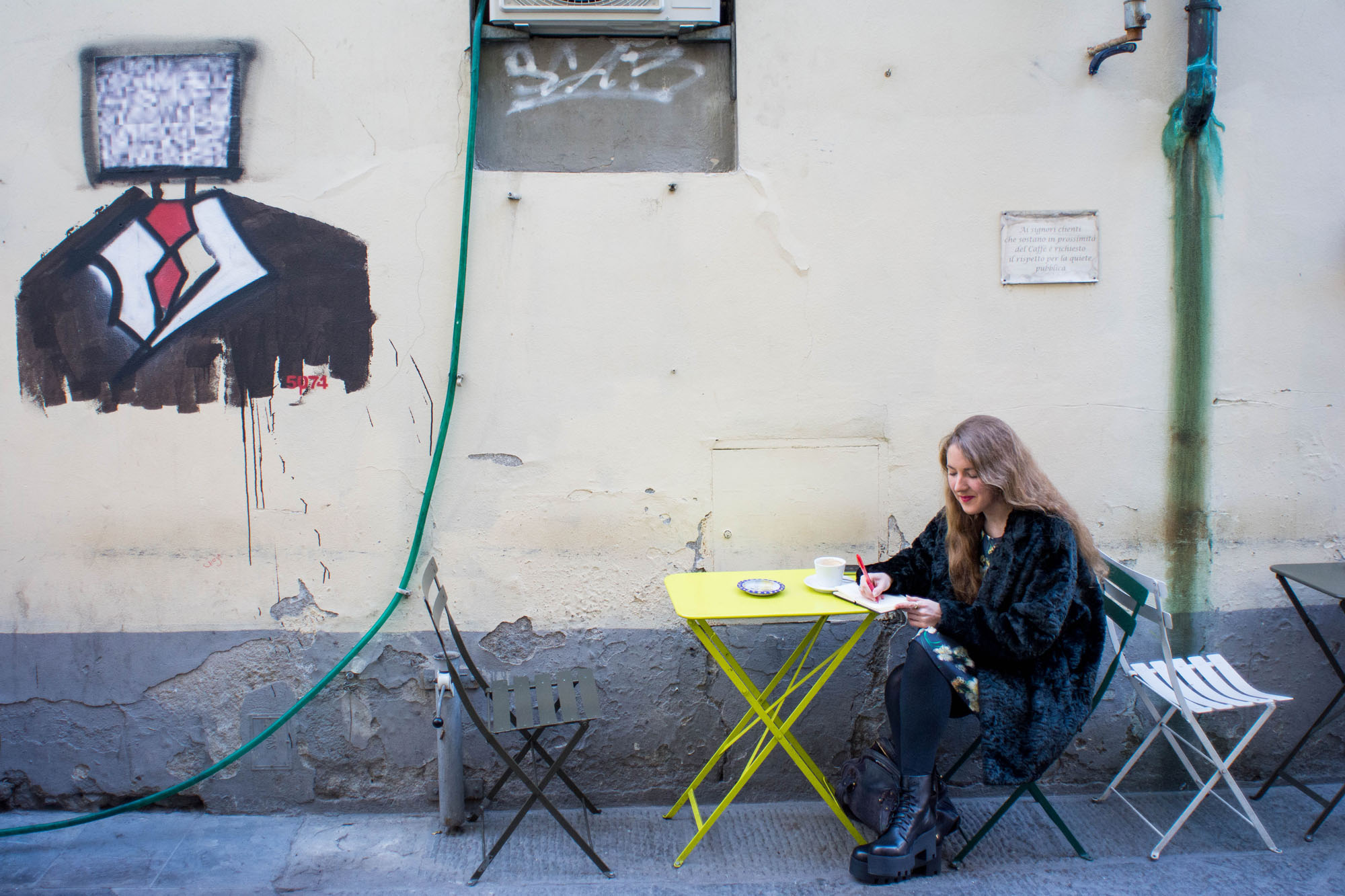
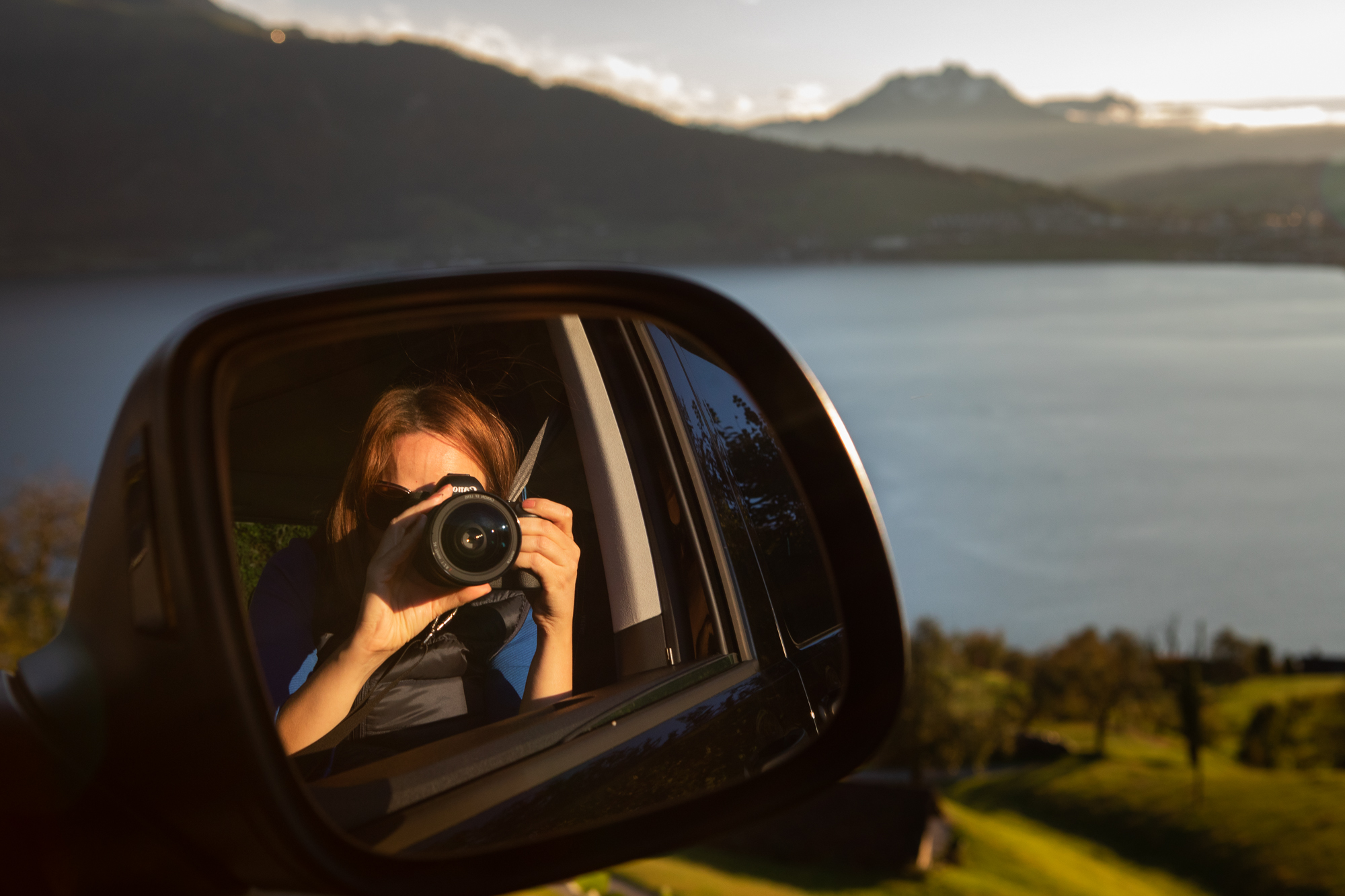
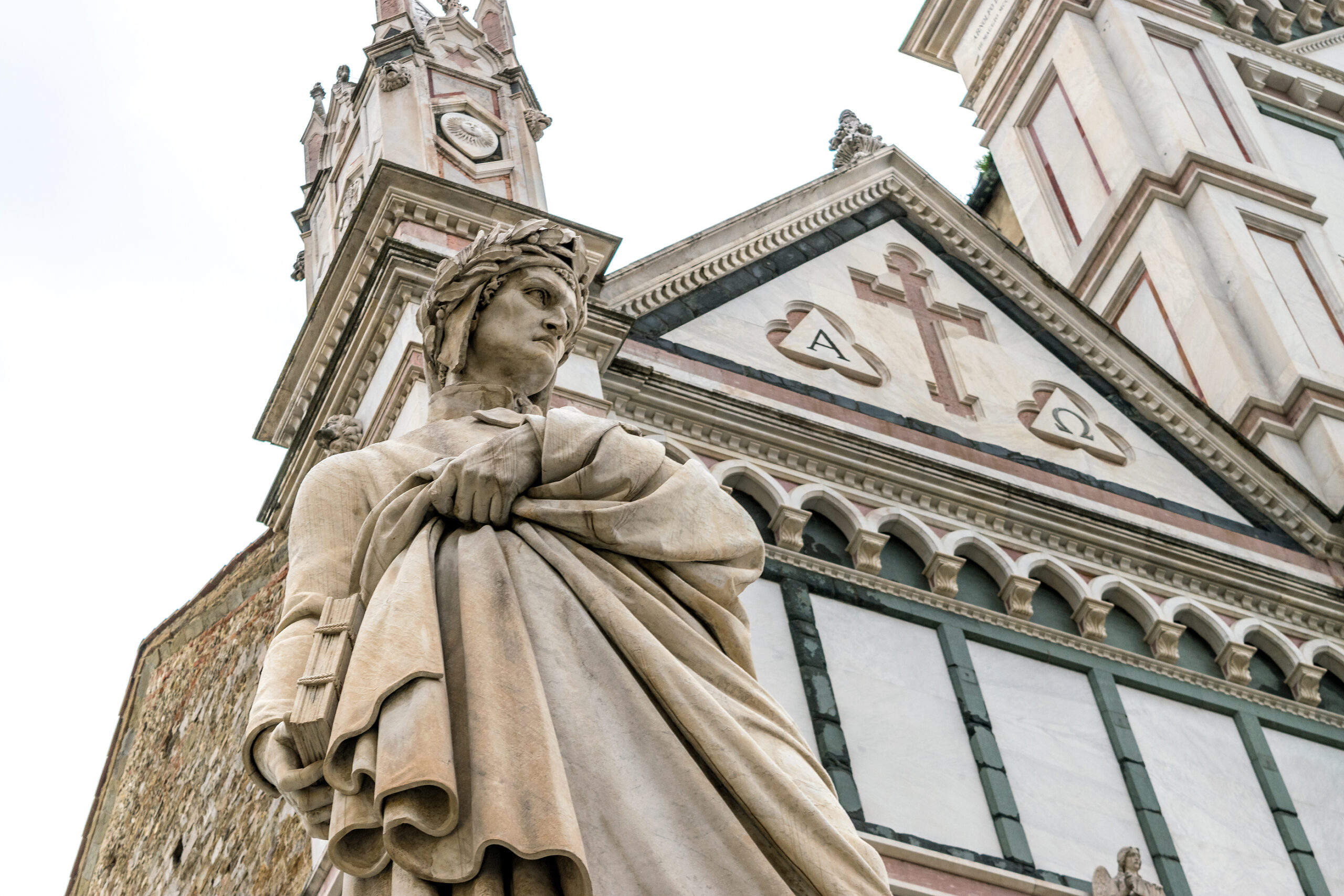
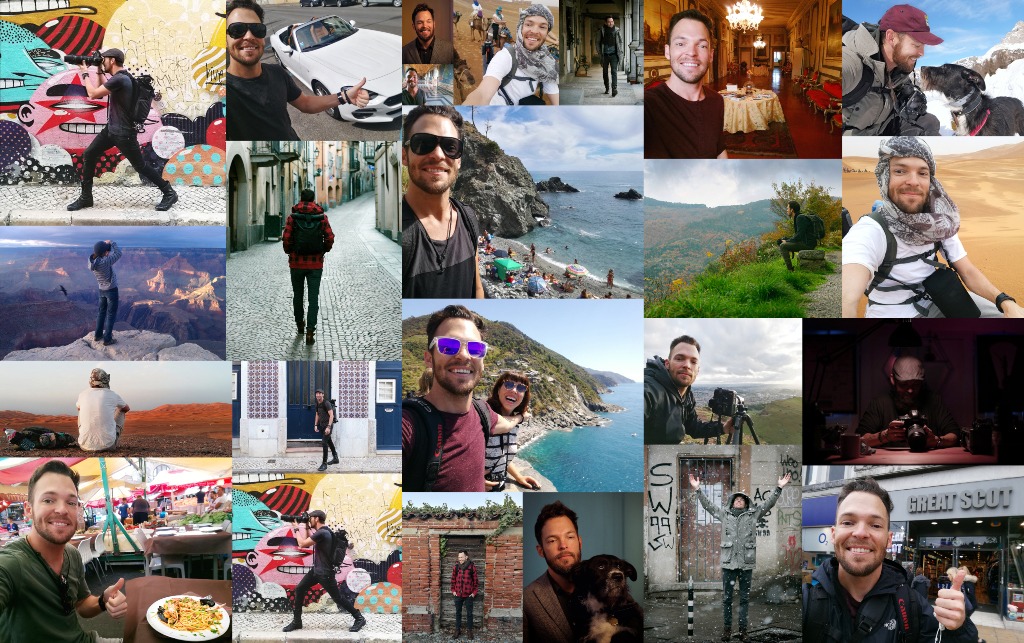
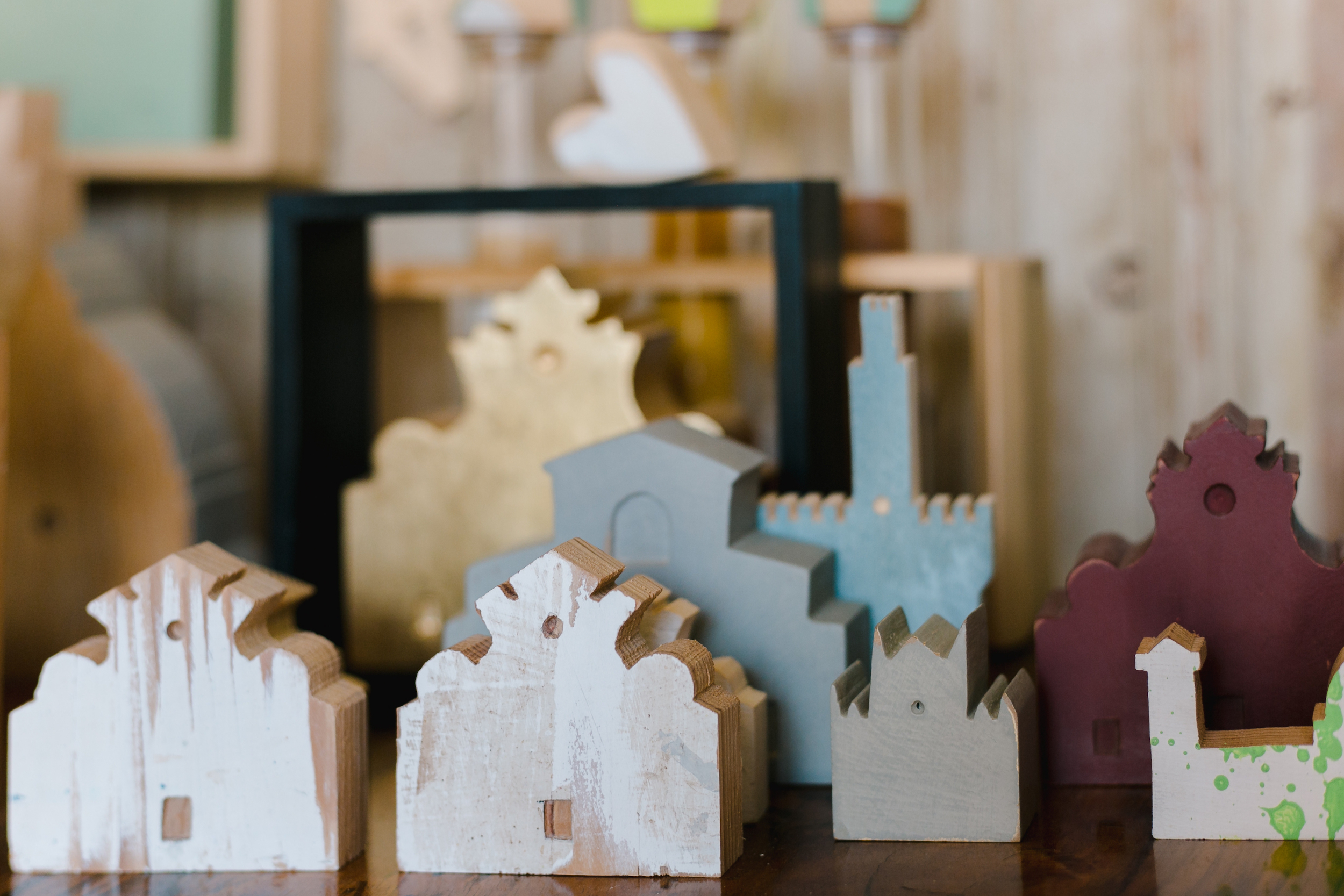
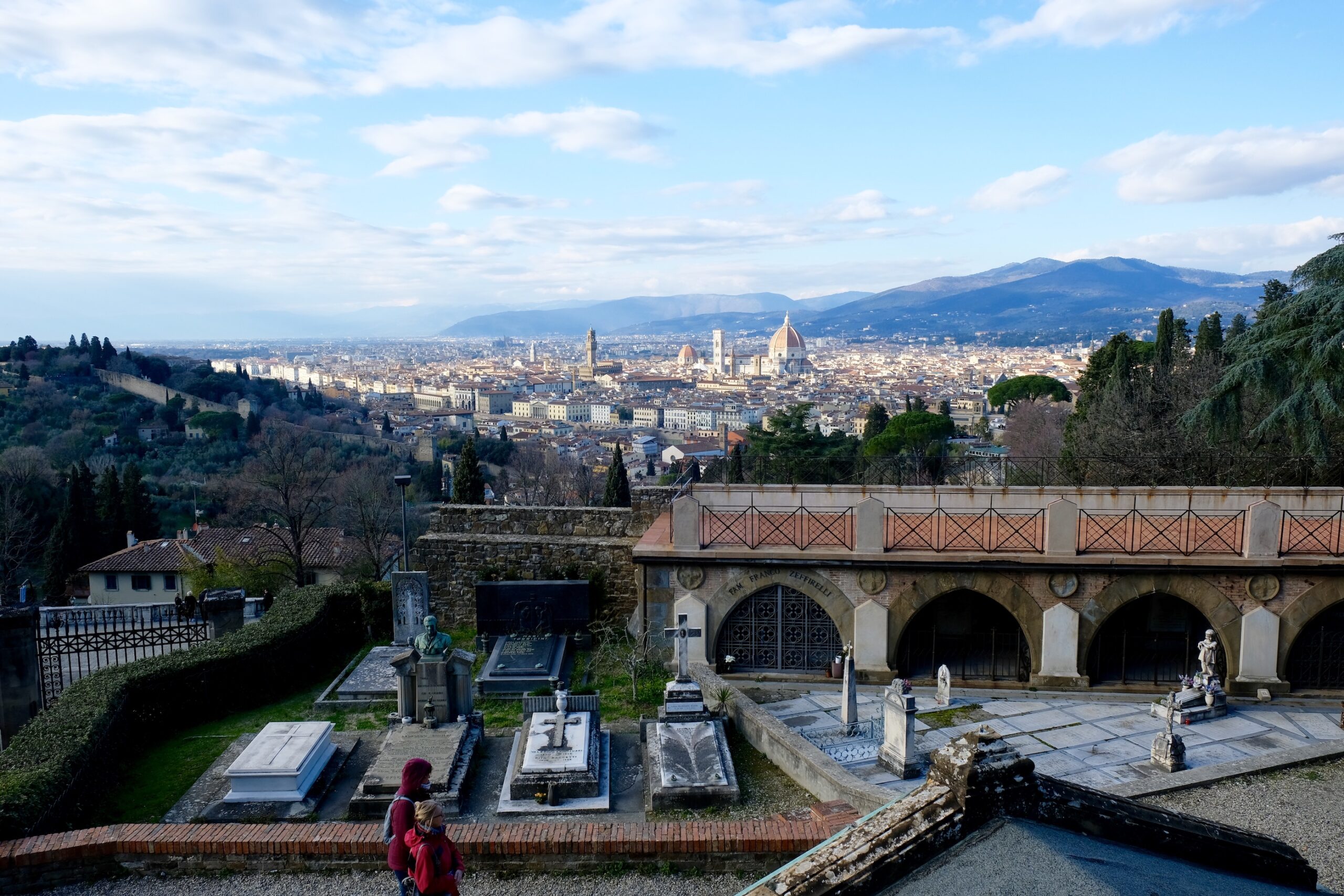

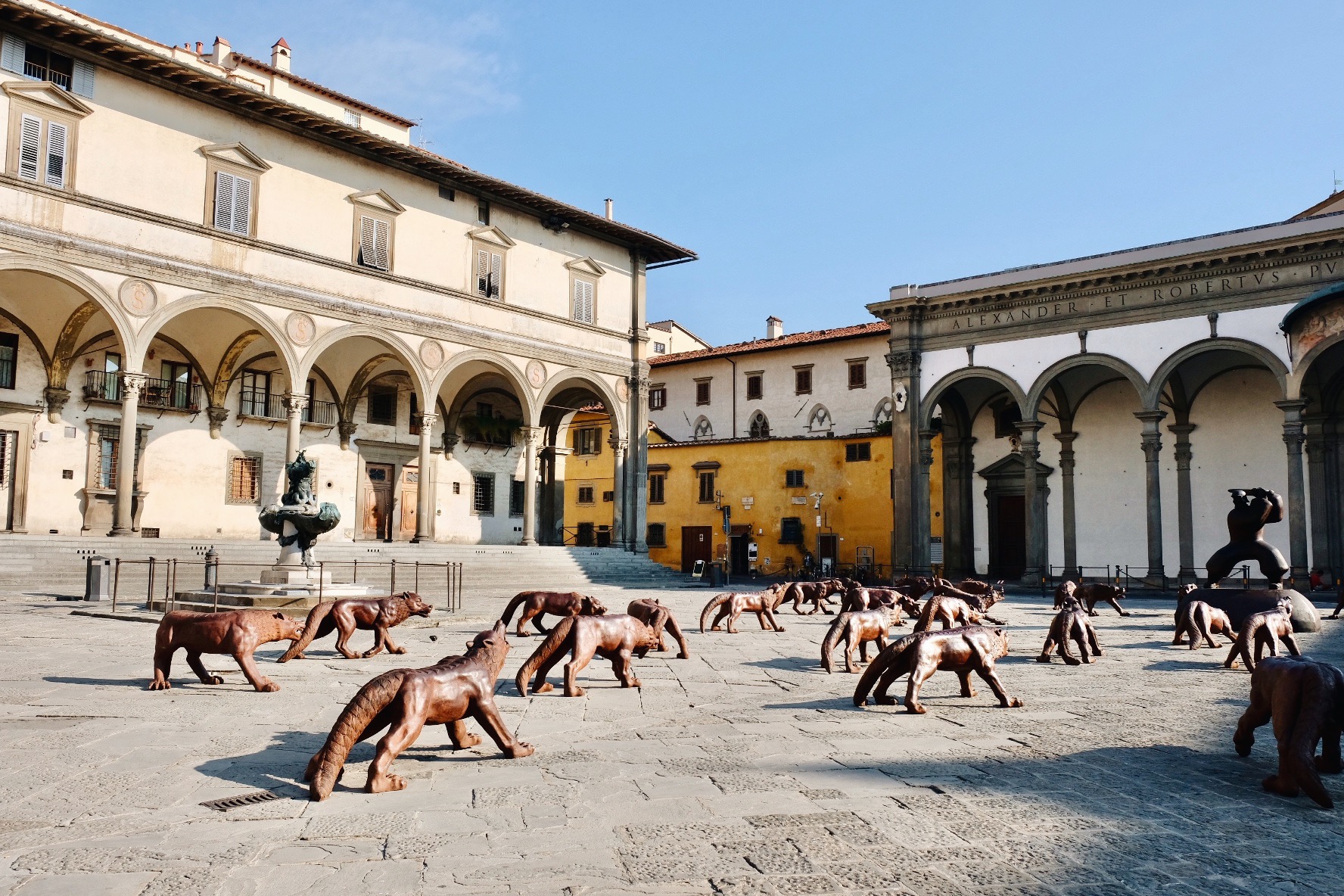

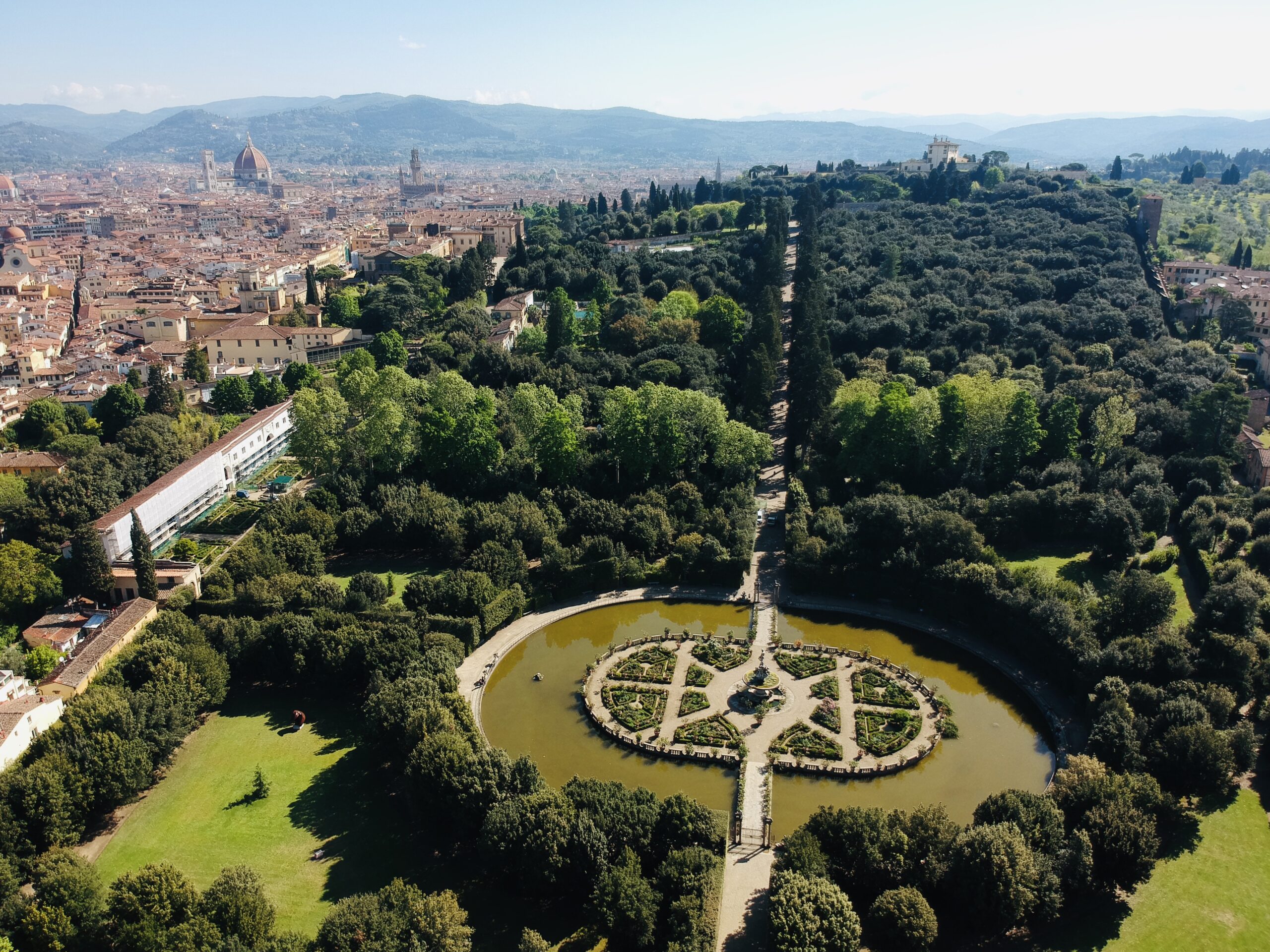
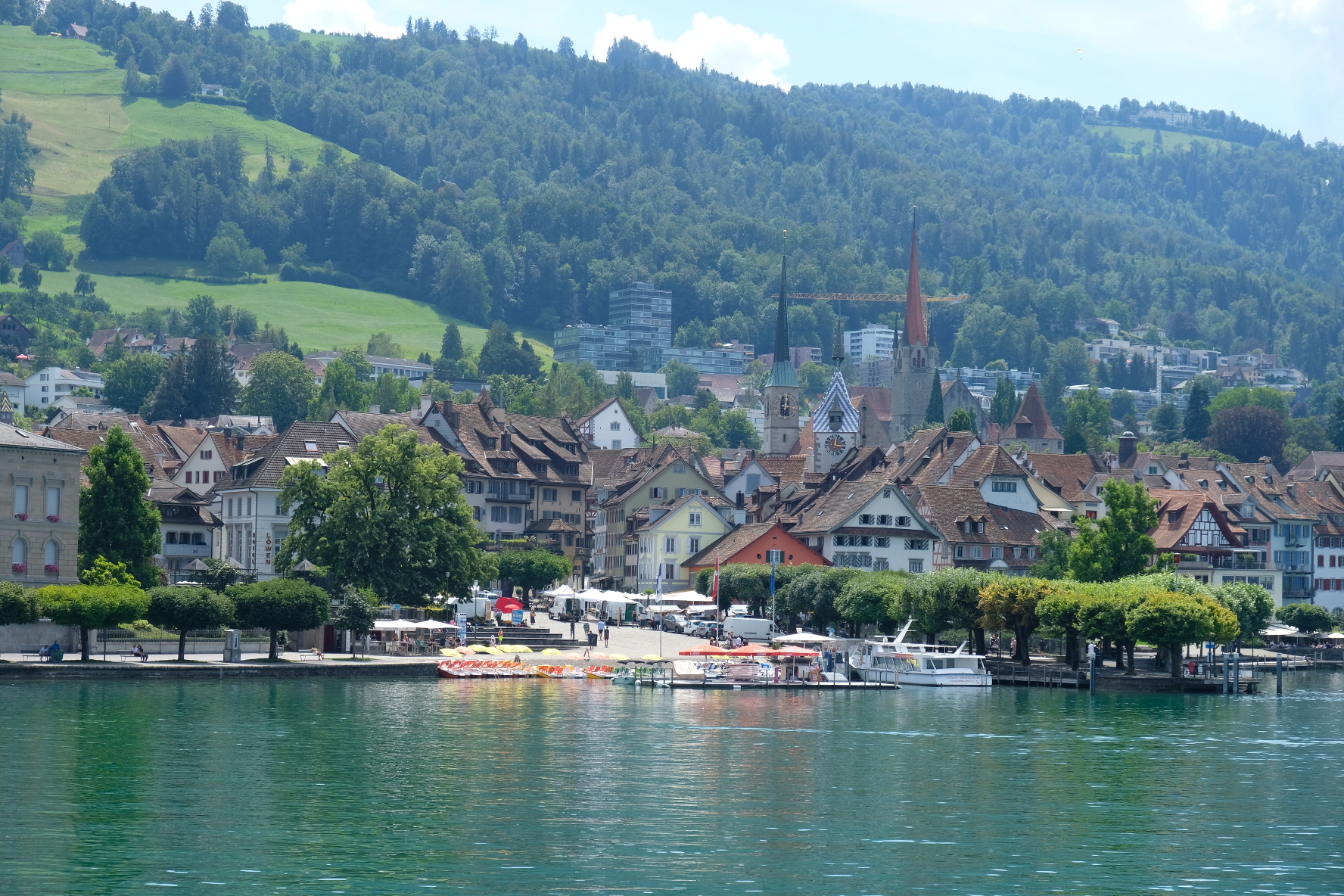
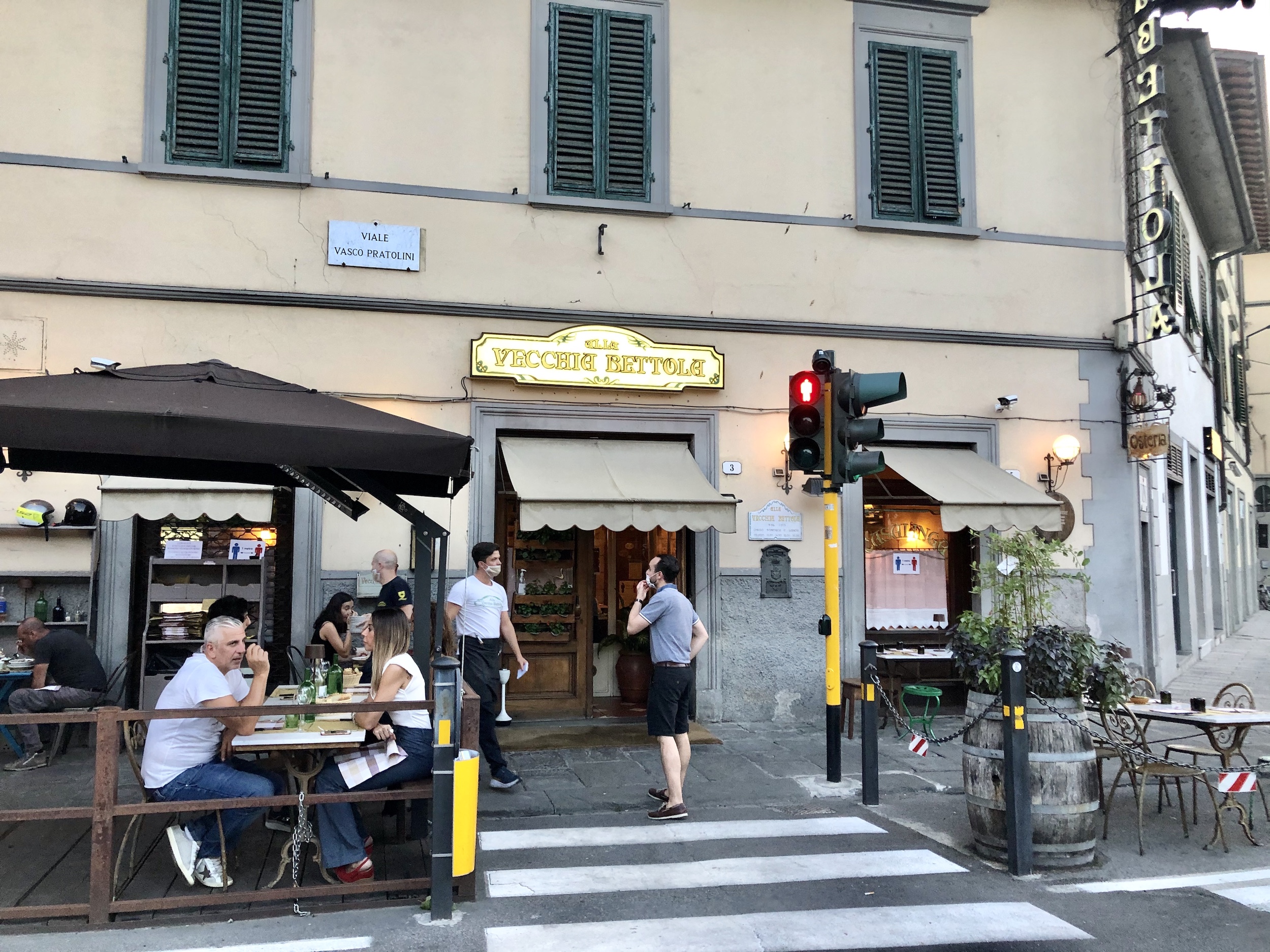
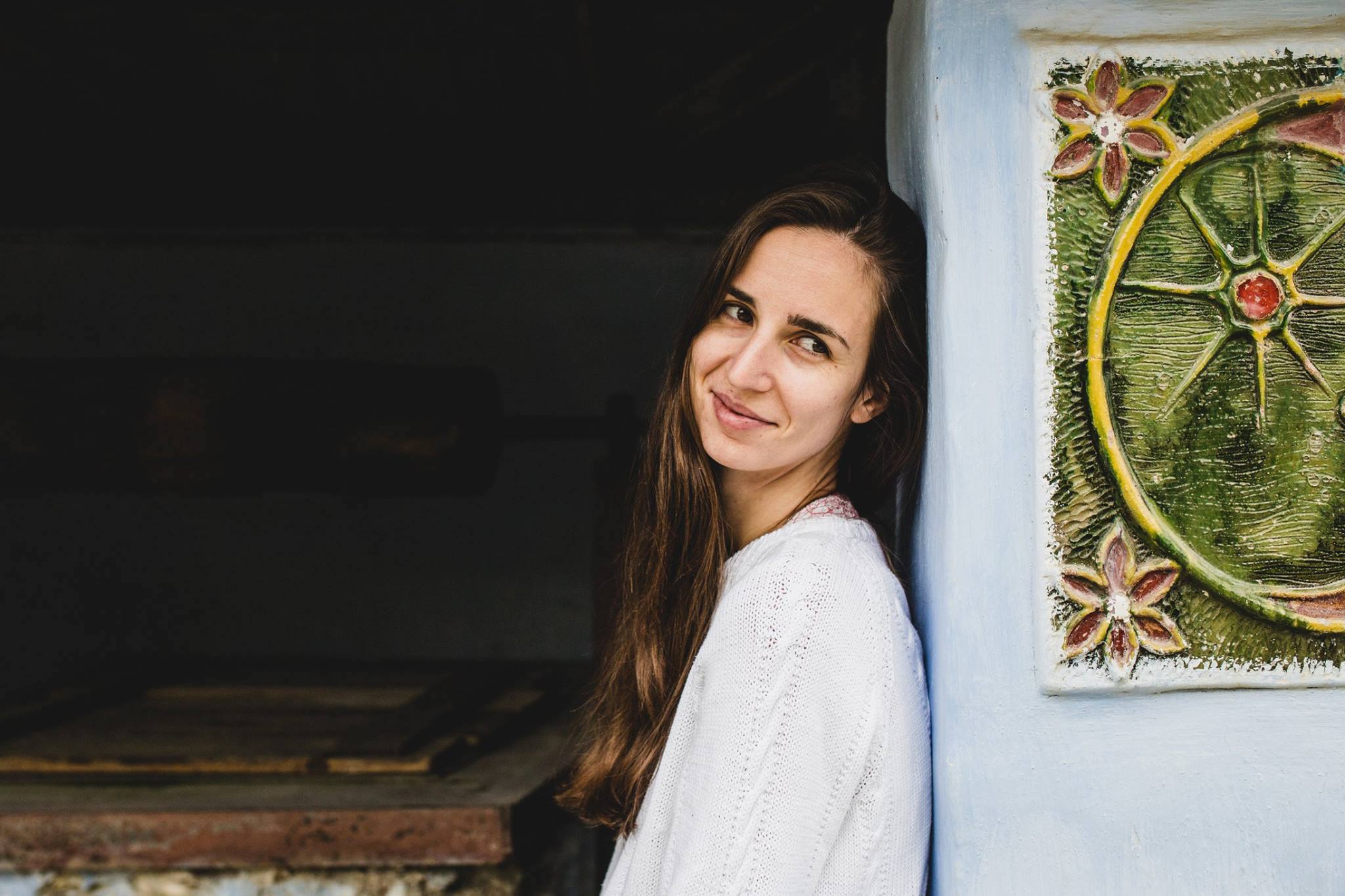
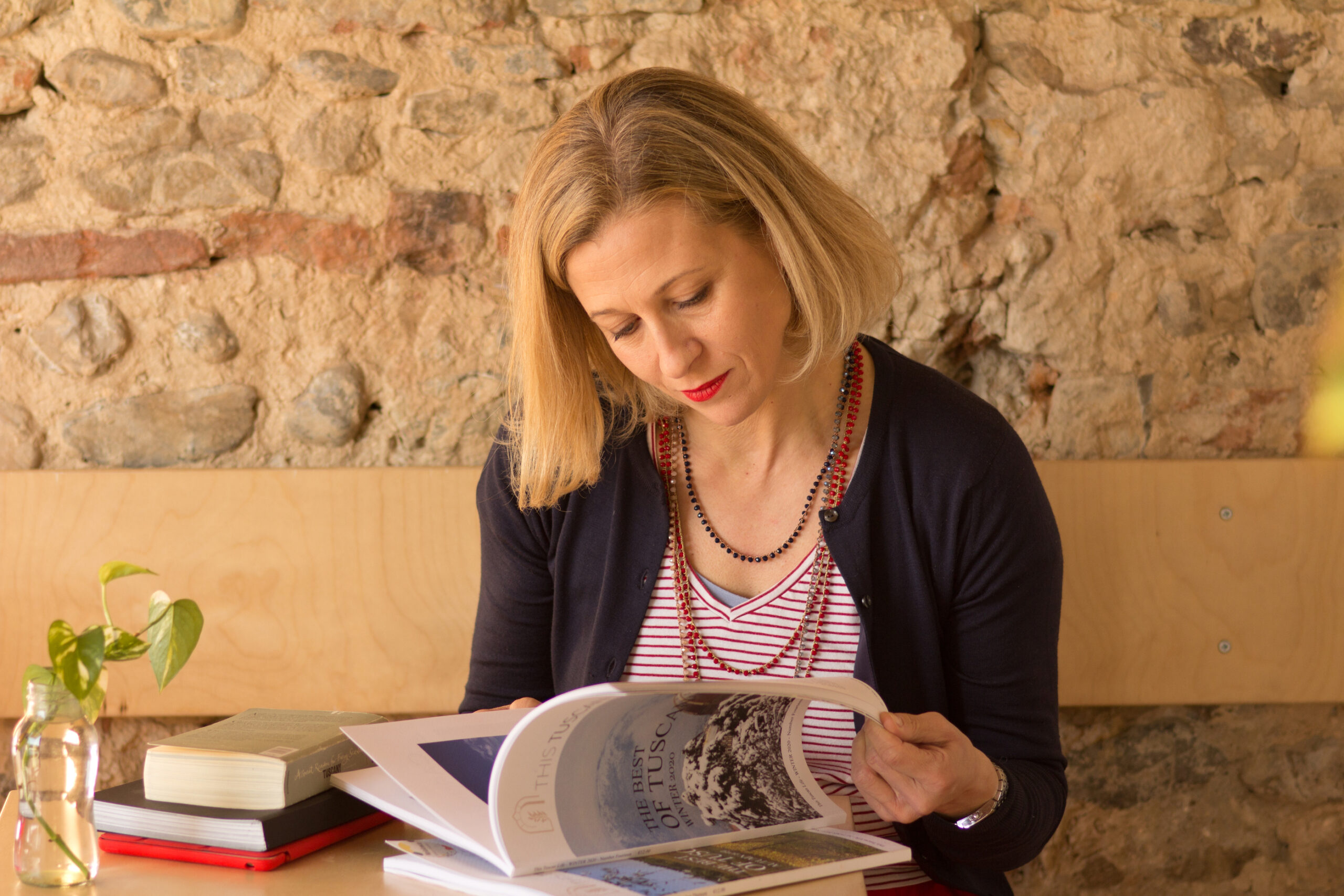
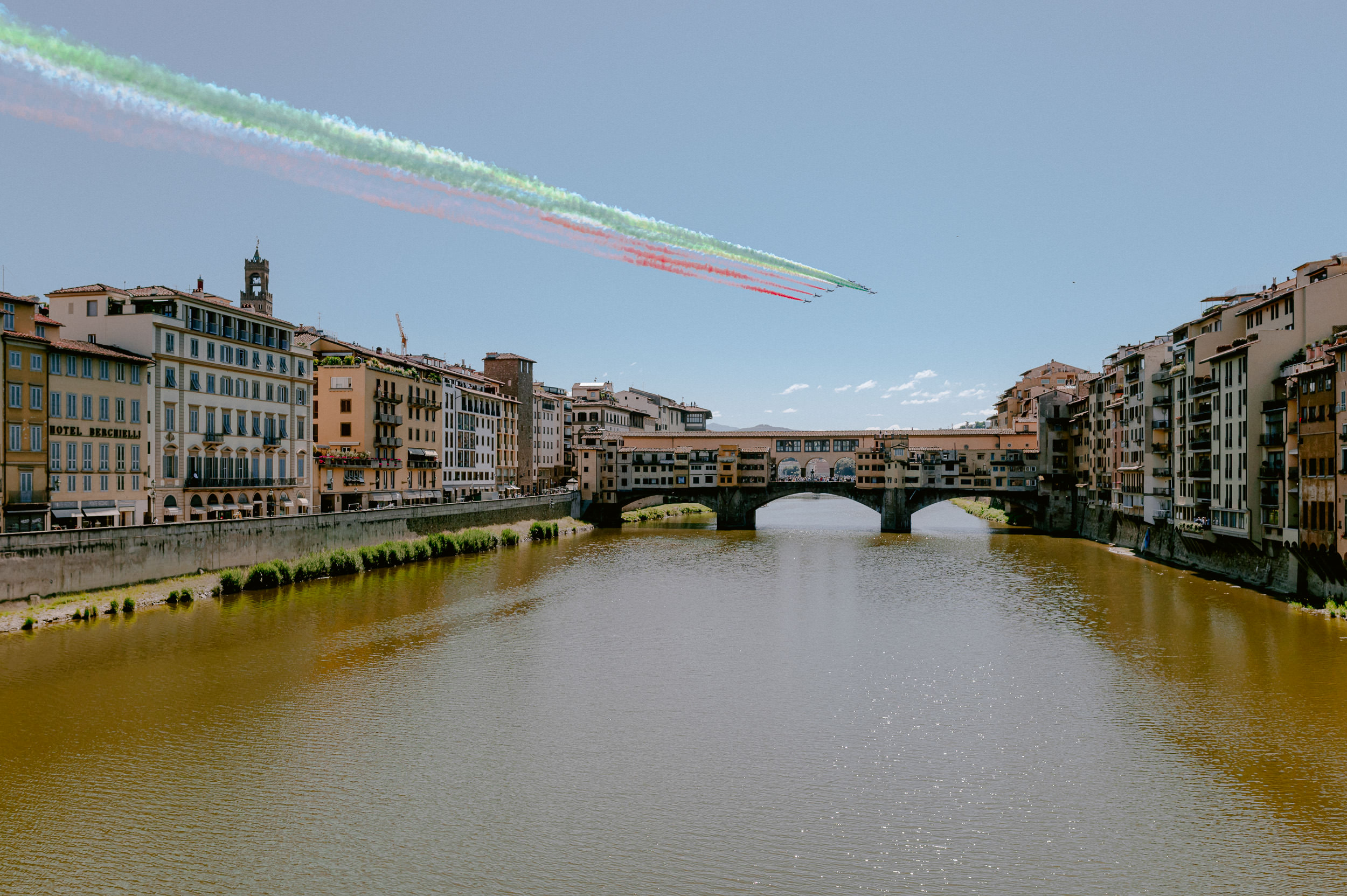

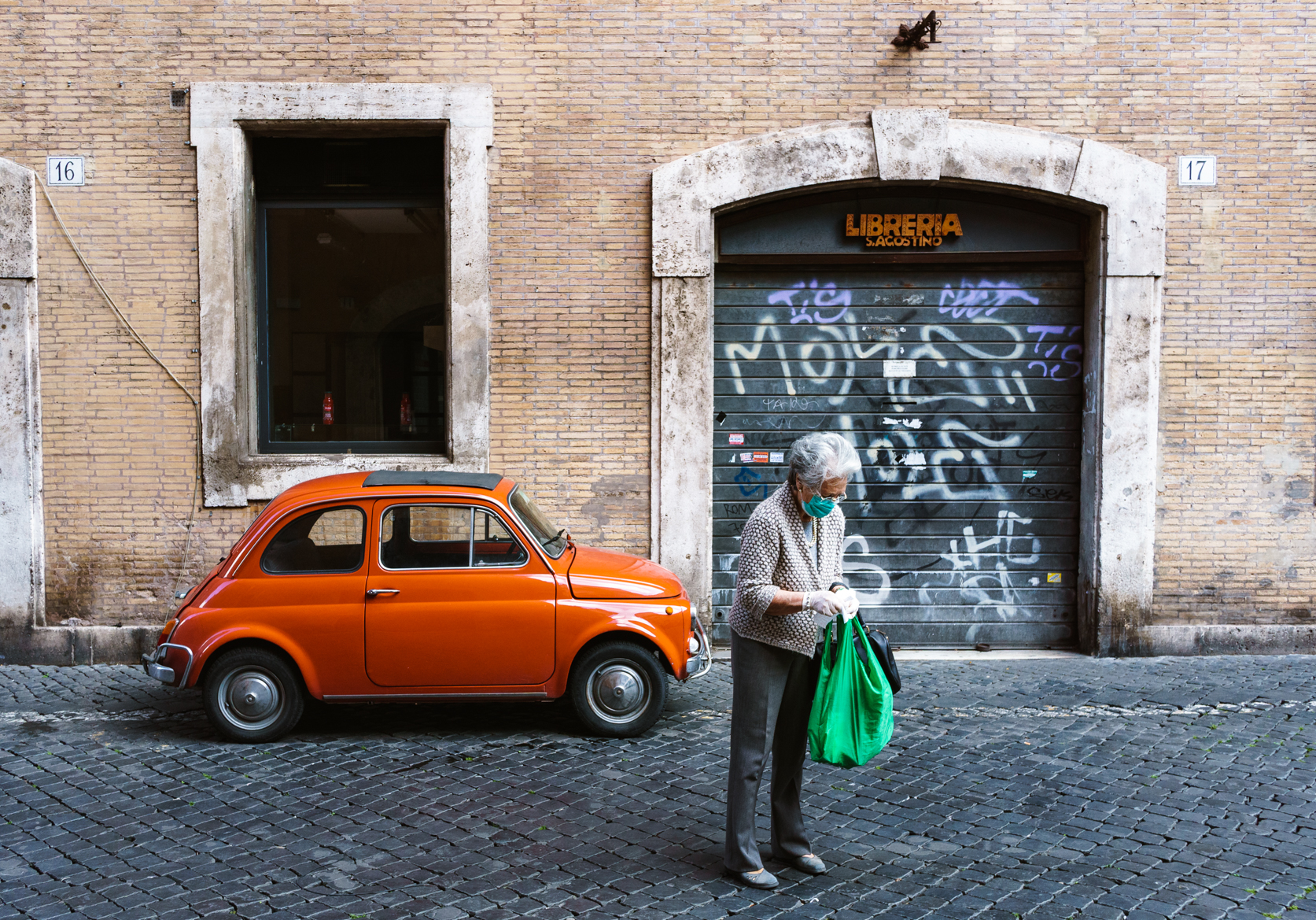
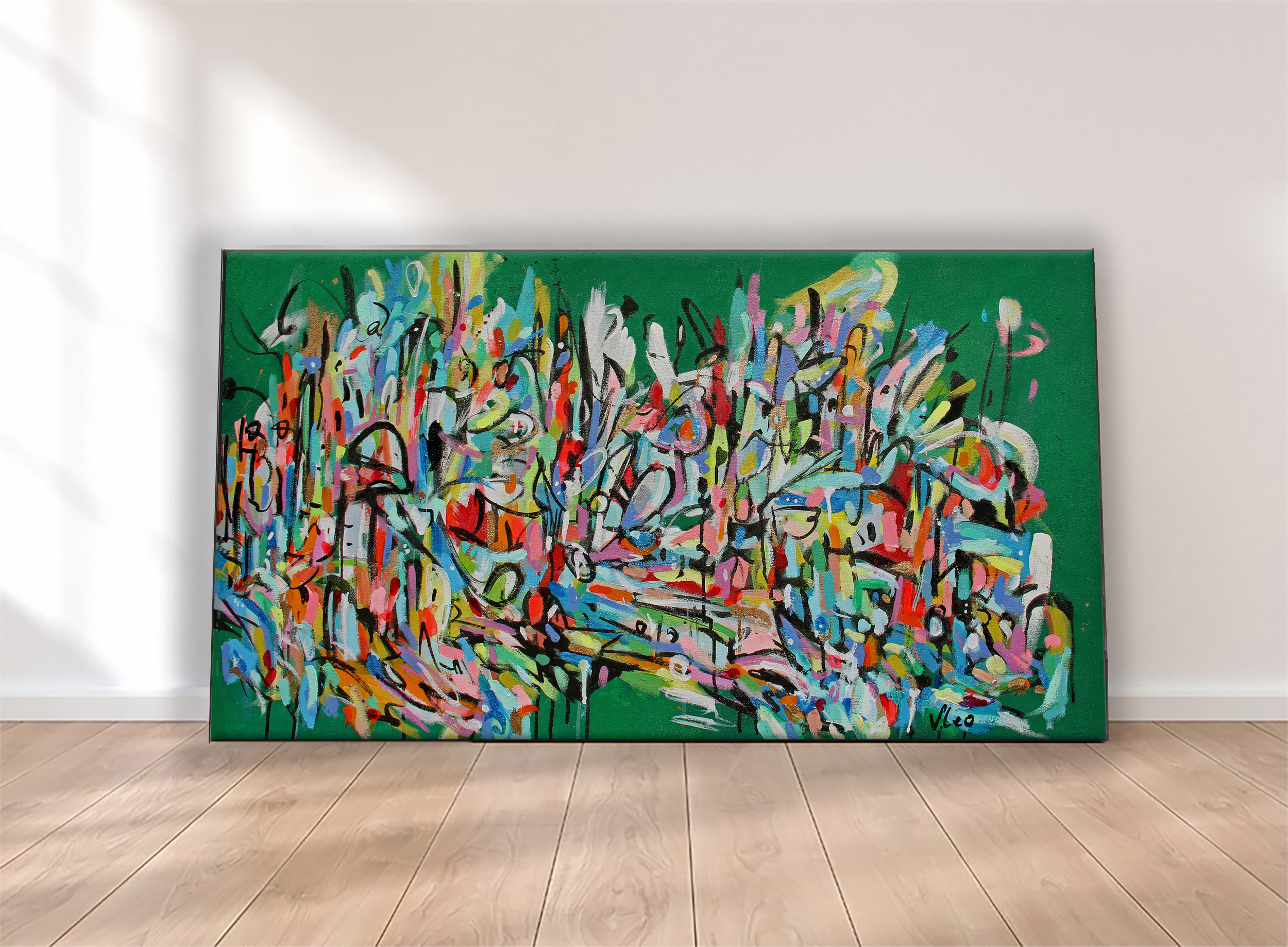
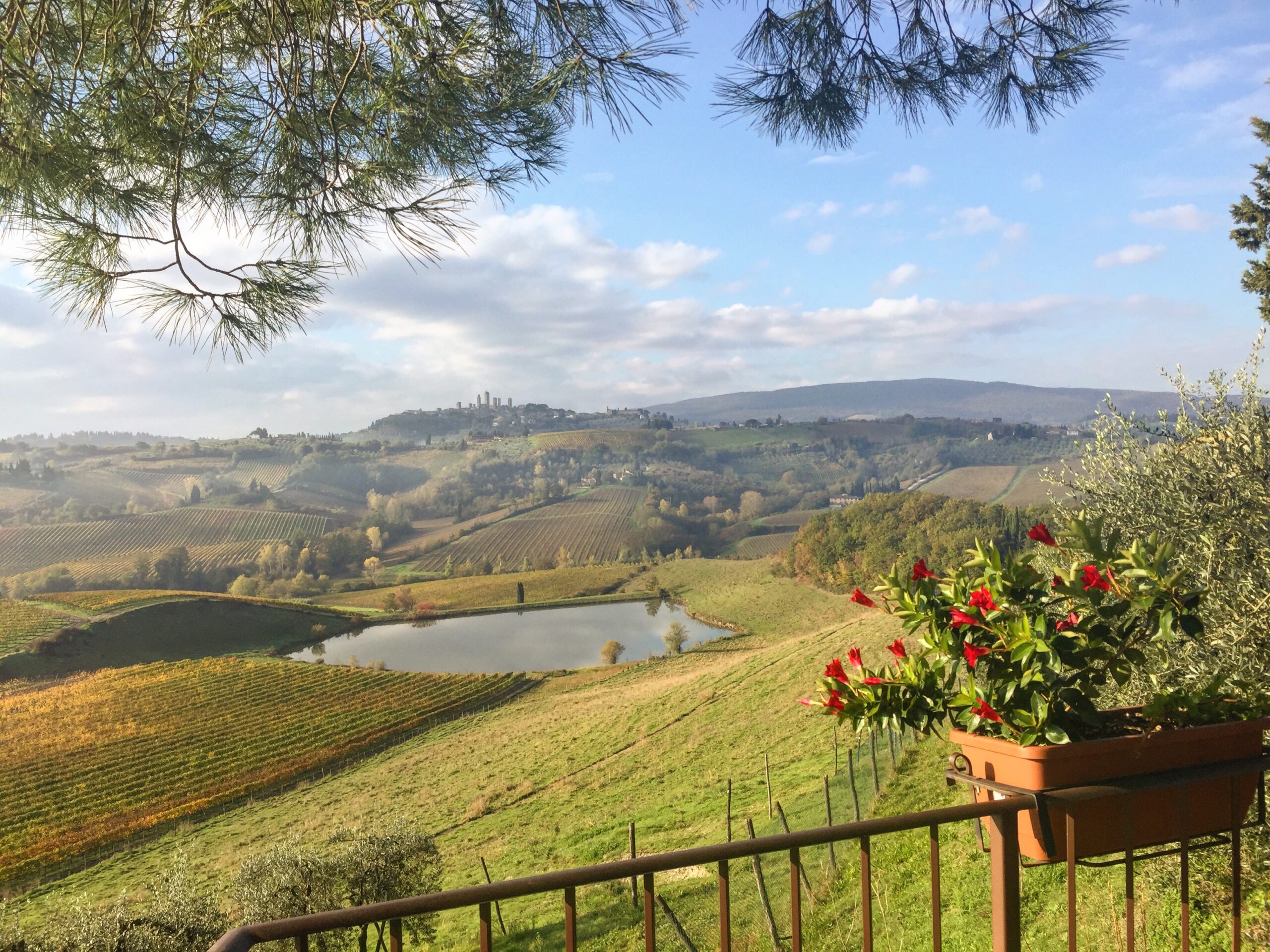
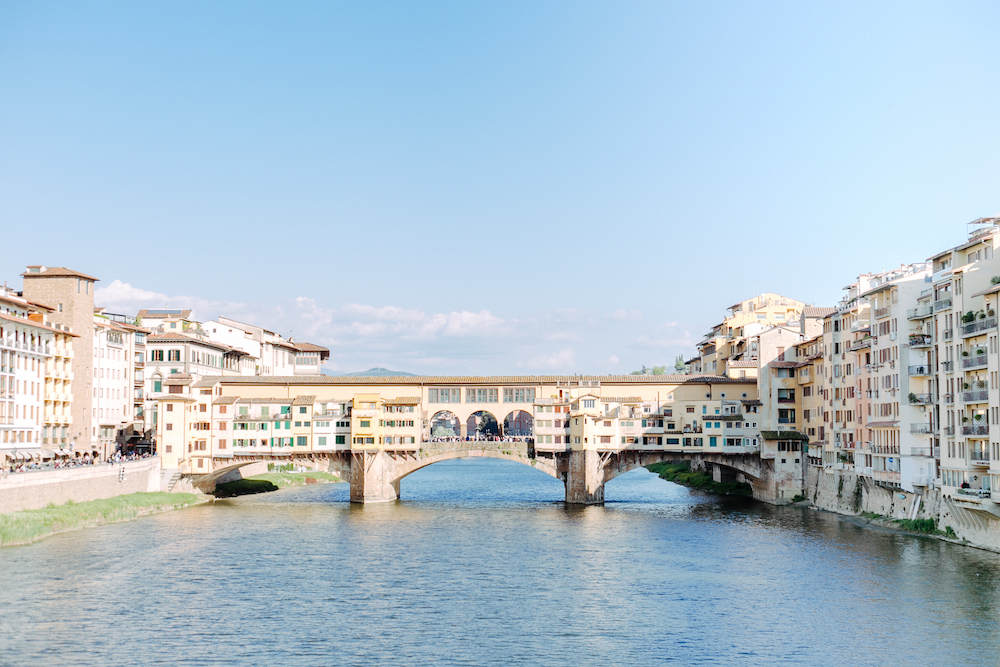
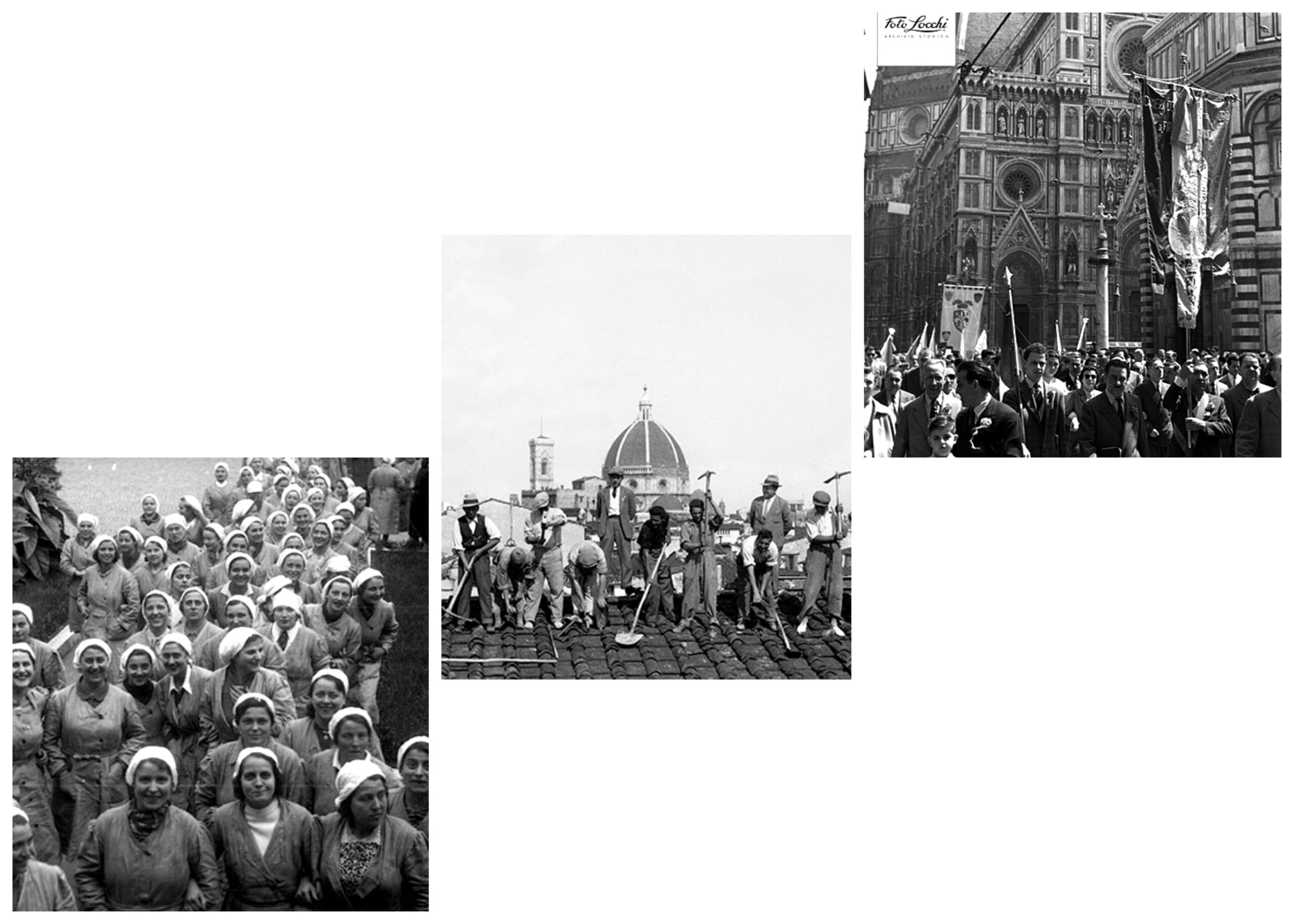
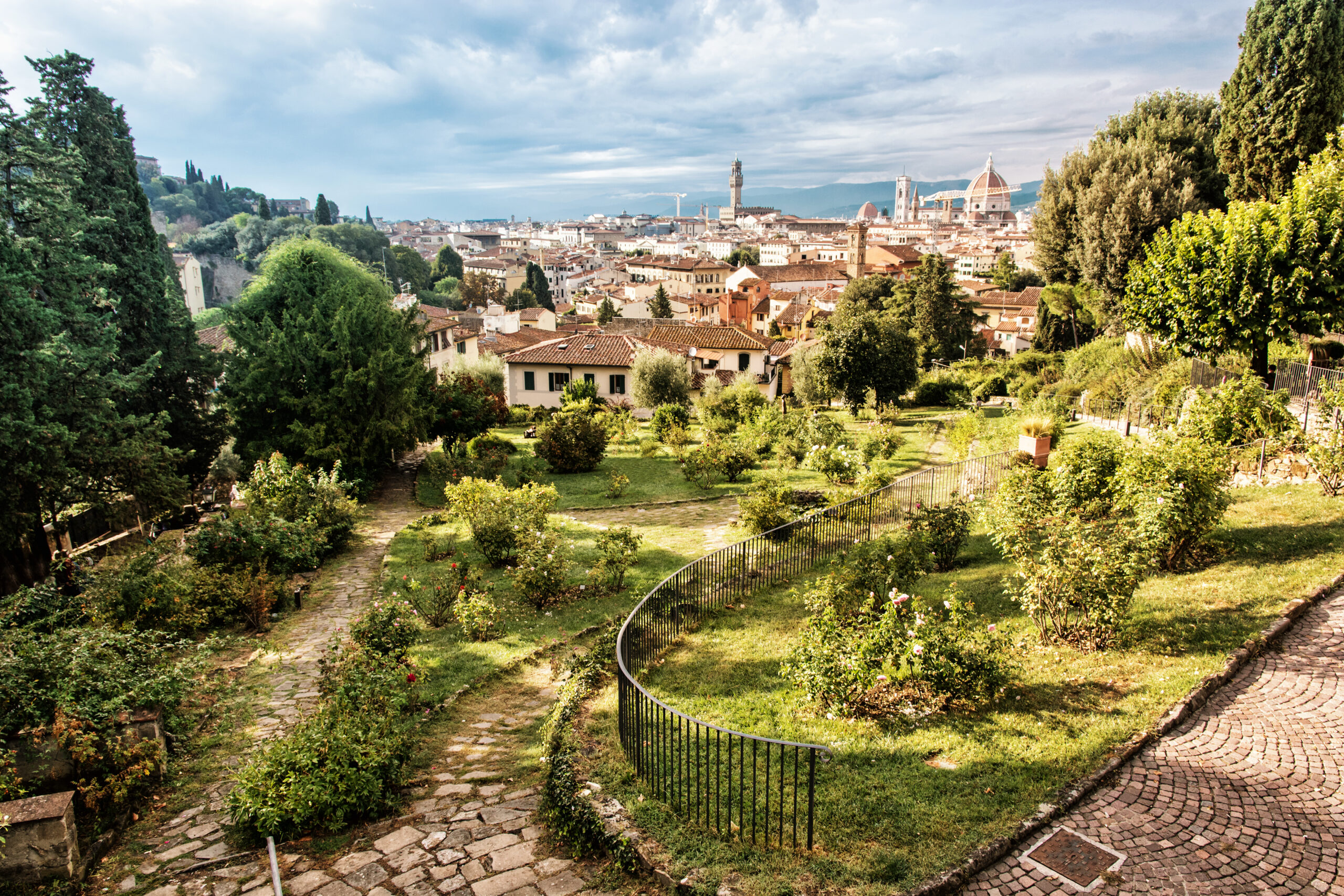
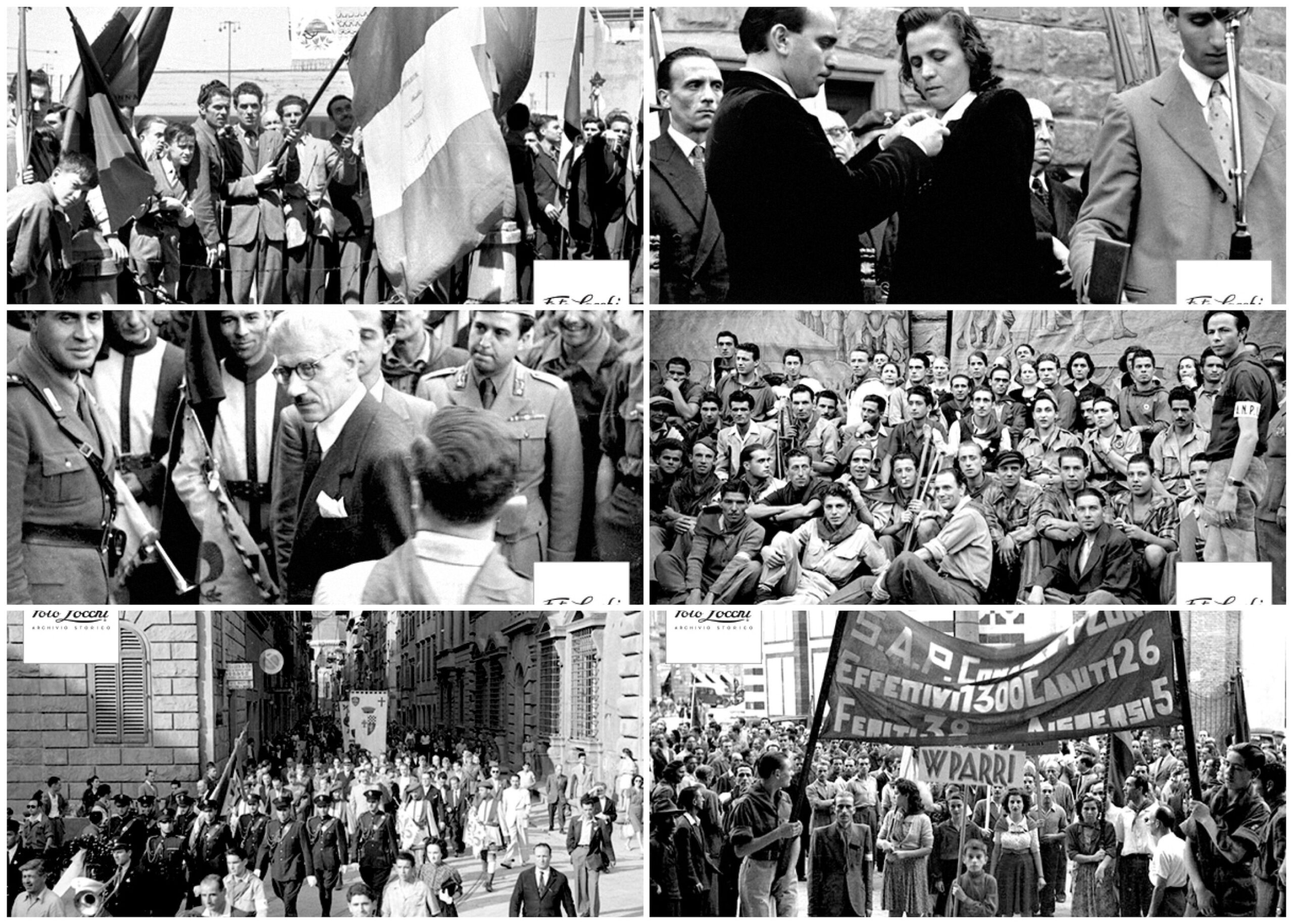
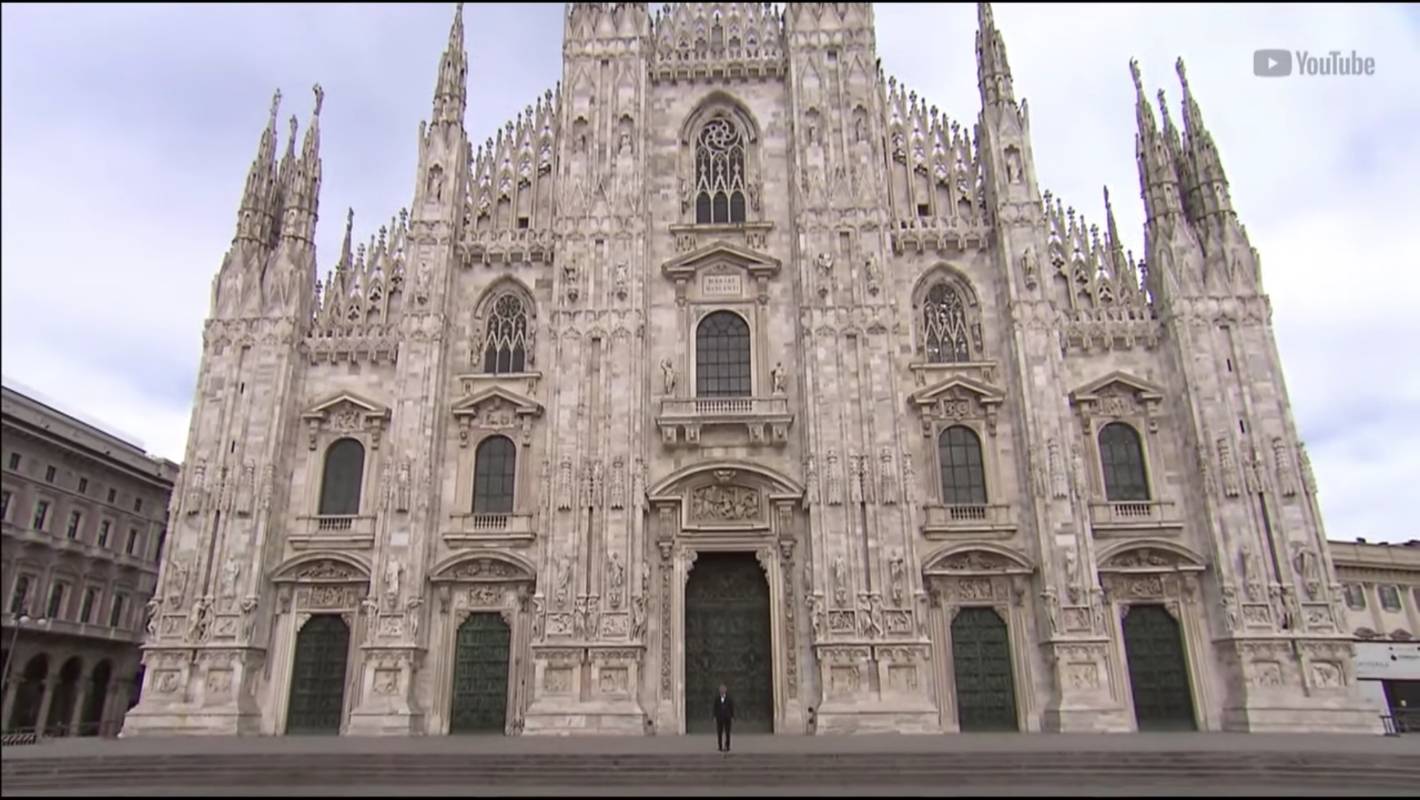
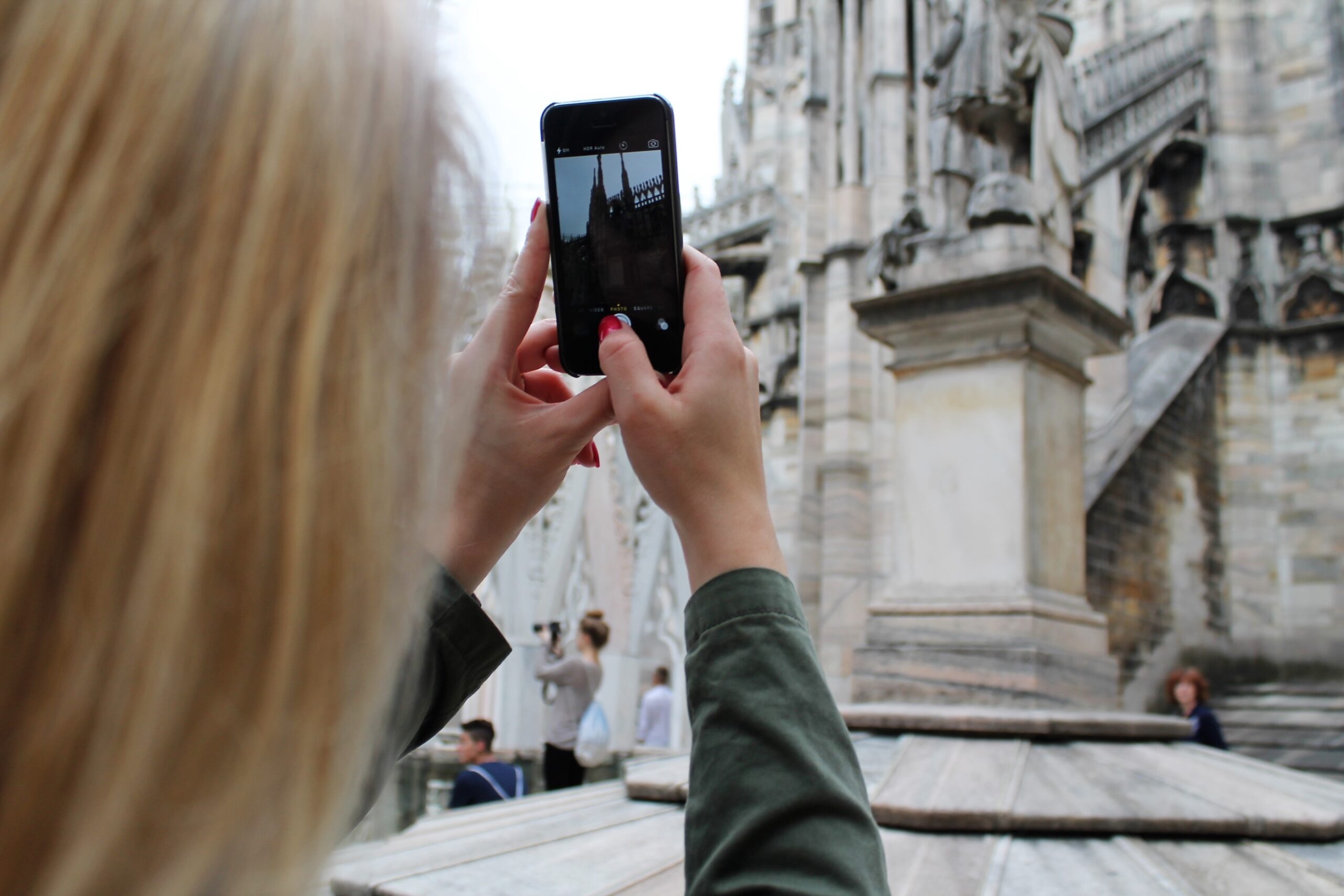
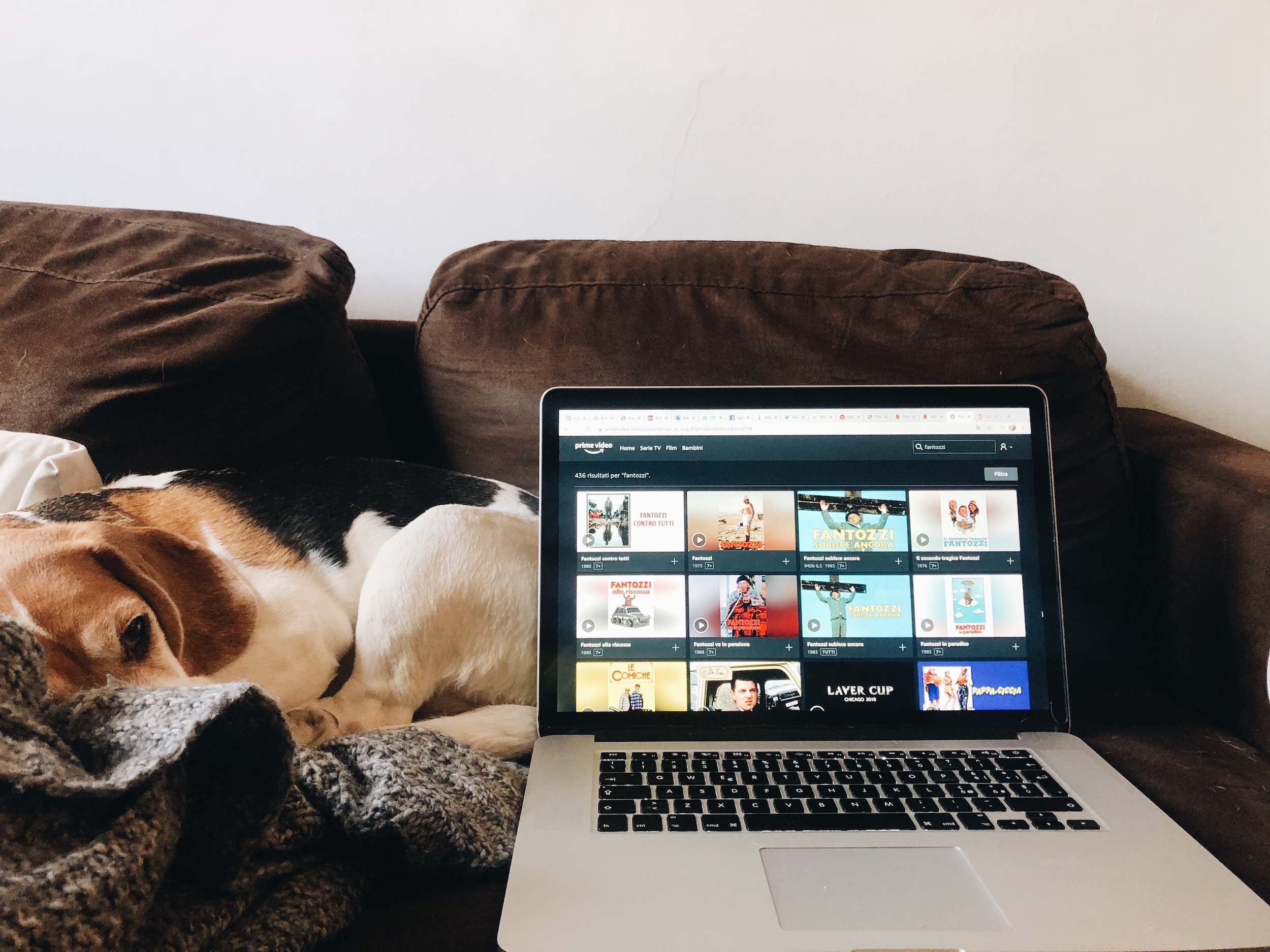
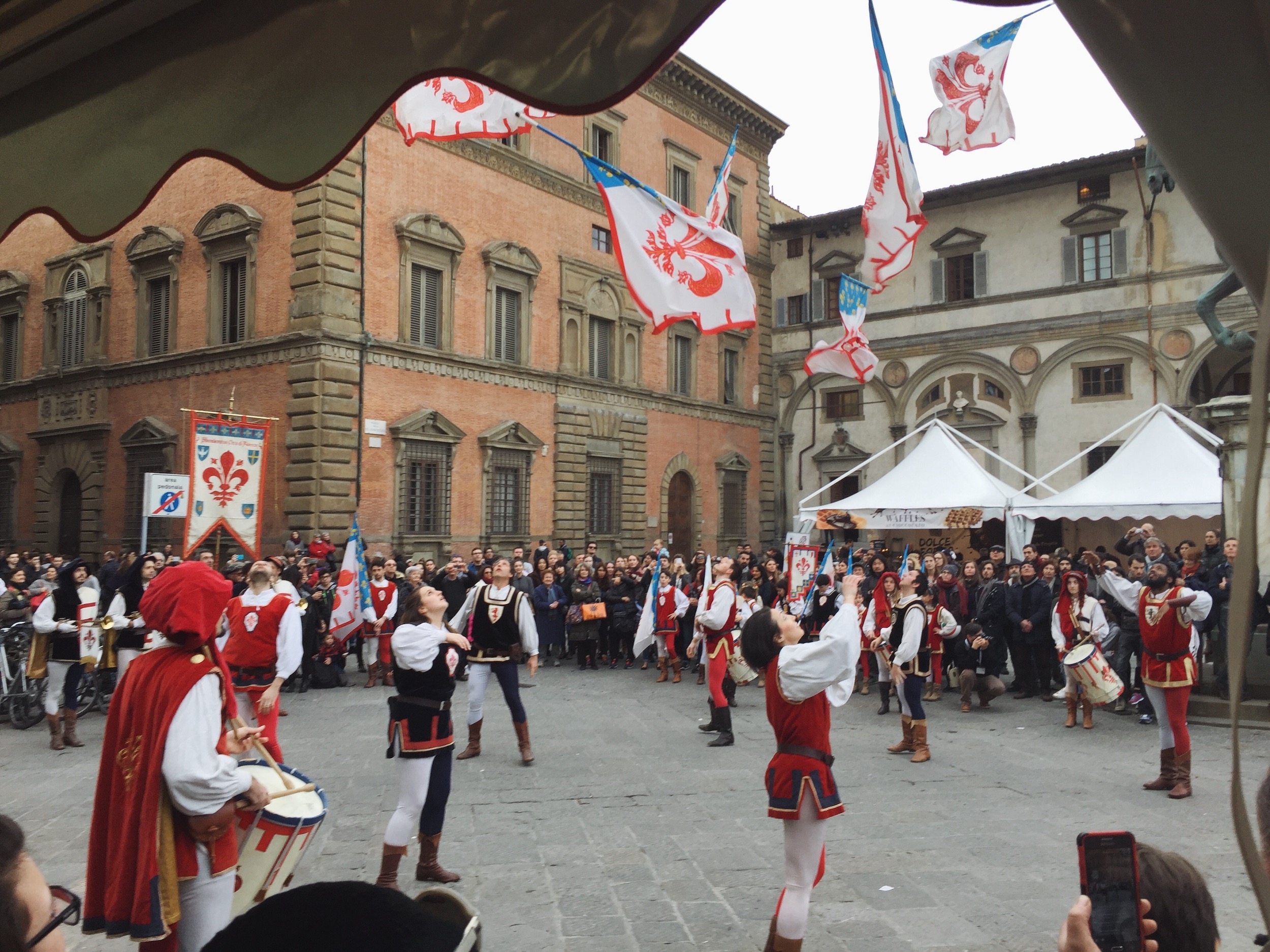
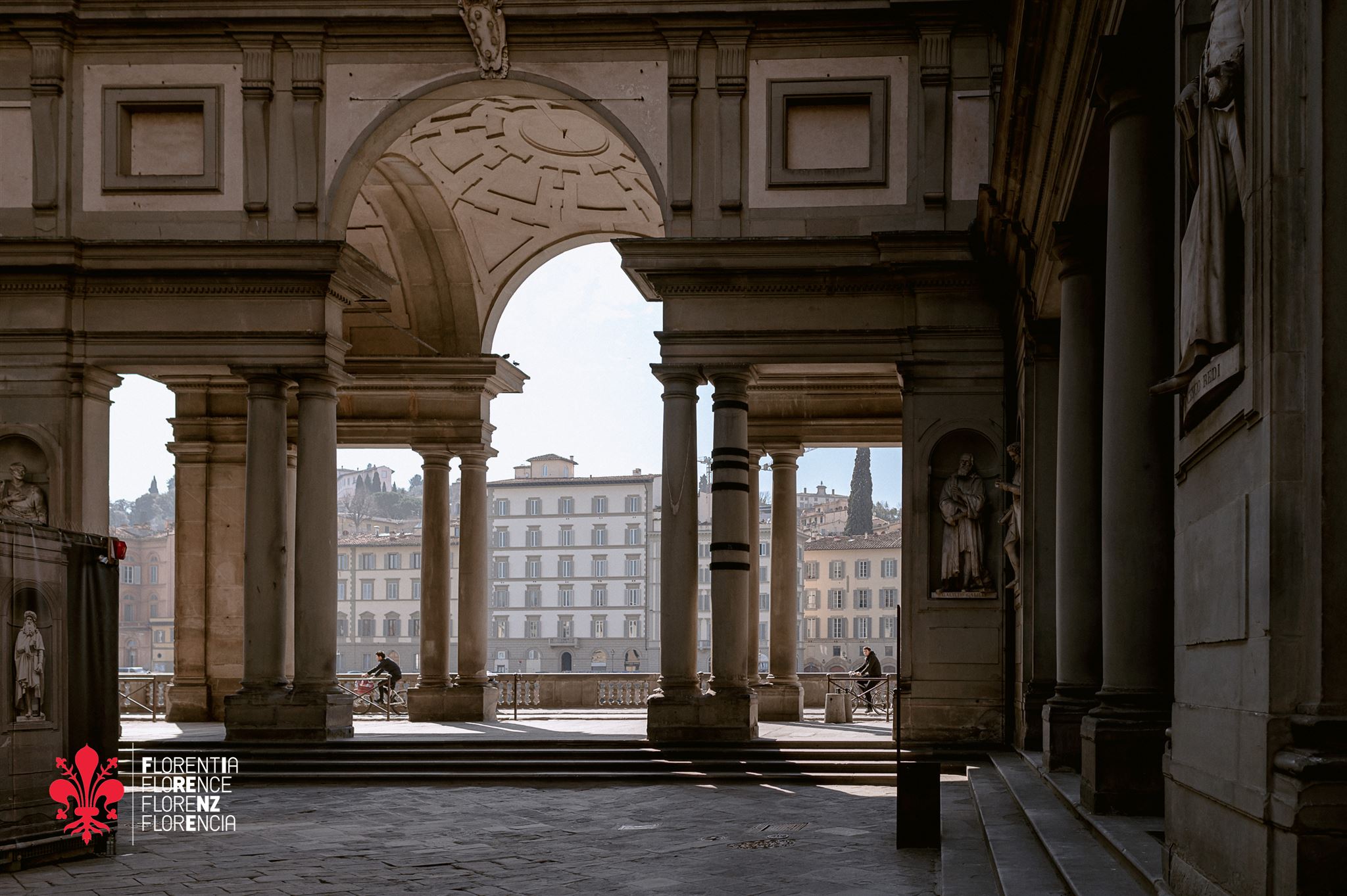
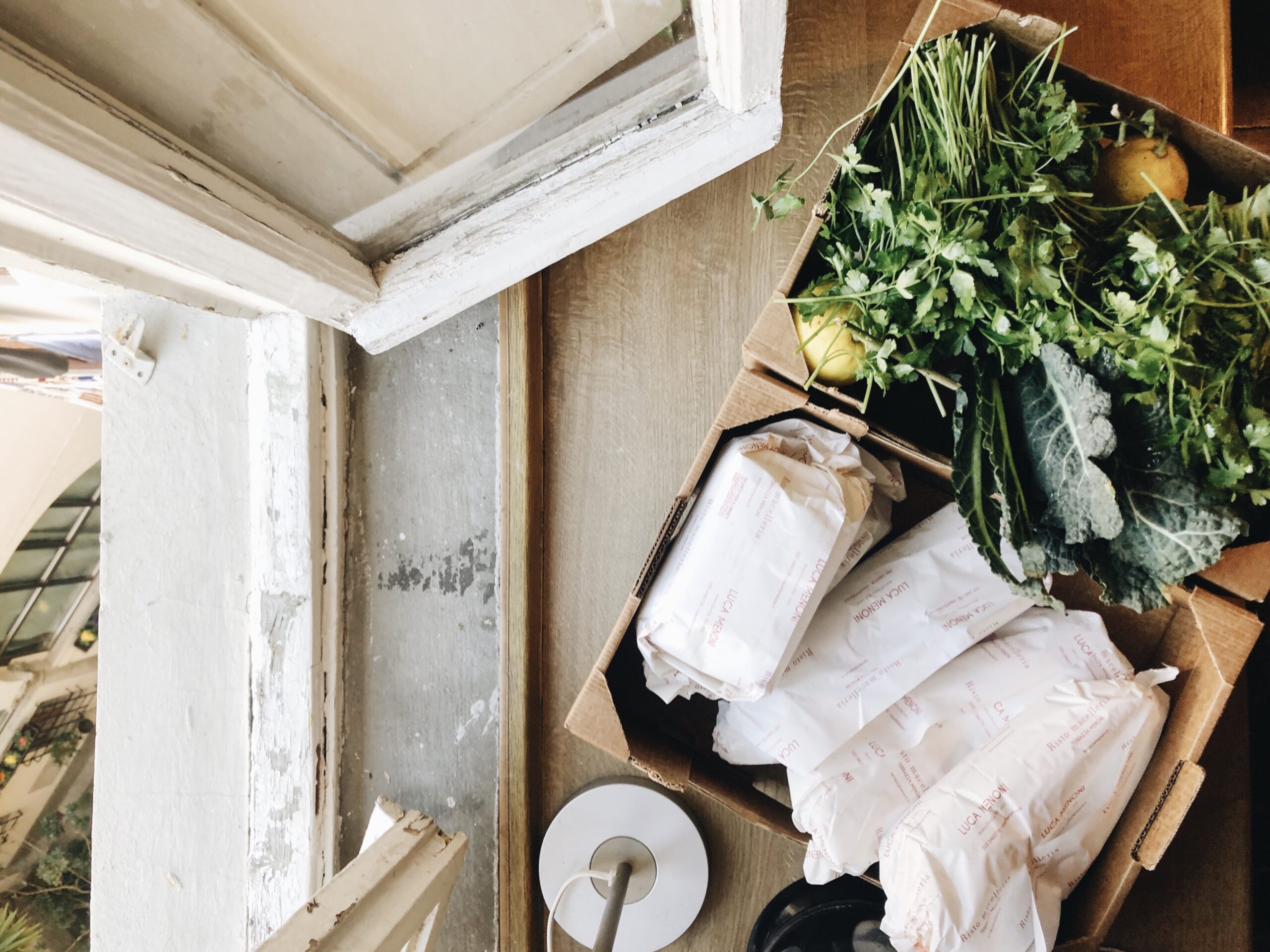
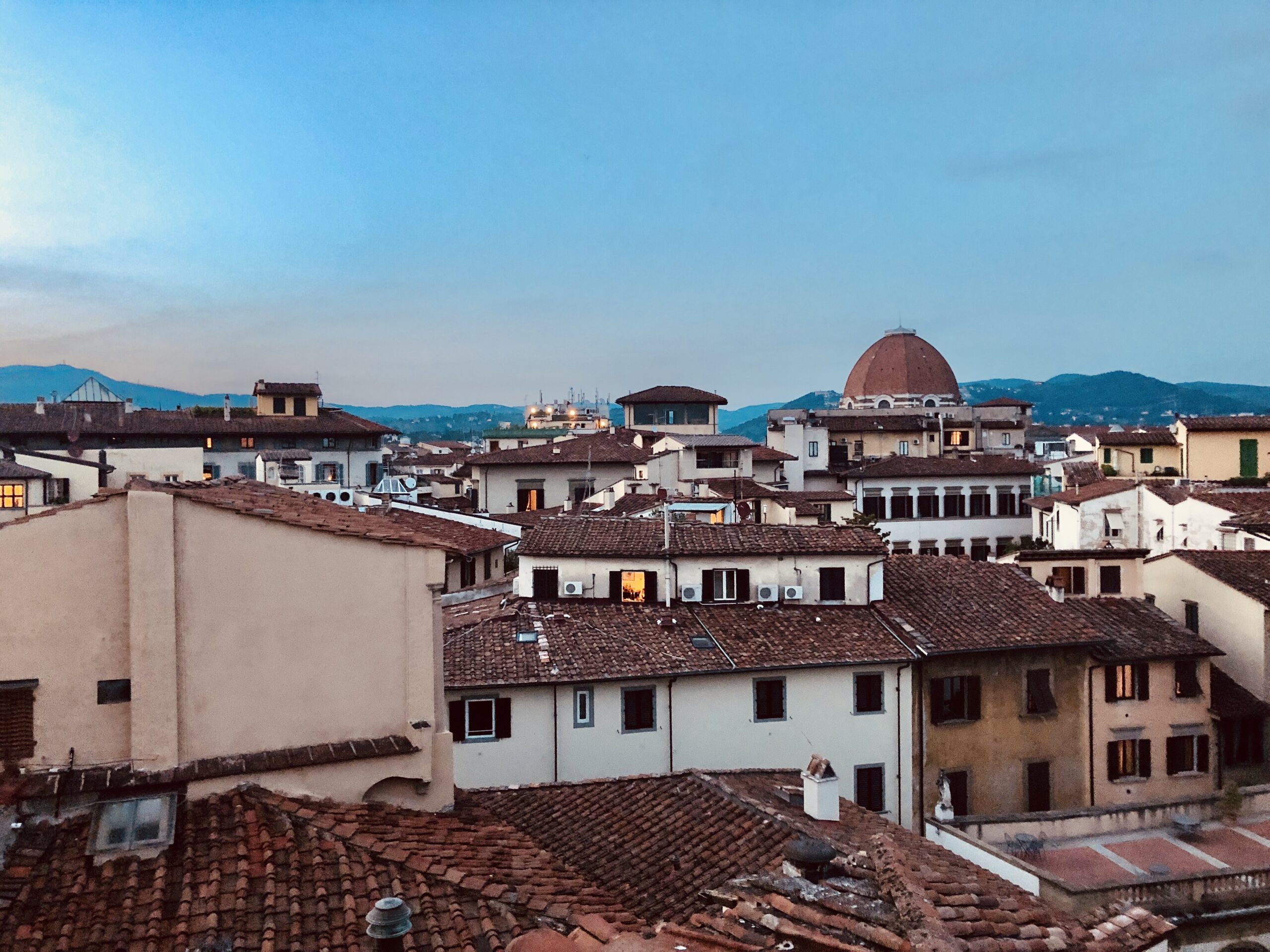
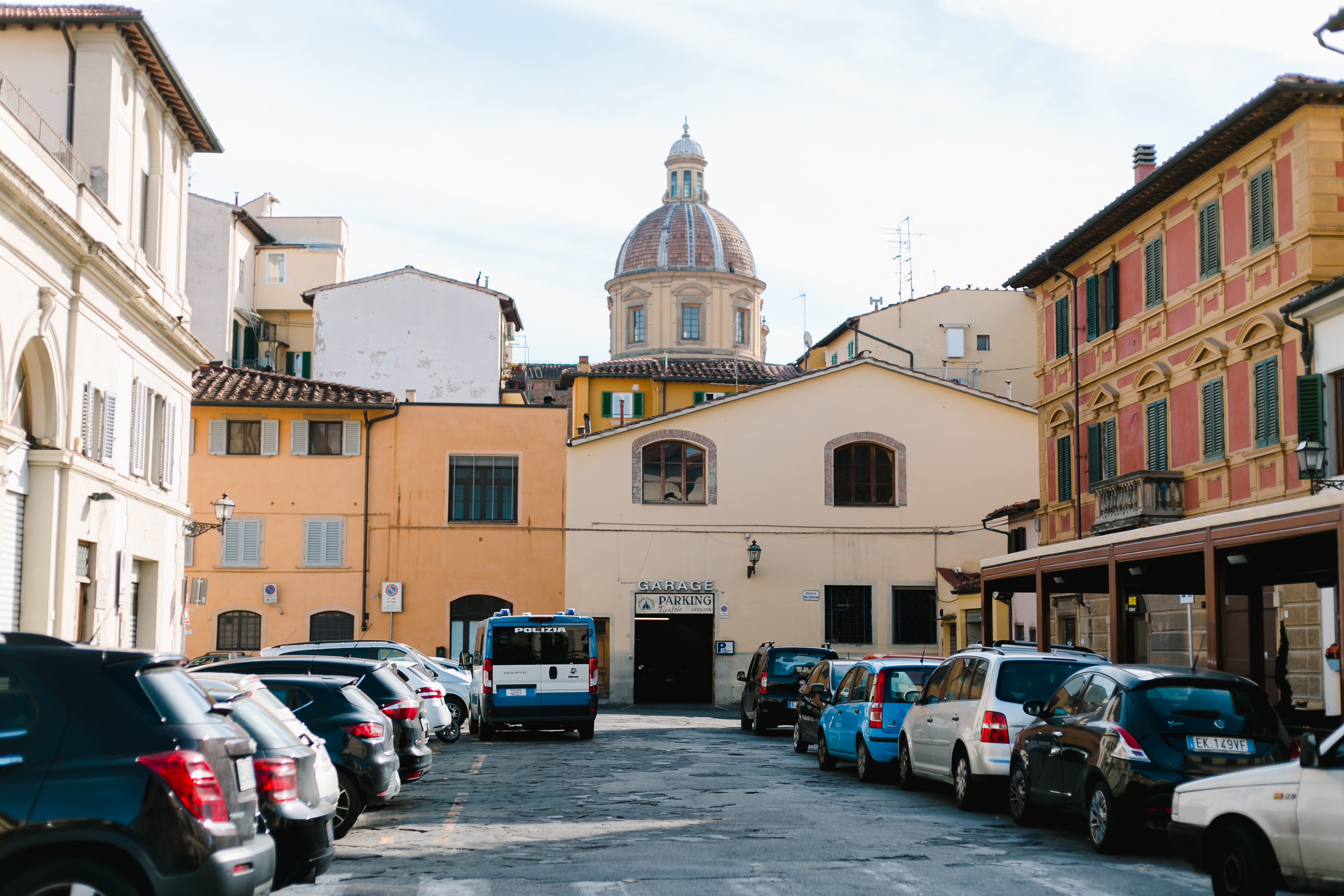
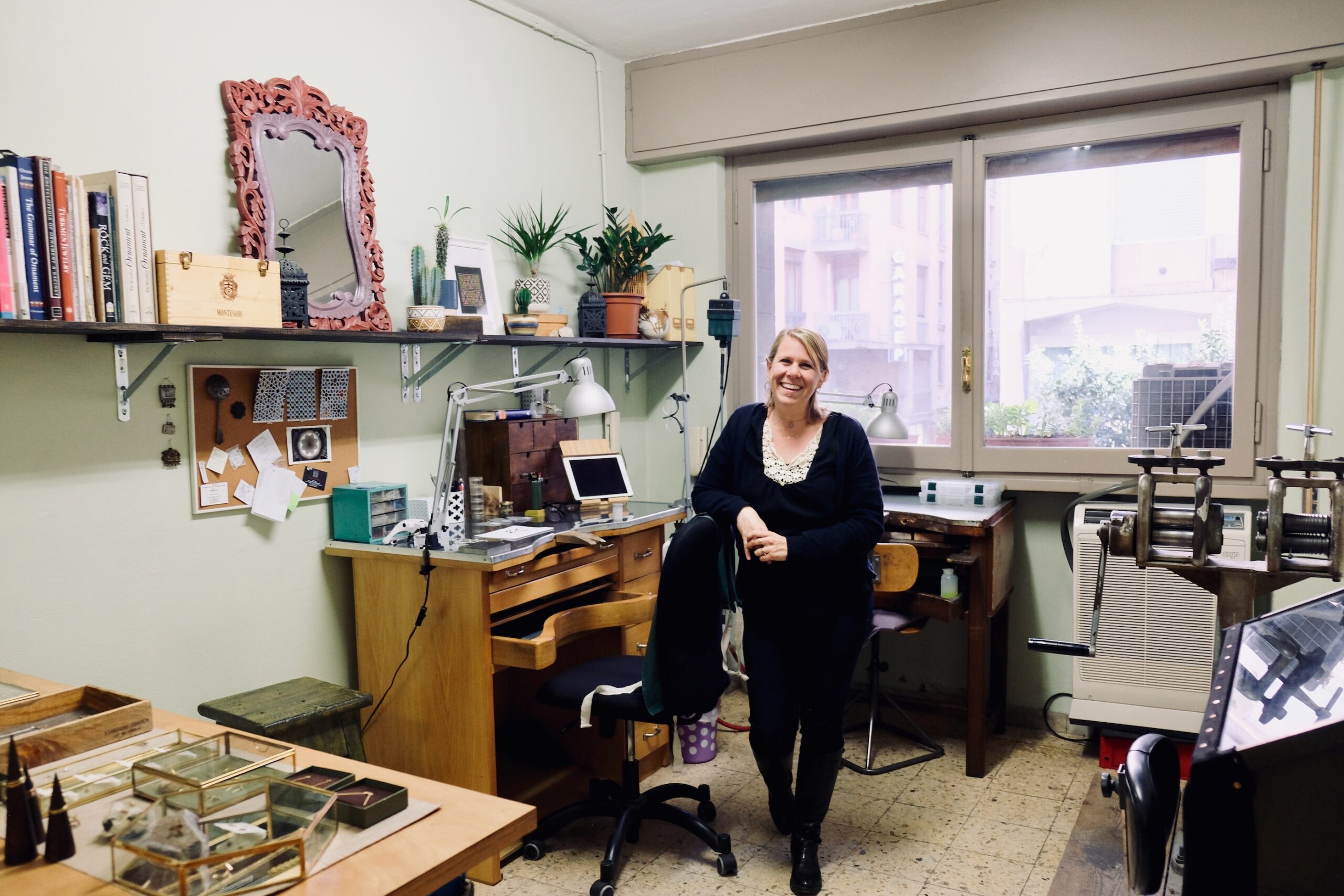
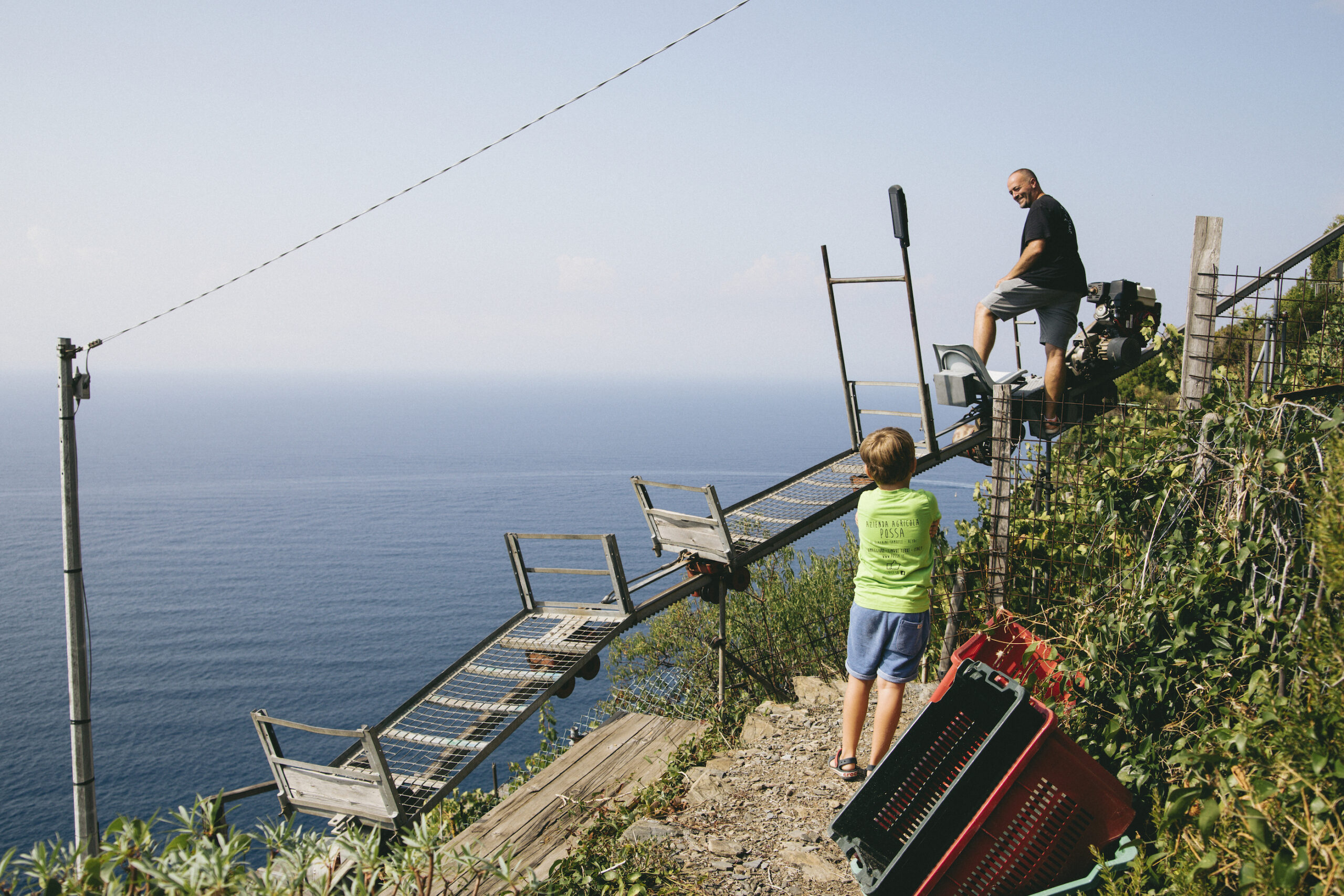
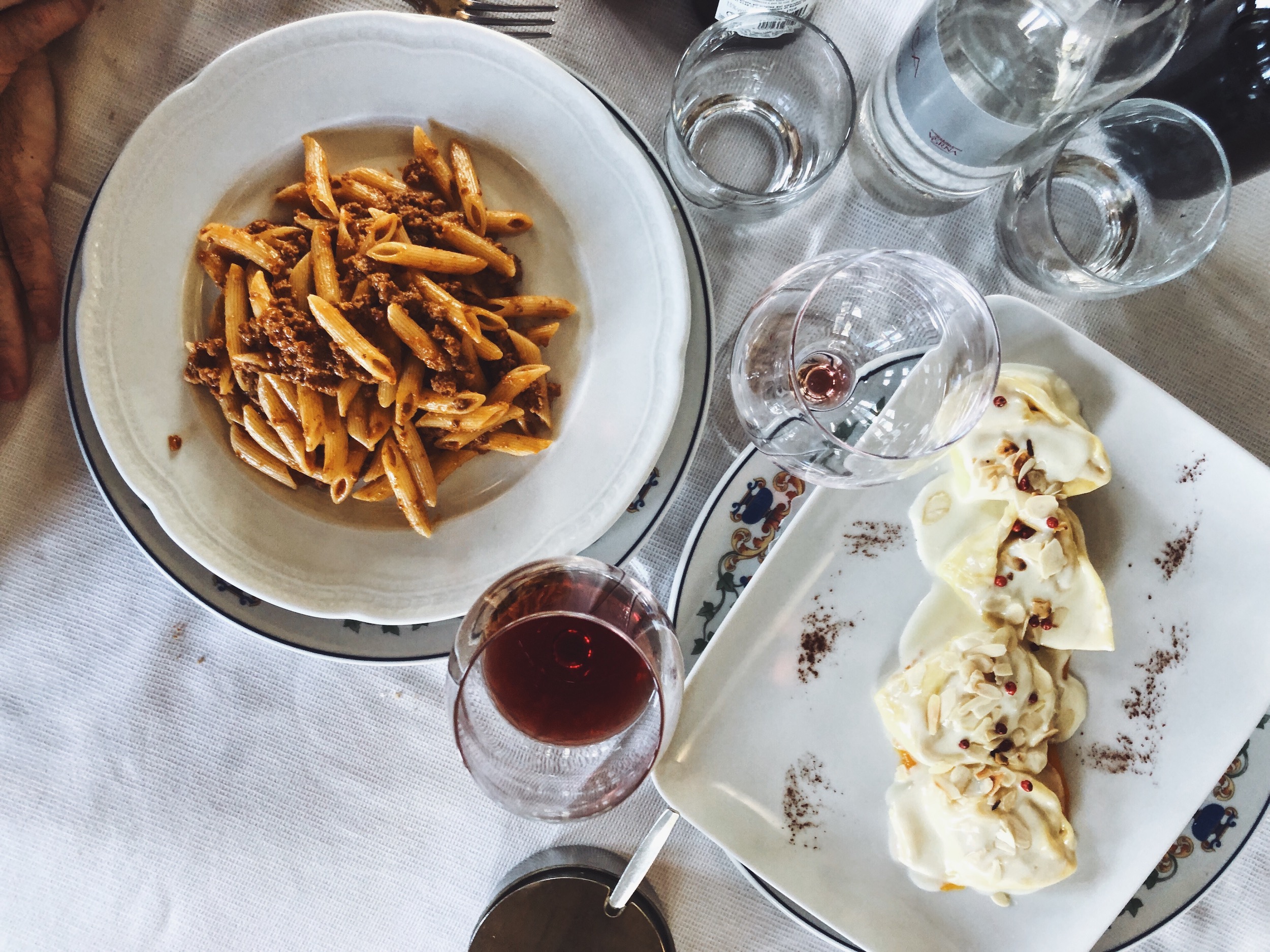
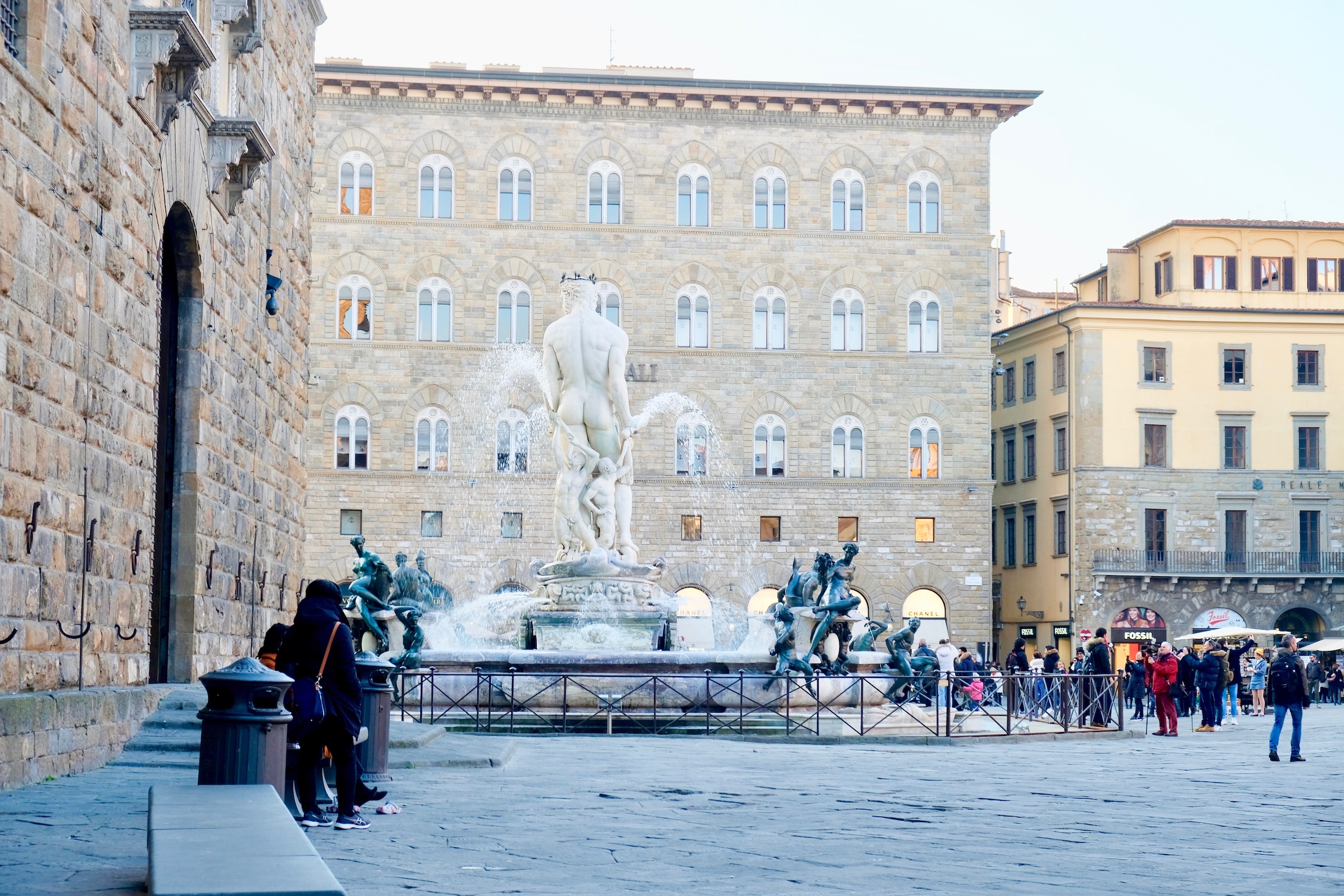
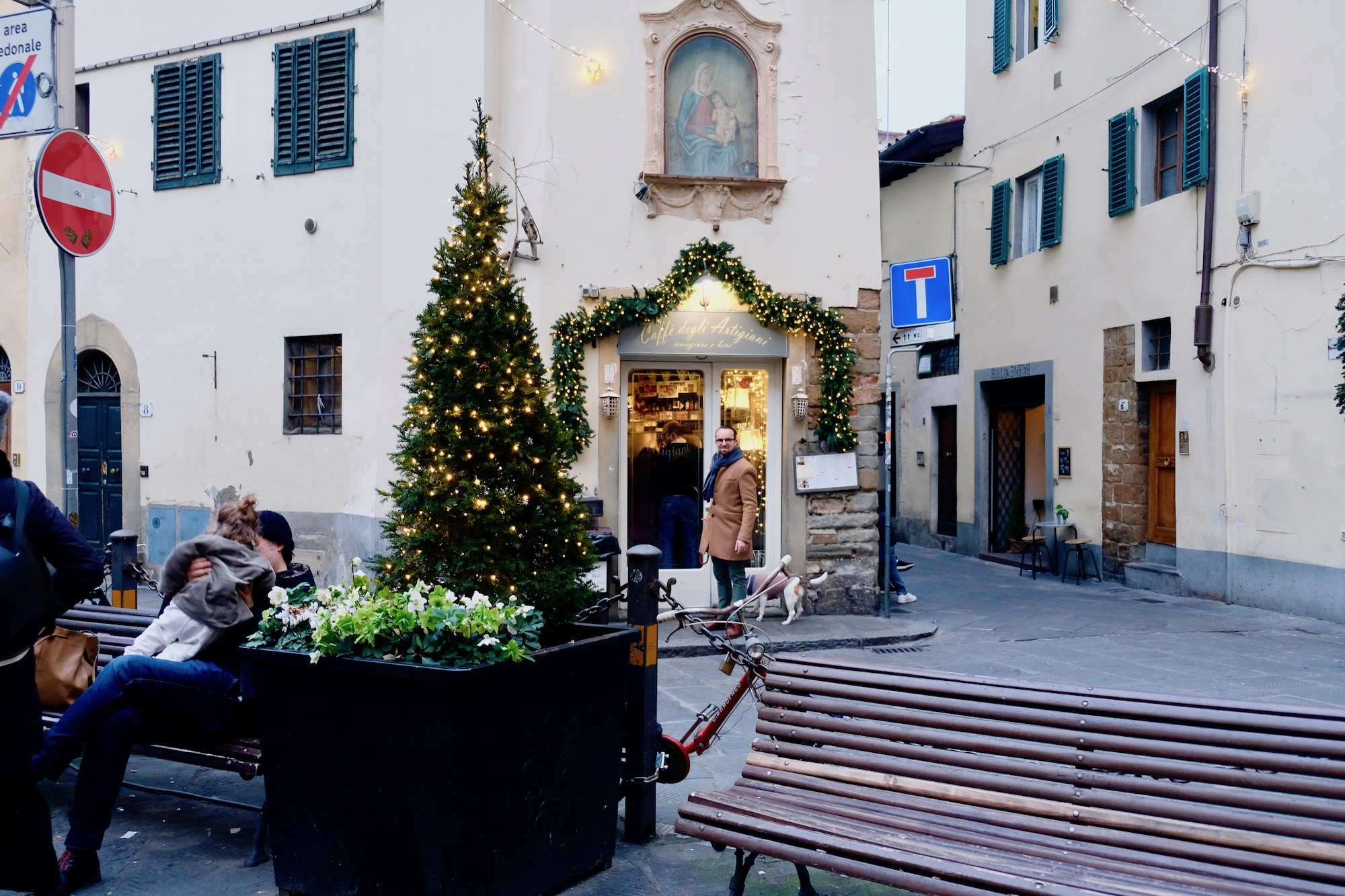
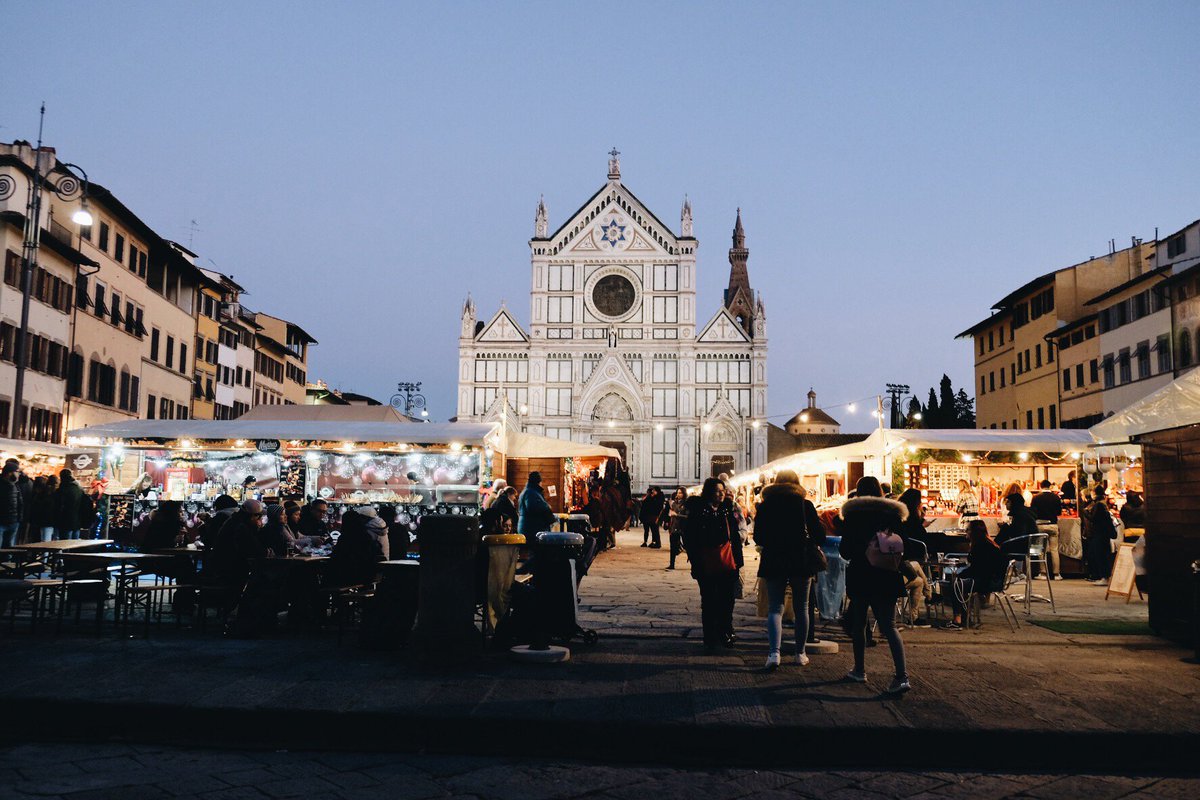
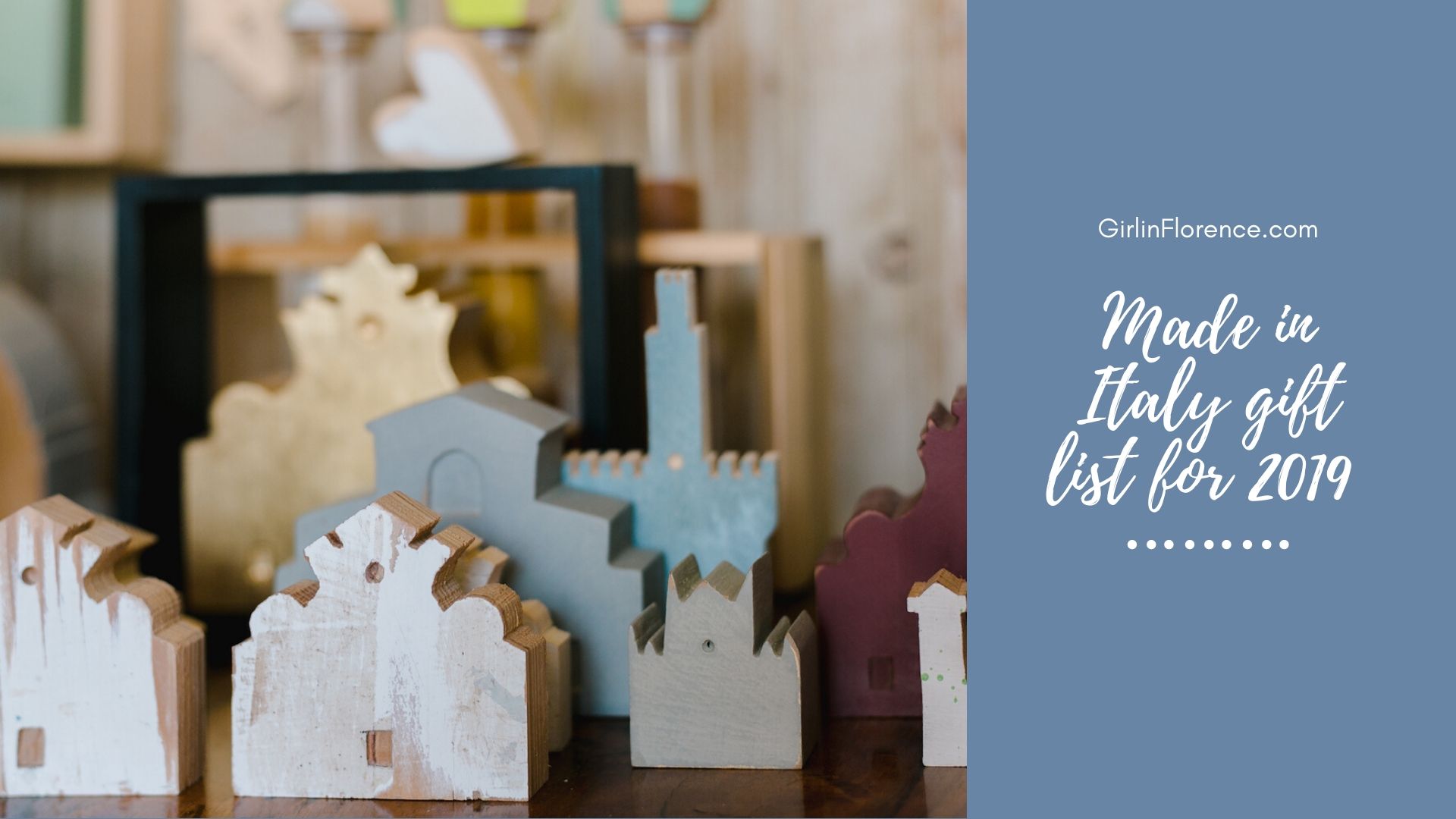
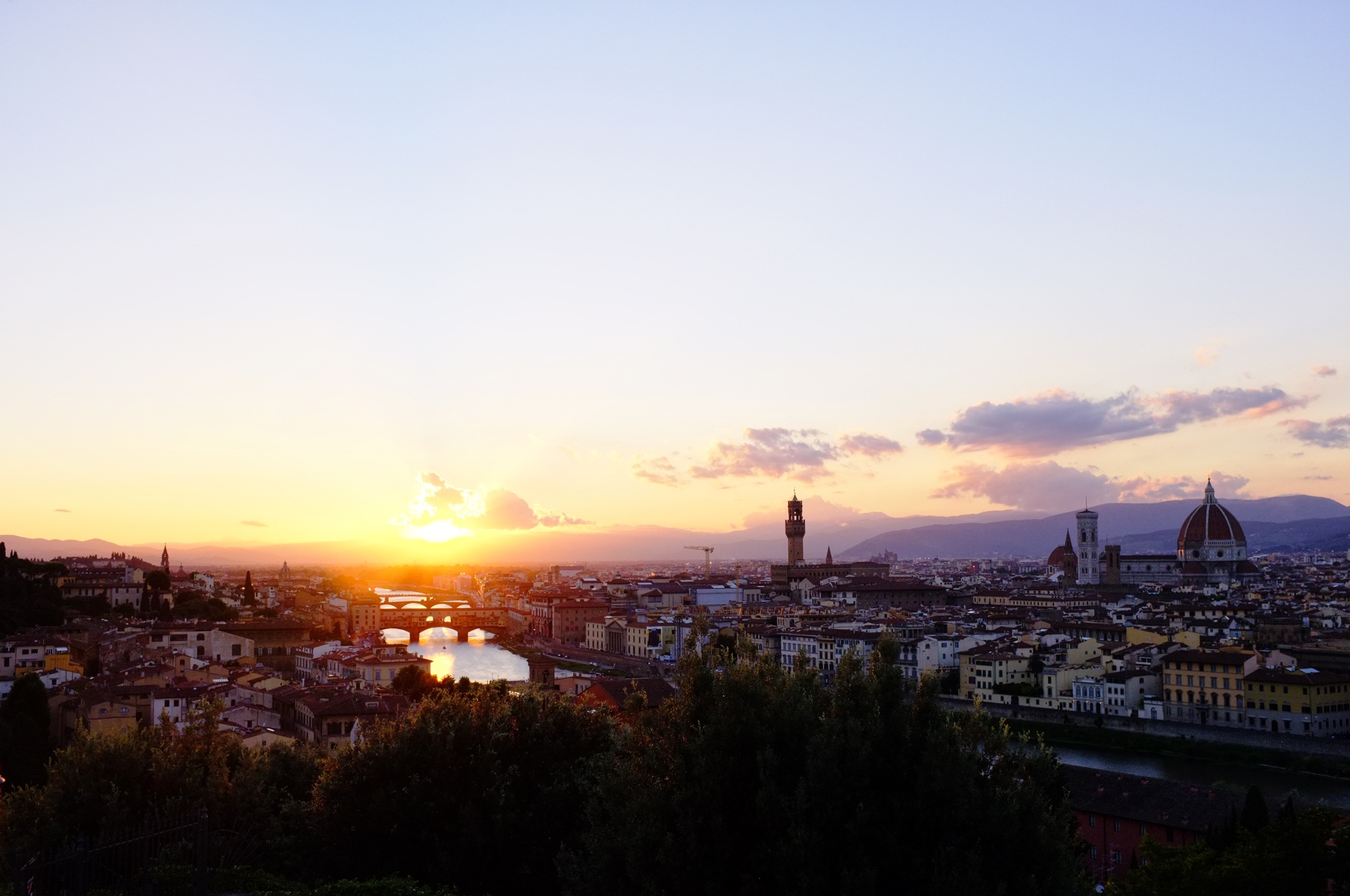
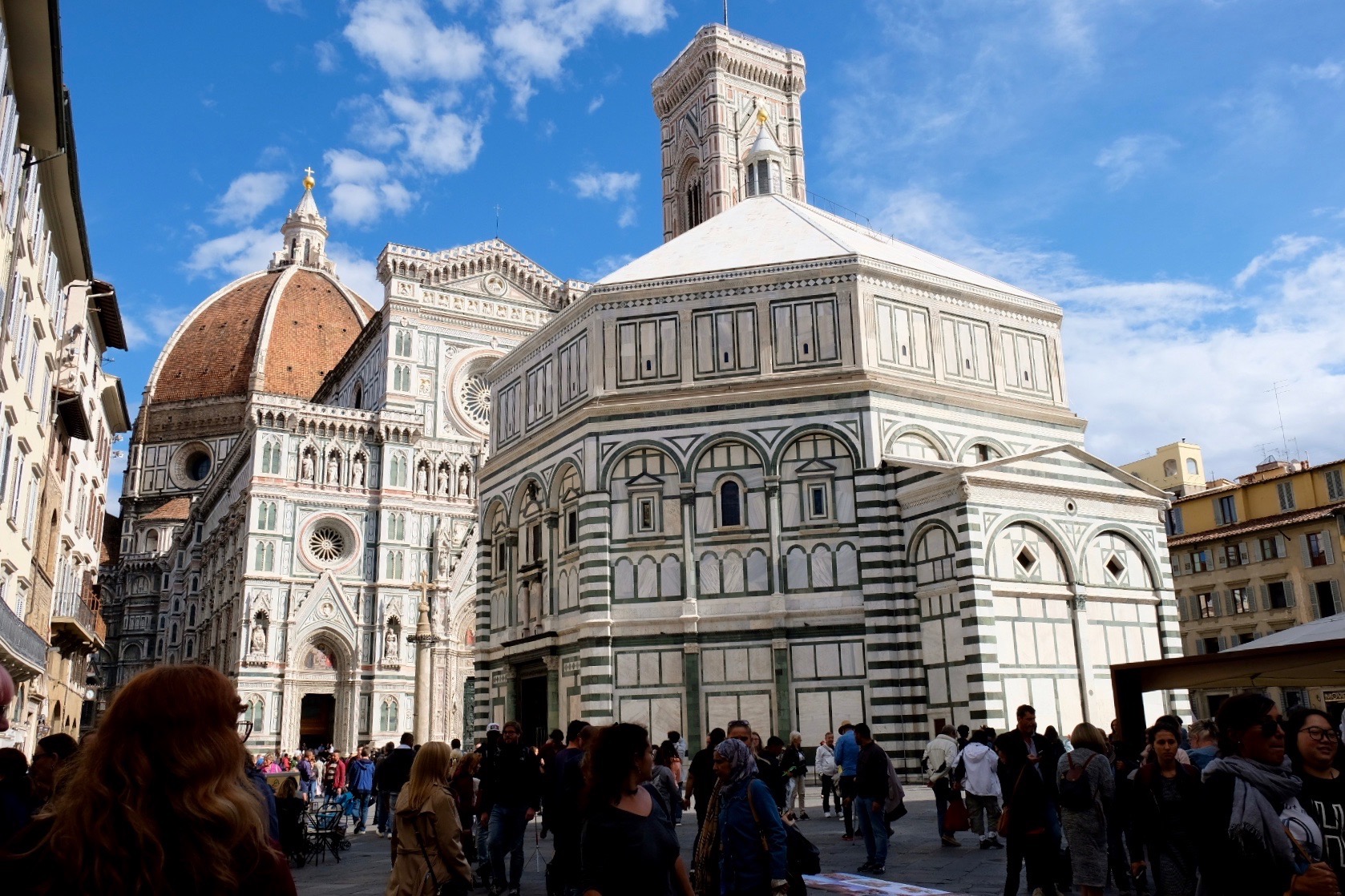
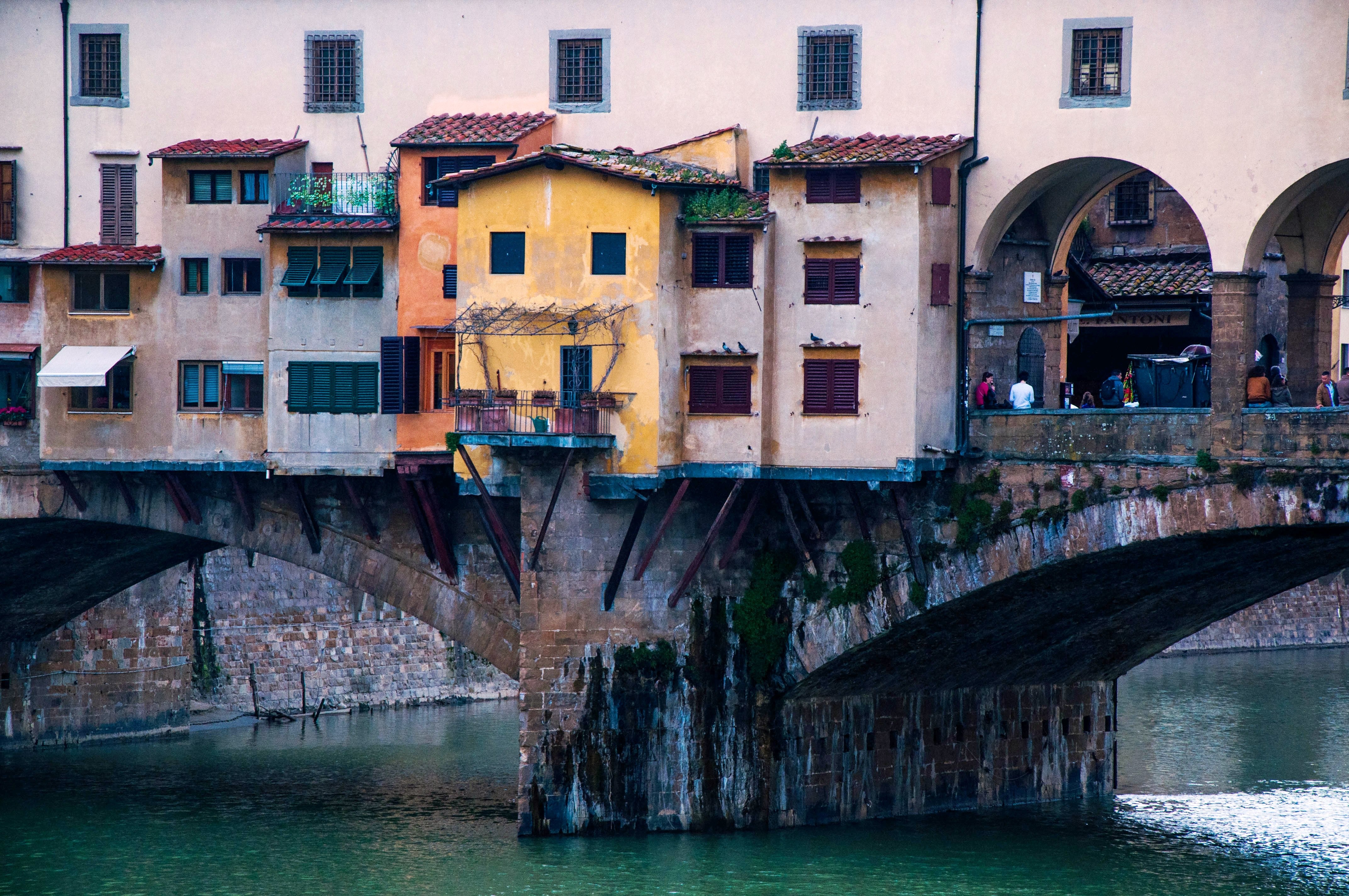
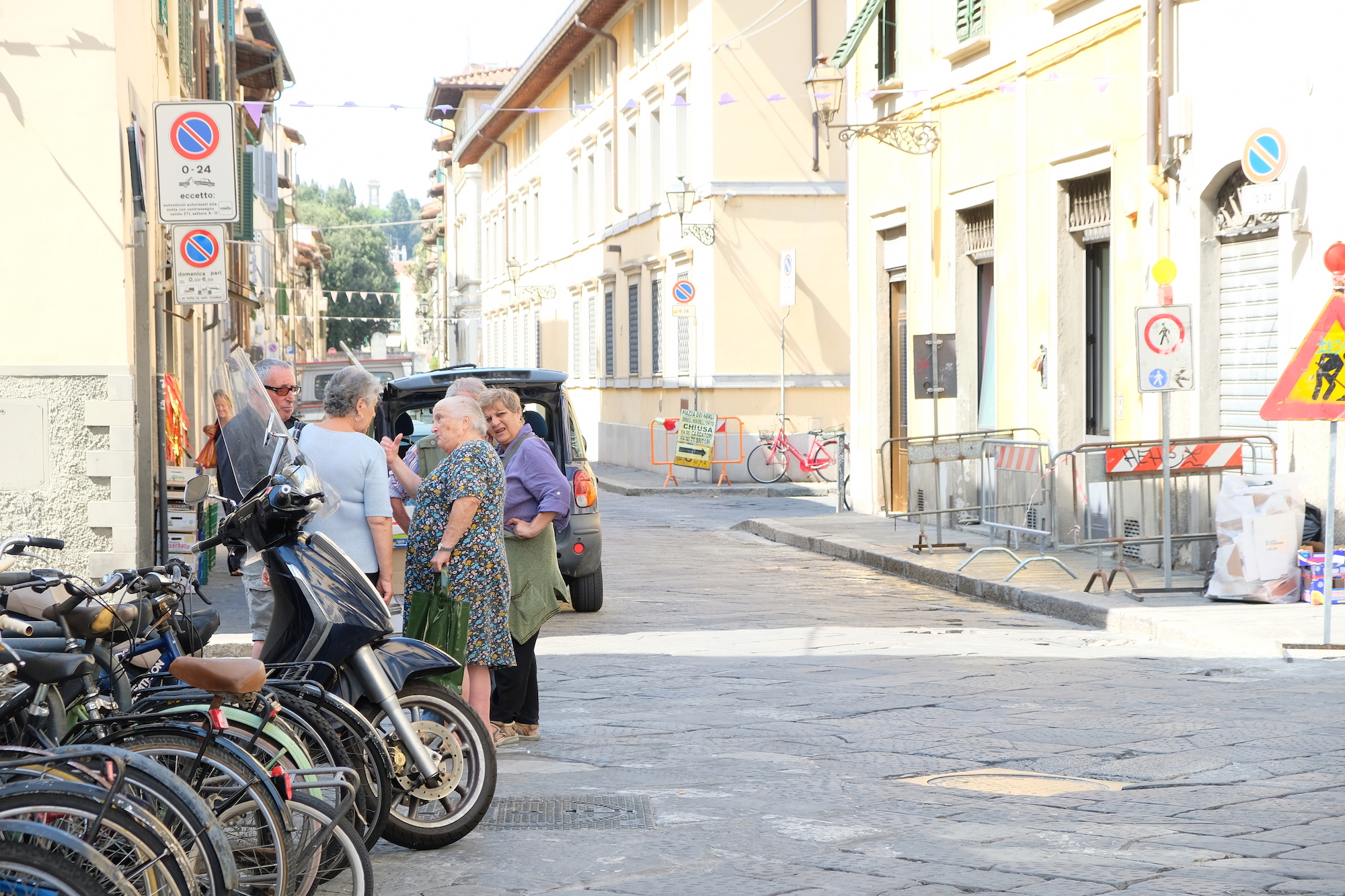
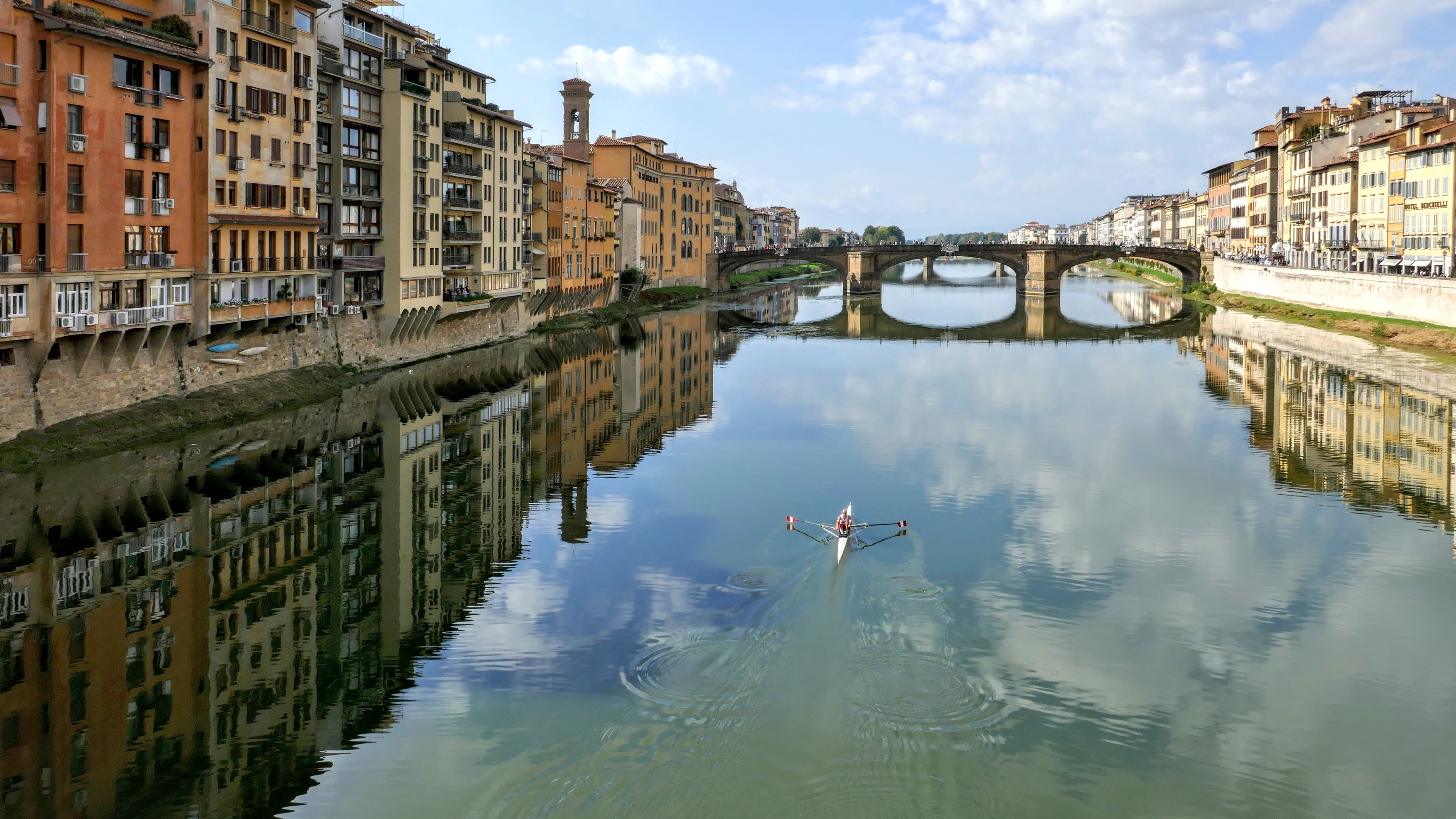
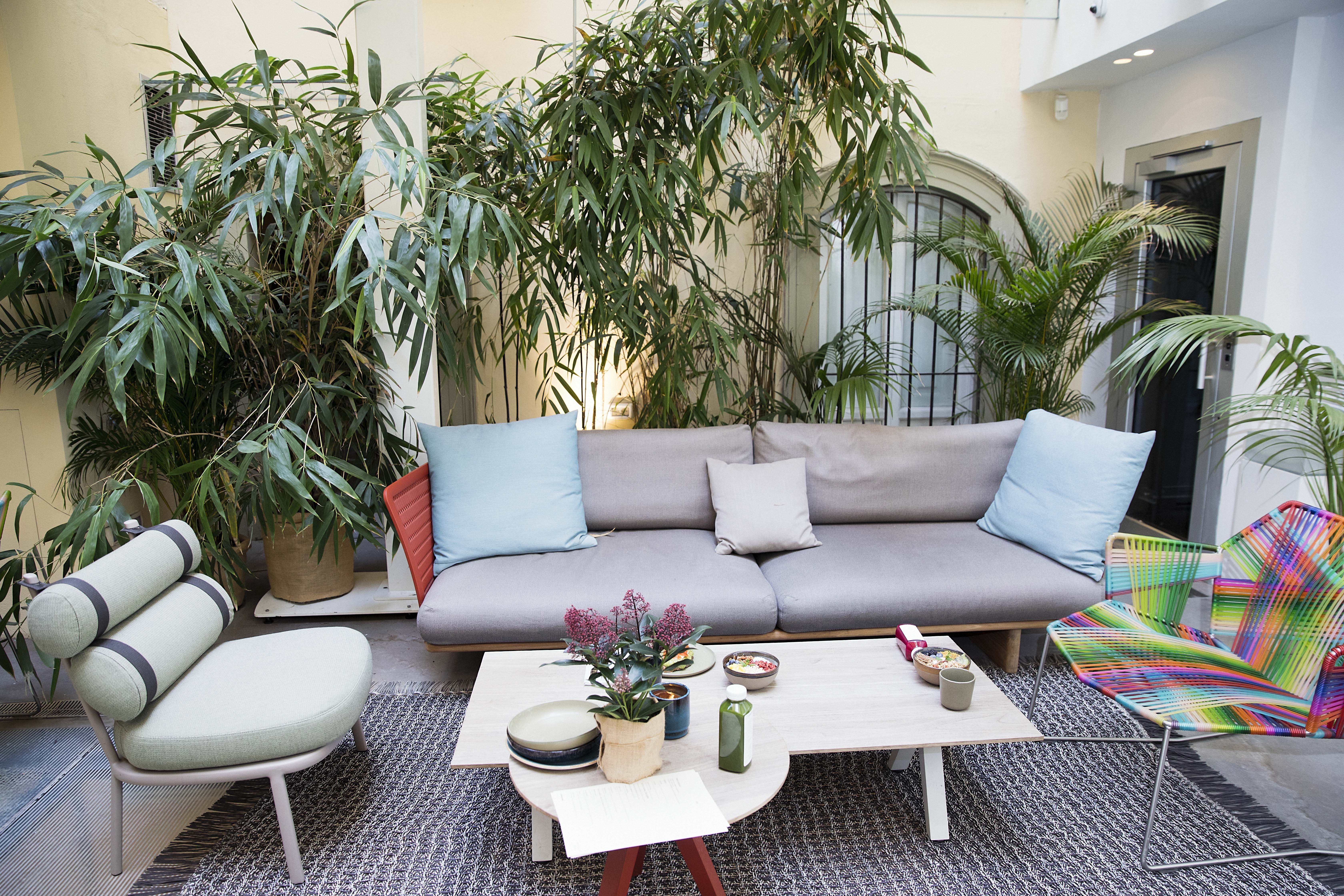
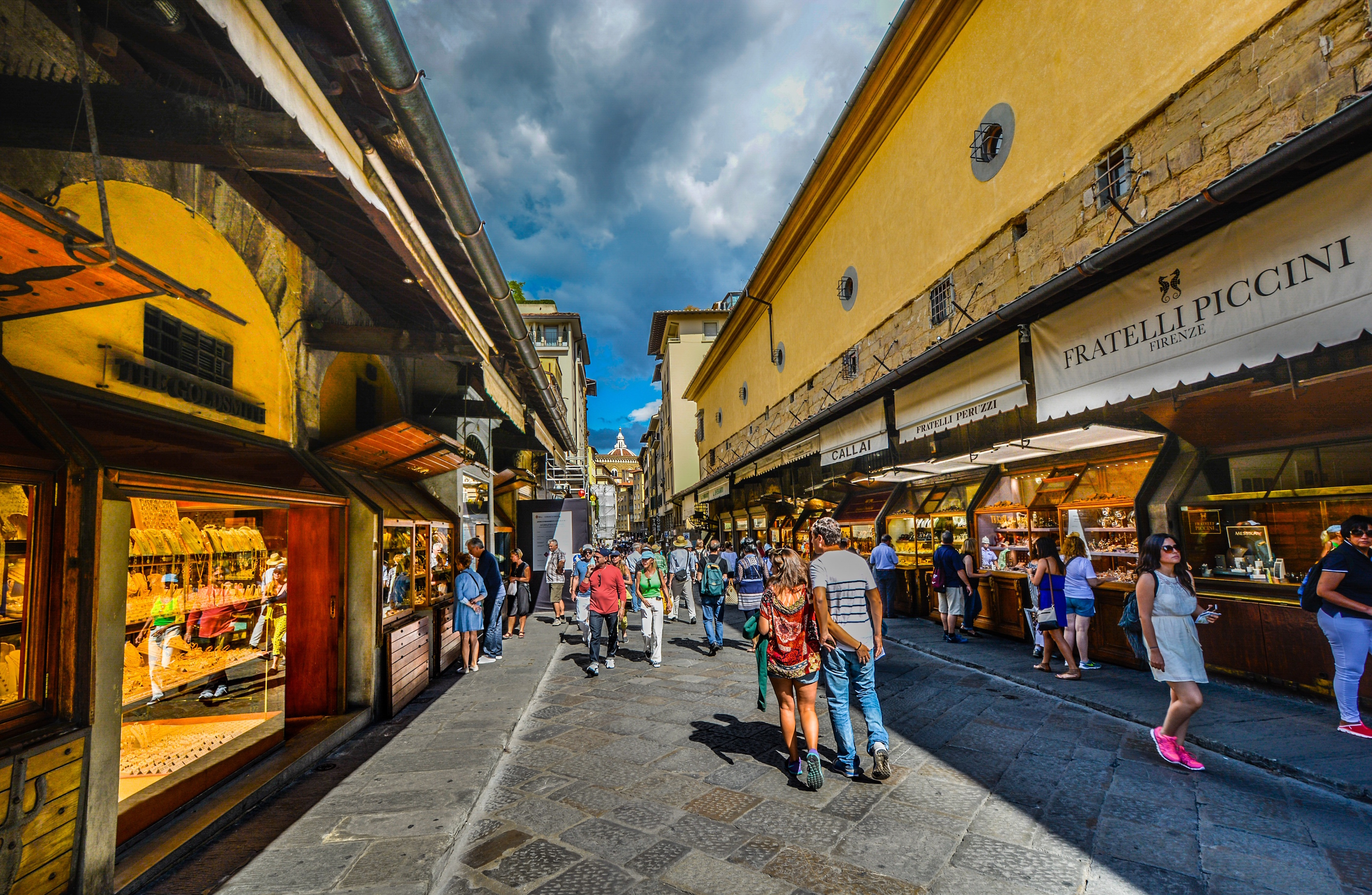

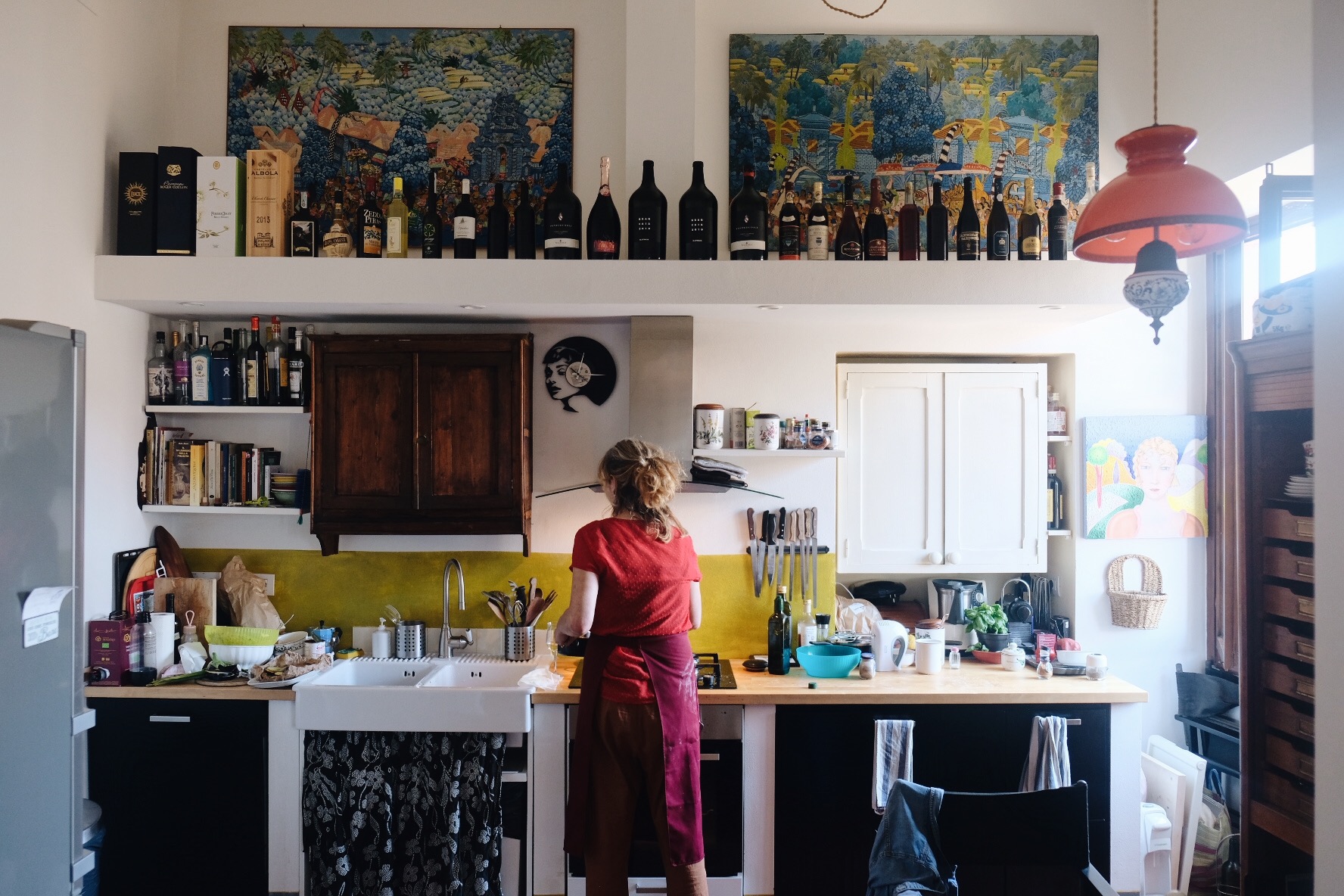
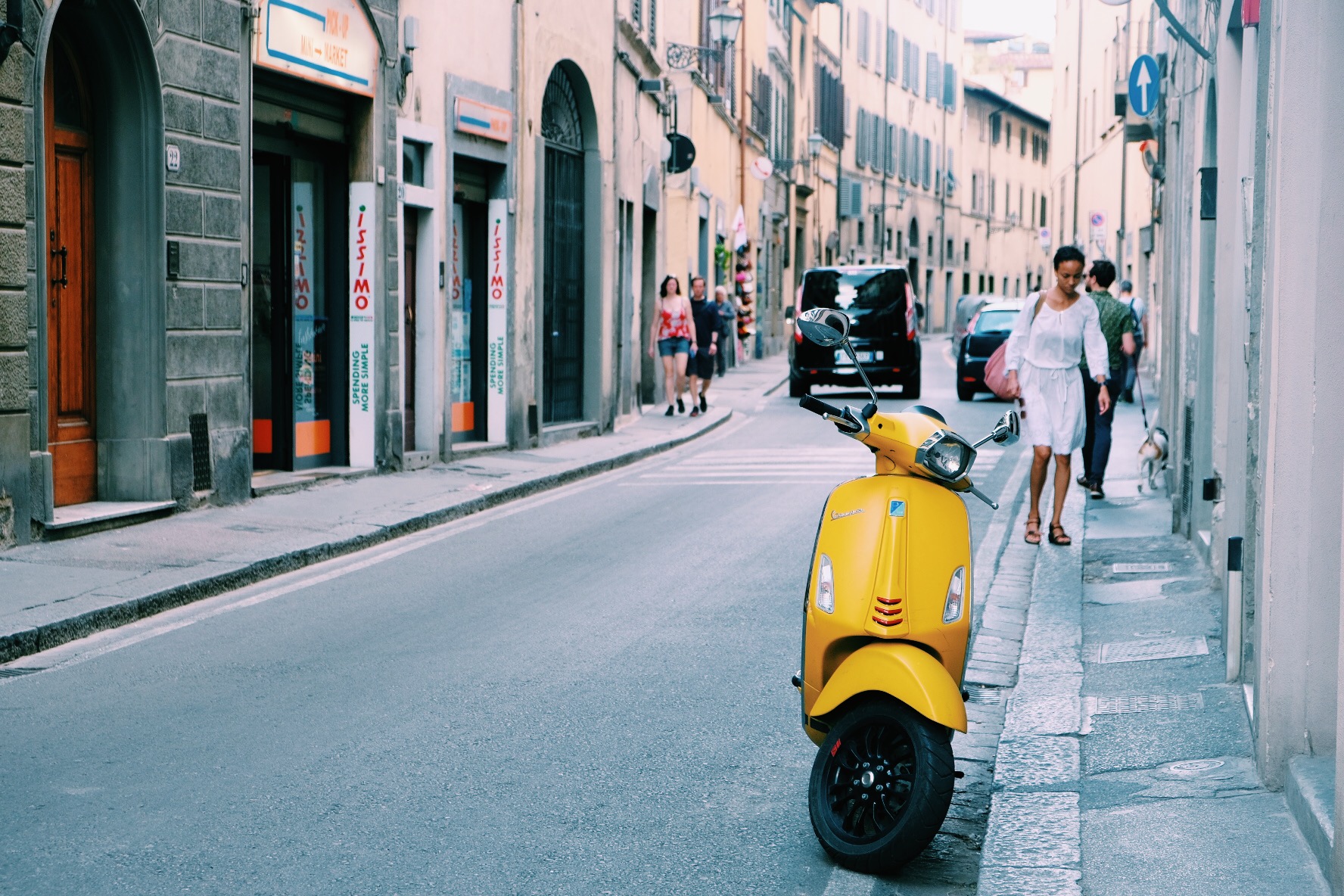
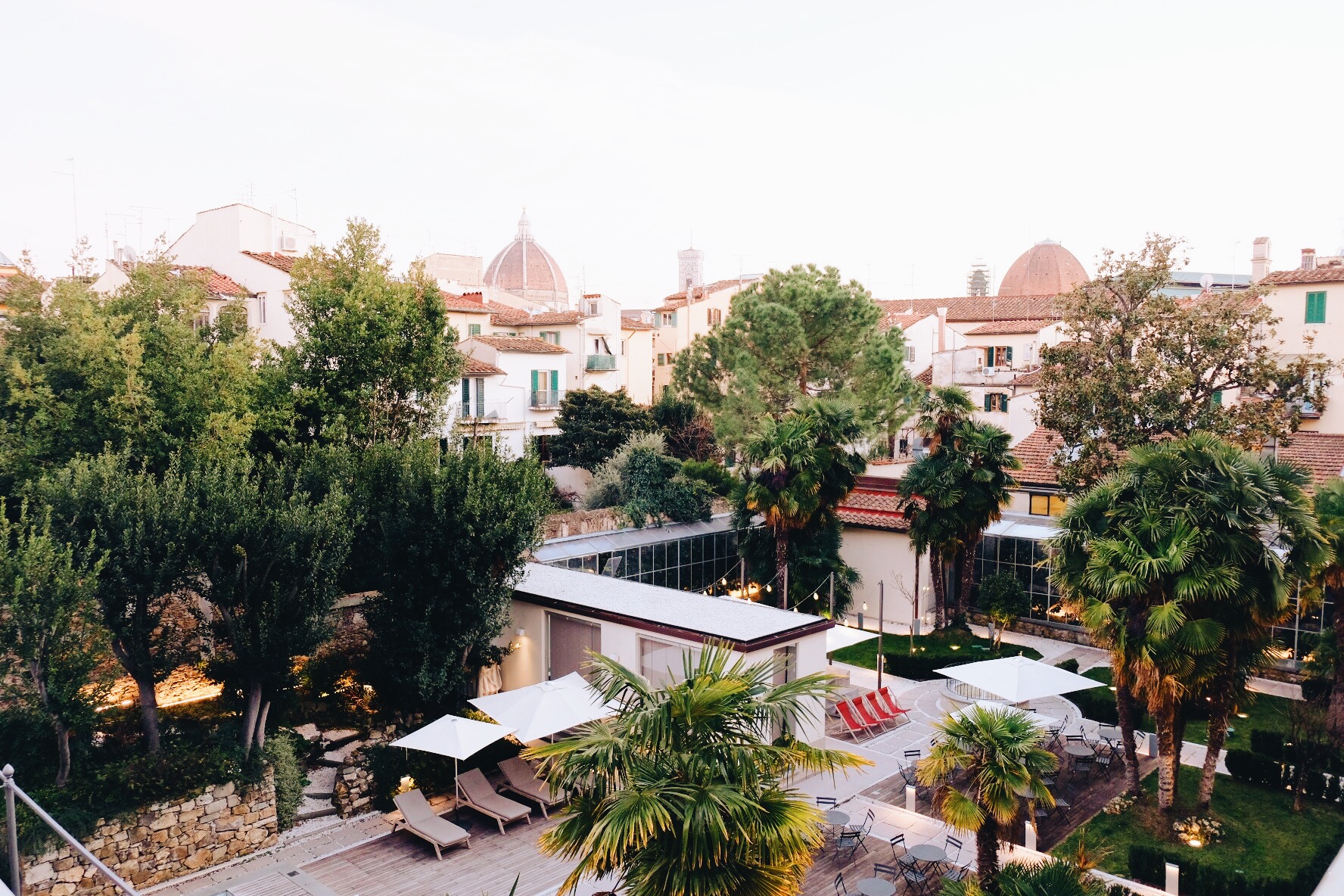
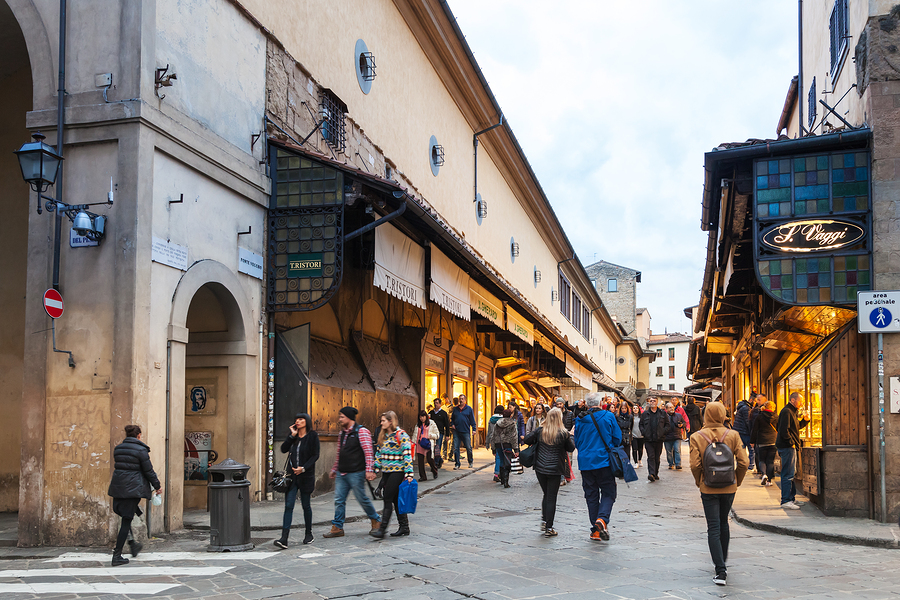
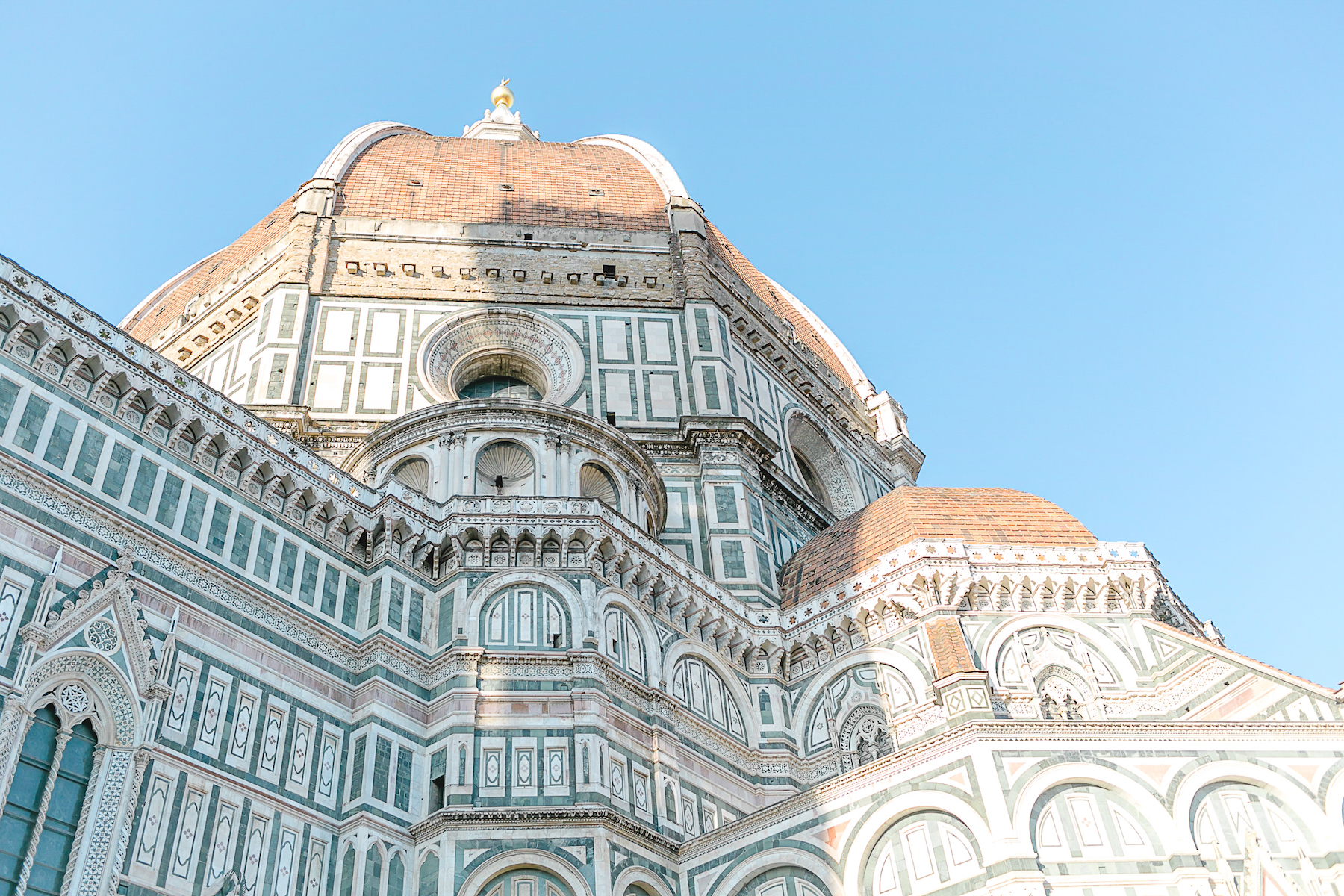
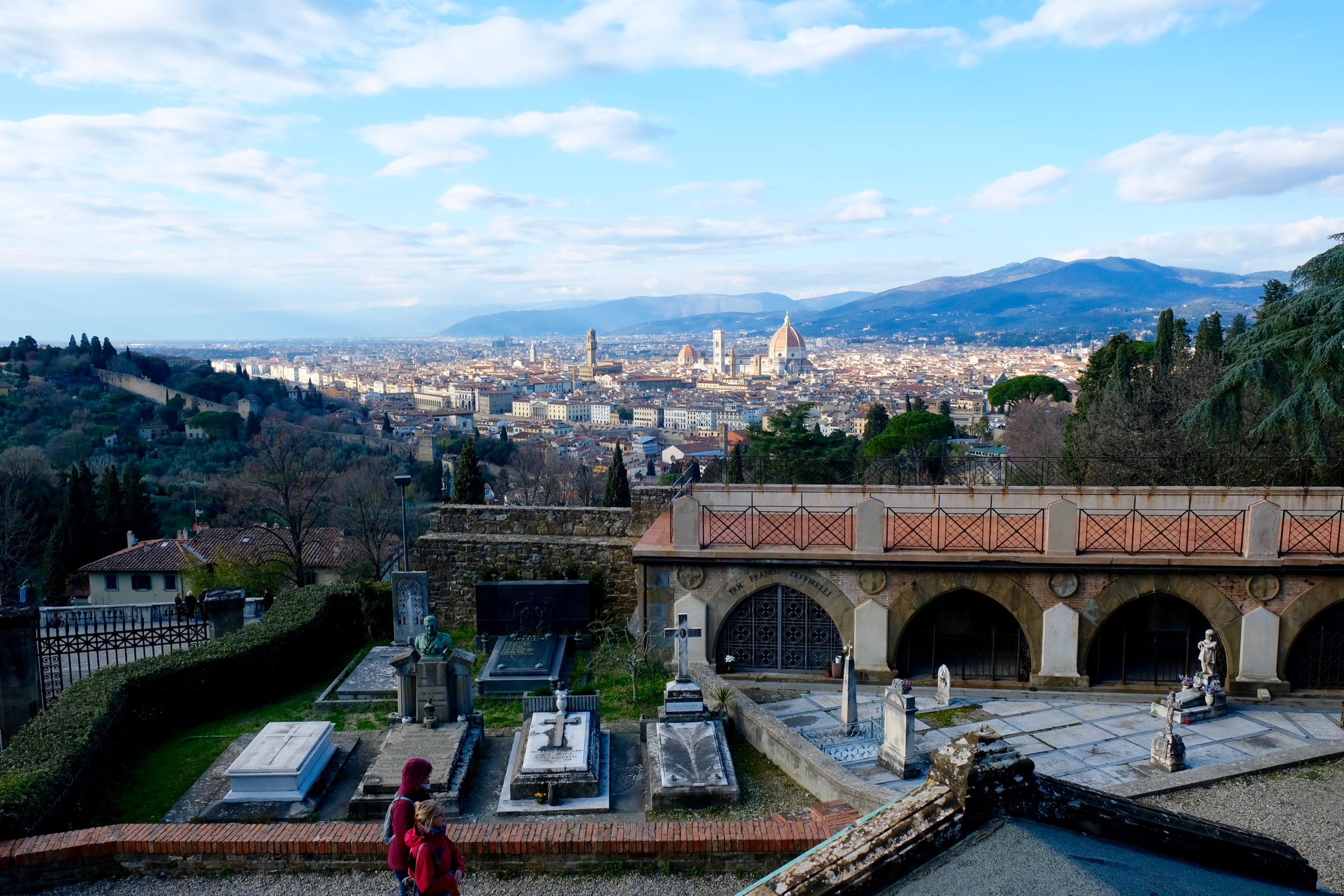
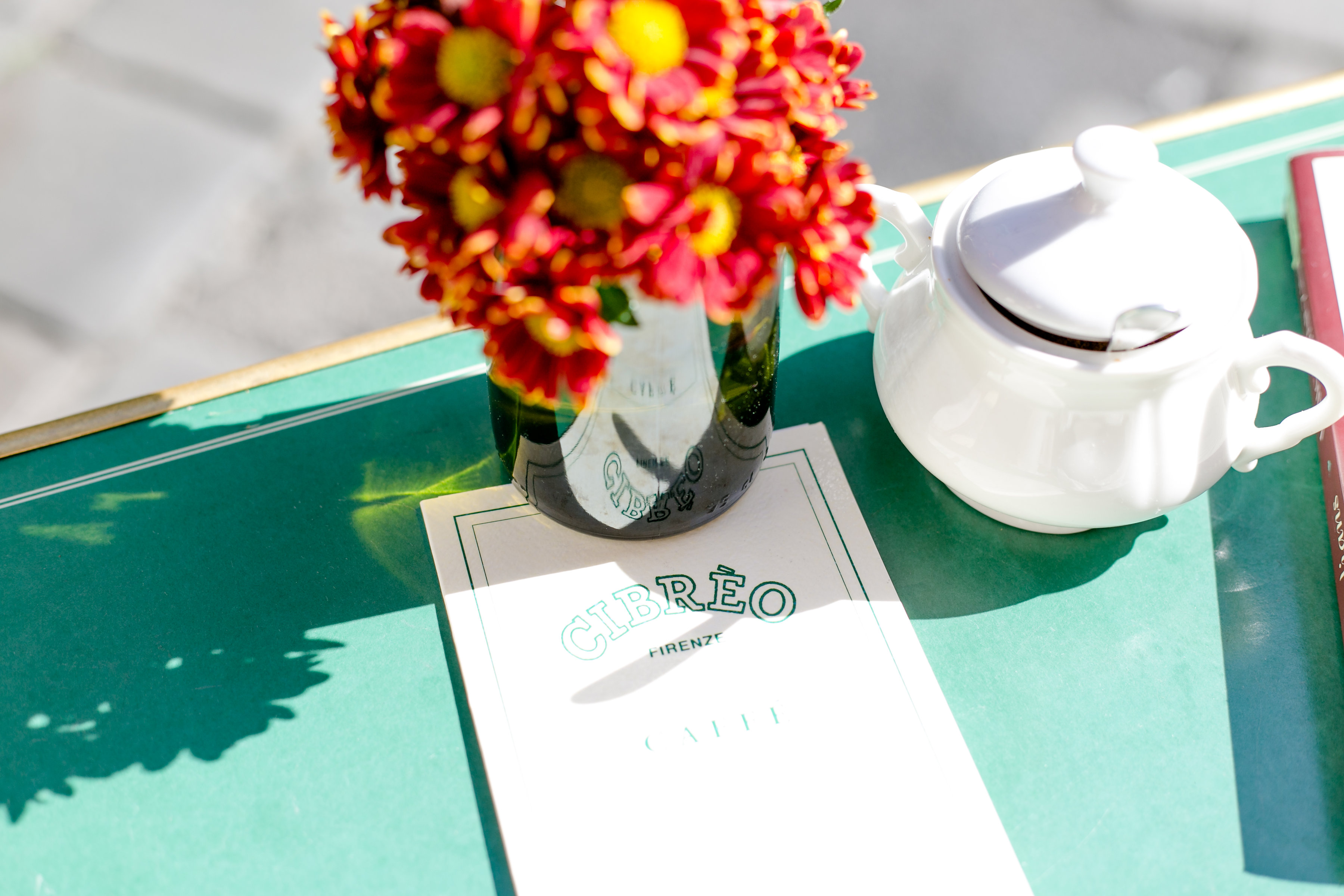
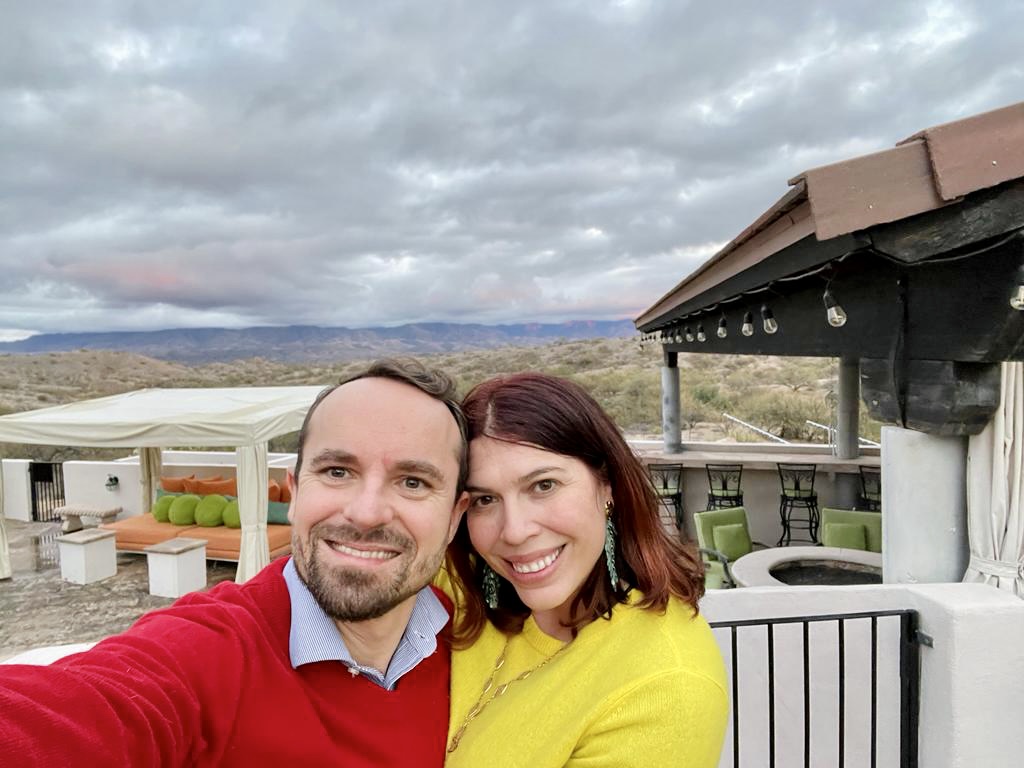
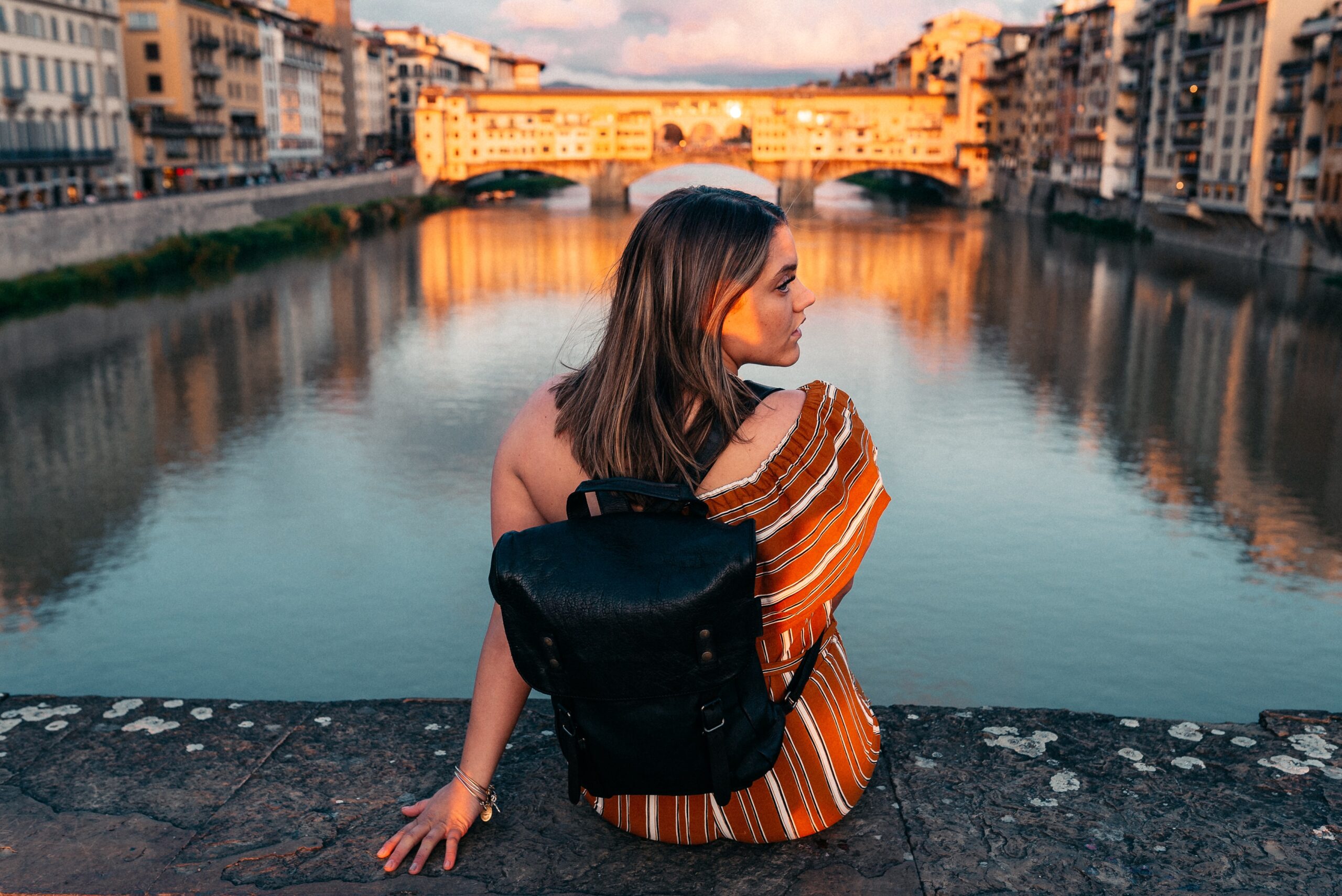
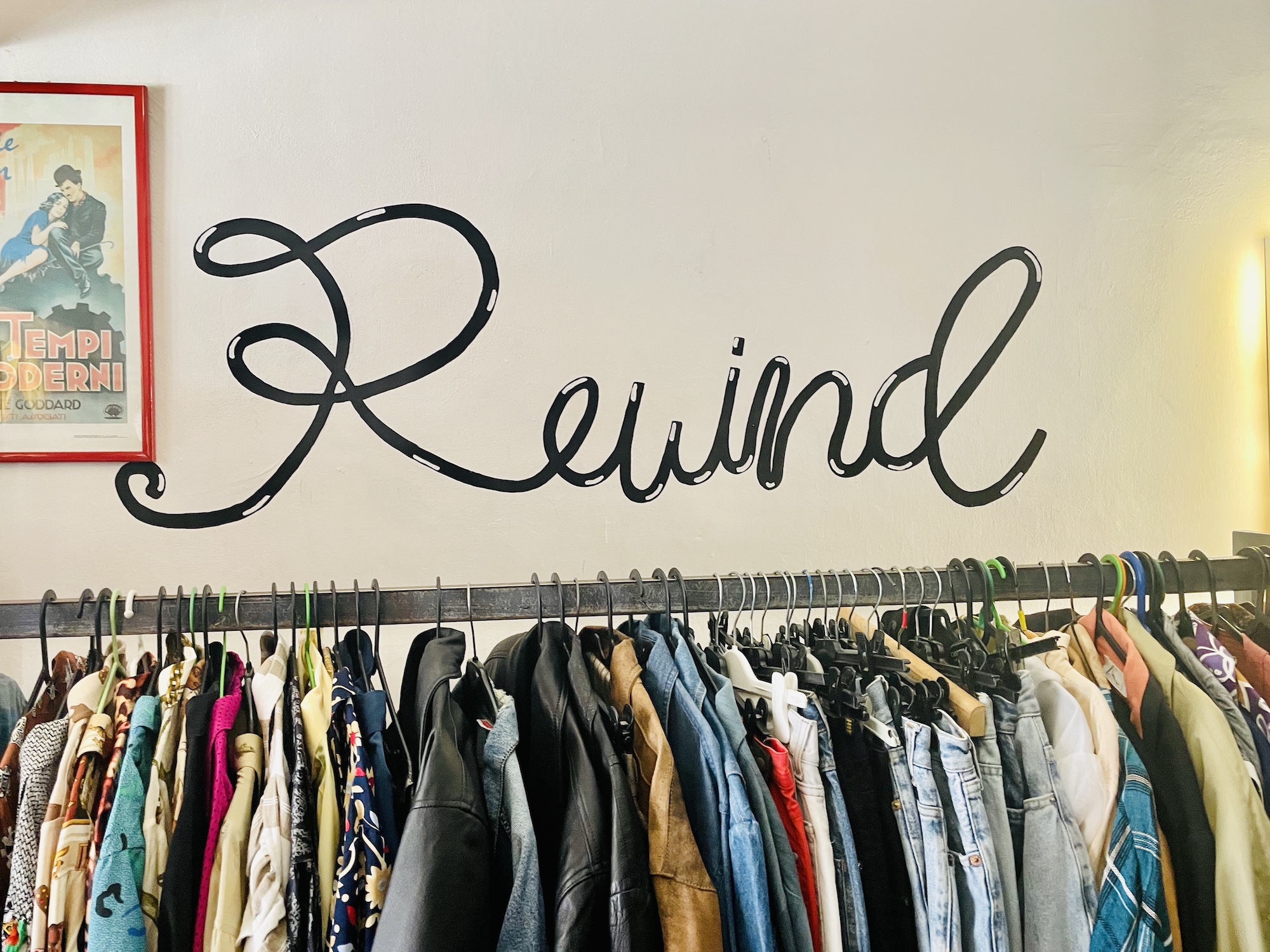
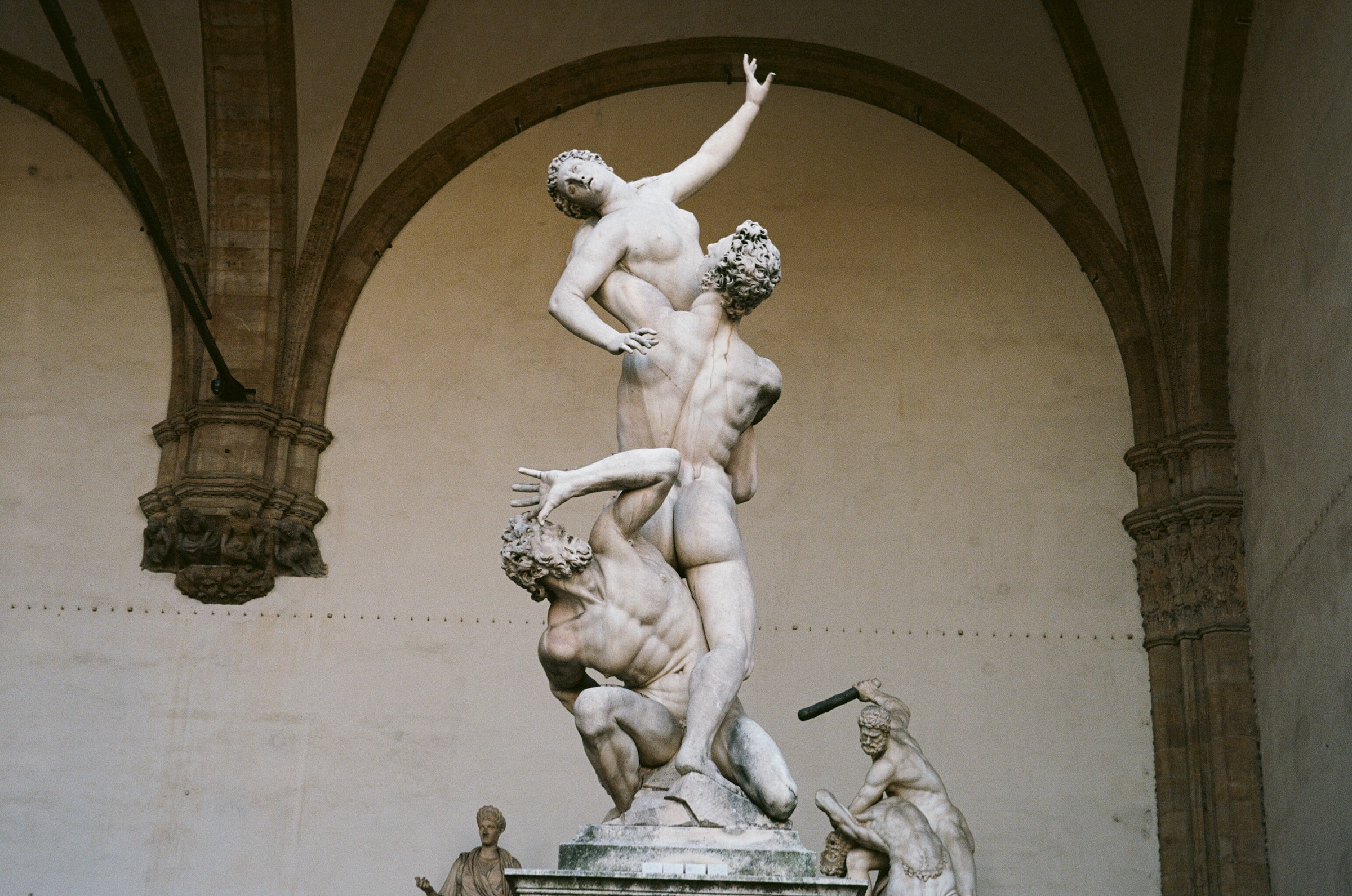


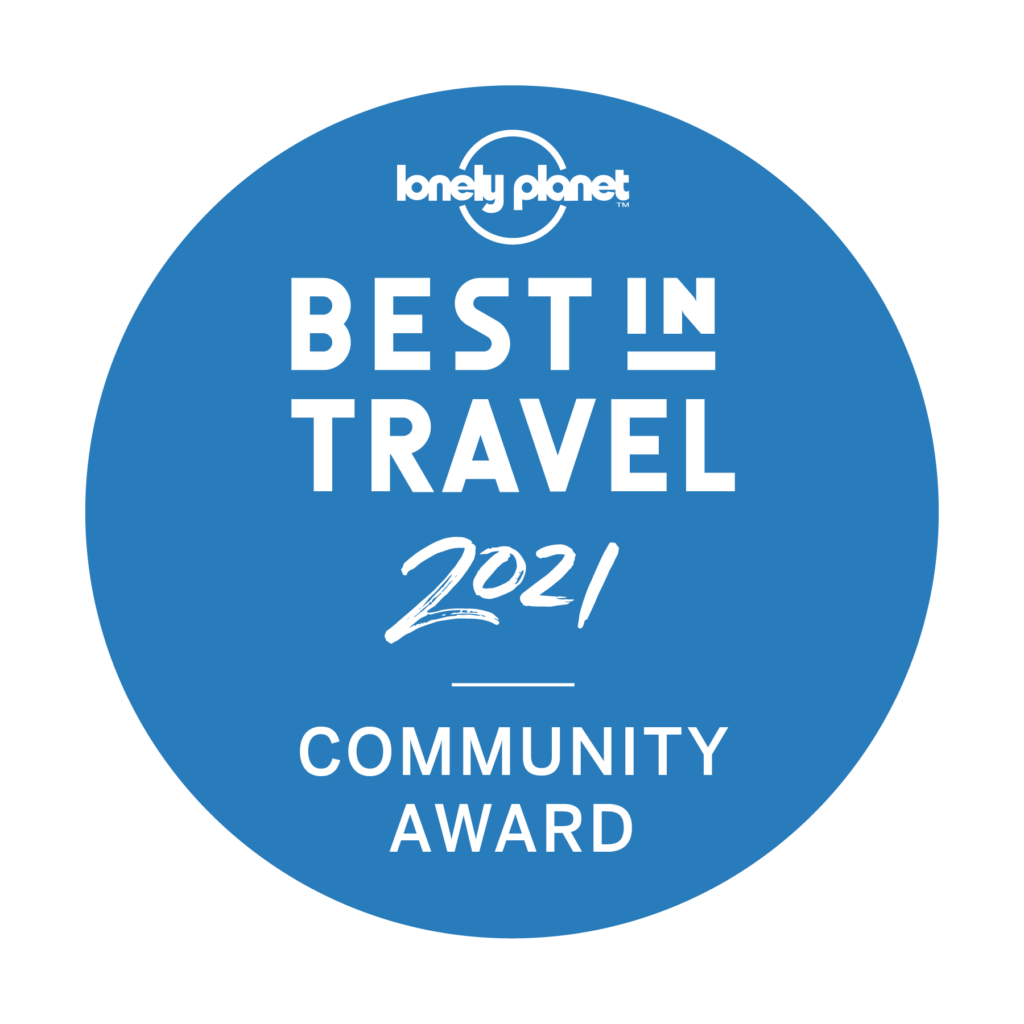
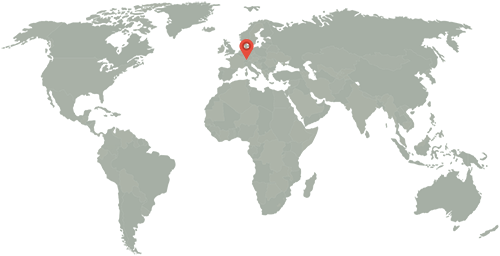
6 Responses
I’m so happy that Firenze and Venezia are using this time to think about sustainable tourism. In 40 years of visiting Italy, I’ve seen so many changes, most of which are driven by huge cruise ships and the businesses that cater to them at the expense of artisan shops and food. I love Firenze and dream of seeing her as she really is.
is there a password or meeting code to join on FB tomorrow
Ciao Lee! Here is the link to register and I’ll b e posting the playback as well!
Thanks Georgette for your great blog.
Regarding the British Institute Zoom today on Firenze Now! special panel discussion about the future of Florence and “what’s next” :
Florence, birthplace of the Renaissance and UNESCO world heritage site needs adequate planning and controls.
It’s not possible to combat the effects of over tourism without an infrastructure, adequate laws and policing.
It is estimated that of the nearly 10,000 Airbnb rentals in Florence-60 % operate on the black market. Same with illegal tour operators- 50 % are estimated to be operating in the black. That means a massive amount of workers operating in the black, lost revenue for Florence, tourist visitors without adequate recourse if something goes wrong, lack of proper controls and the overcrowding and degeneration of Florence’s branding as well as unfair competition for local companies that follow the rules.
Why not have the short-term rentals pay the same taxes as companies? At the moment most privately owed short term rentals are not registered as businesses and pay a fraction of garbage tax annually that local companies have to pay.
Why not have short term rentals have to follow the same stringent safety rules that hotels have to follow? Rules that were made to protect visitors to Florence.
Our condominium in the center of Florence went from all long-term residents a few years ago to 85 % short term rentals and student accommodation. There’s a kind of slum landlord mentality in Florence with landlords cramming in as many students or guests as possible making cheap accommodation. Next to nothing is being done to control this.
Why not encourage more up-market hotels to open up, rather than making it difficult/impossible to get a license?
Why not have more high-quality events promoting the lesser known museums, artisans, local companies and parts of Florence.
Why not have an adequate police and bureaucracy enforcing laws? Ensuring that Florence adequately protects consumers and encourages local companies to register locally and act within the laws.
Lessening group sizes would help create more work.
But mainly and first, something needs to be done about the unfair wild west out of control black market tourism that has led to over tourism in Florence and unfair competition that is facilitating the collapse of local operators and businesses. Florence needs to support and encourage local business that respect local laws.
Hi Georgette, a very interesting article.
I want to share my thoughts . I hope it is useful.
I live in a city that wants to promote itself as a tourist destination.
So I see some situations that are not as serious as in Florence or Venice, but are similar.
Are these things in the first phase of overturism or the story will be different?
I hope the situation doesn’t become like that.
Now tourism in the world is blocked. In a few months we hope that the world will find a cure. What will happen then?
I have seen one thing in particular that makes me think about the word “tourism”.
Large groups of tourists following a guide. They arrive in front of a monument. They receive
some information and after a few minutes, they run towards a new monument. They briefly invade the streets and the spaces and then disappear. Now they can say “I have visited something in somewhere”. Is this possible in just 3 hours (or maybe 2 hours)?
I tried to look for comments from these tourists on sites like Tripadvisor. It is clear that they did not have time to understand what they saw and perhaps they were not very interested.
These are the so-called “hit and run” tourists. I believe, however, that these types of tourists could be easily more manageable than others. Especially using new technologies. It is possible to limit the number of people in groups. It is possible to prohibit access to certain areas at certain times of the day, etc …
I think that tourists who want “experiences” can be more dangerous for a city:
Living in the areas where the locals live: living in houses rented by web platforms, not like locals but replacing locals (only for 2 or 3 days)!
Participating in the events of the city: events that are ultimately designed for tourists (if events are truly “locall” they have linguistic or cultural barriers that do not make it easily to sell).
Eating like the locals: Is this possible in a restaurant that has to satisfy customers from all over the world? Are you kidding me?
Experiencing local traditions and knowledge: “we can show you traditions, crafts and habits that have not changed for centuries!” Are you talking about fossils? So many things we have today were similar 100 years ago but now they are not the same. And they will be similar but different in 20 years.
I believe that tourism for some people today is a consumer good like a clock.
For others it is an experience that must be lived. In this second case, I think they only get an illusion.
The final point: Everything I described earlier offers low wages, let me say a kind of “bullying” towards other types of economic activity, pollution and damage to the environment. Today we have a lot of research about this.
There is hard work to do …